Common Mini Split Error Codes And What They Mean In Wenatchee
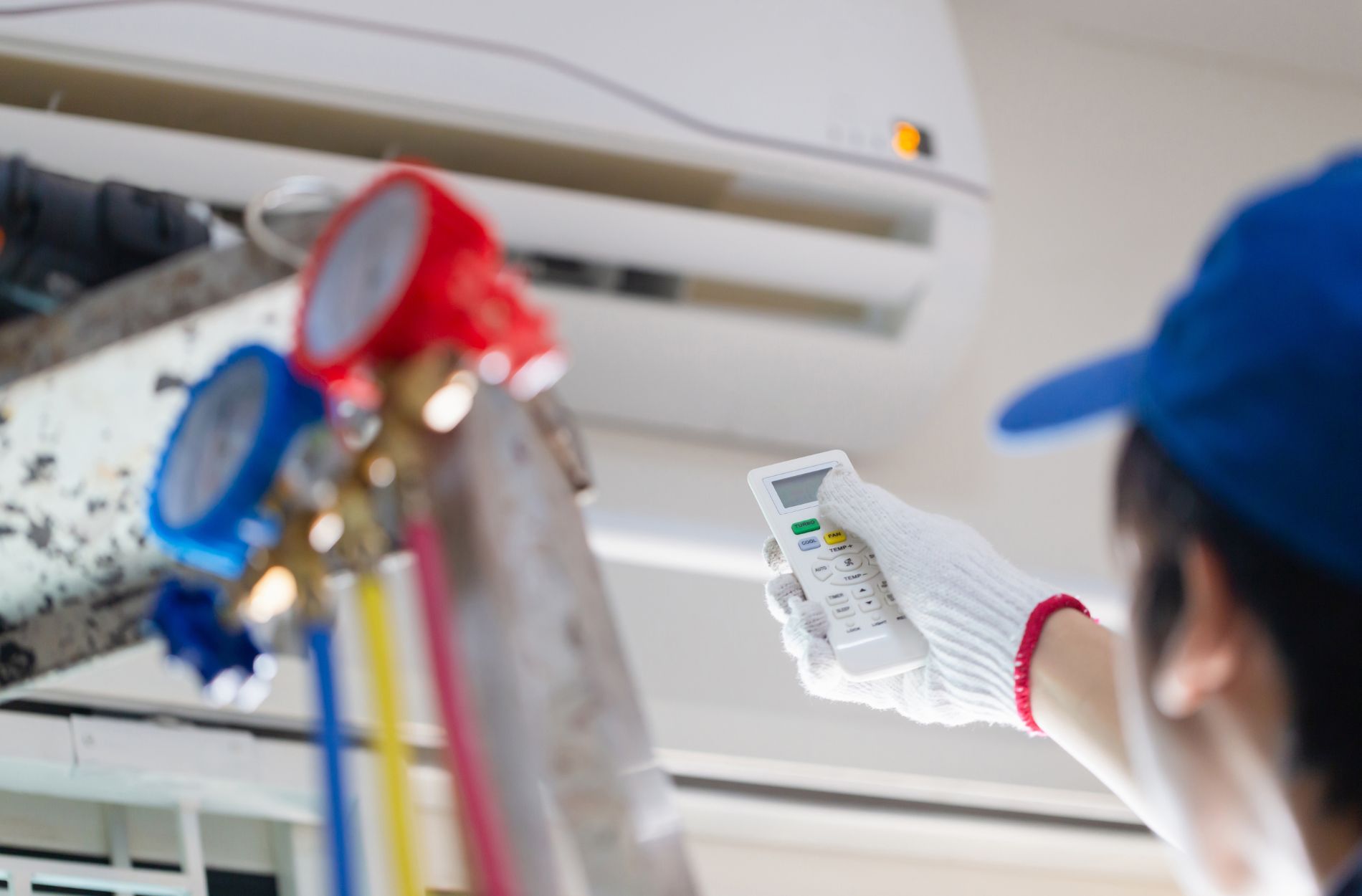
Common Mini Split Error Codes And What They Mean In Wenatchee
Mini split systems have become a reliable choice for many homeowners in Wenatchee. They offer comfort with efficient heating and cooling, all without the bulky ductwork. Their compact size and zoned temperature control make them appealing for both new homes and upgrades. But like many modern appliances, mini split systems rely on electronics to operate, which means sometimes, they show error codes when something is off.
If you are seeing unfamiliar codes on your indoor unit or remote control, you are not alone. Knowing what these messages mean can reduce stress and help you decide what to do next. Some error codes are easy to fix, such as cleaning a blocked filter, while others point to issues best handled by our professionals. Understanding these mini split error codes helps you avoid unnecessary discomfort and may prevent bigger problems down the line.
What Are Mini Split Error Codes?
Mini split error codes are built-in alerts. When the system senses something abnormal, it uses these codes to signal what could be wrong. Instead of random blinking lights or system shutdowns, homeowners get clear warnings through letters and numbers displayed on the unit or remote. These codes are part of the system’s way of protecting itself and preventing more serious damage.
For example, if the system detects low refrigerant, poor drainage, or a failed sensor, it will not just keep running as if everything is fine. Instead, it may pause performance and give you a code like “E6” or “P4” to indicate where the problem is. While the codes vary depending on your mini split brand, they generally follow the same structure—one or two letters followed by a number. These combinations are more than technical jargon. Each one has a specific meaning that helps narrow down the problem.
Learning to recognize them can provide a useful starting point. It helps homeowners communicate better with our technicians, and in some cases, it helps homeowners avoid extra delays. Imagine noticing a code pop up on a warm afternoon in Wenatchee, only to ignore it, assuming it is just a glitch. A few hours later, your system stops working entirely. Now it is more than an inconvenience. Knowing what the code meant could have saved time and discomfort.
Even if you do not memorize every error code, having a basic understanding of why they appear and what they might mean helps you take quicker action. Some people may try to reset their system by cutting power or flipping breakers, and while this might temporarily clear the code, it does not address the real problem behind it. That is why recognizing the signals early and responding properly matters.
Common Mini Split Error Codes and What They Mean
Although exact codes can differ based on manufacturer, most mini split systems include similar alerts for shared functions like airflow, temperature sensors, voltage issues, or communication failures. Here are some frequently encountered error codes and what they generally indicate:
- E1: Communication Error
This code shows a lost connection between the indoor and outdoor units. It could be caused by wiring issues, power problems, or faulty circuit boards.
- E5: Overload Protection or Compressor Fault
If your system shows E5, it may be related to a compressor overworking or overheating. This situation usually requires service by a trained technician.
- P1: Voltage or Electrical Issue
This means the system is experiencing a voltage problem, often too high or too low. Power surges or unstable connections may be behind it.
- E6: Drainage Problem
A clog or poor drainage is likely the culprit. Without proper drainage, the unit may shut down to avoid water damage or sensor faults.
- F1: Indoor Temperature Sensor Error
If your unit struggles to read indoor temperature correctly, it may show this code. This can affect how well your mini split maintains comfort.
- P4: Inverter Module Fault
The inverter handles energy use and efficiency. If it is not working right, the system will not perform as it should.
Each of these codes points to specific problems. Some can be resolved by cleaning filters or checking for clogs, but others are deeper electrical or mechanical issues. Trying to operate the system with these codes active can lead to more damage, and in some cases, your system will shut itself off to prevent just that.
Keeping a list of common codes nearby or reviewing your manual can be helpful, but it is more important to know when something needs more than a simple check. That is where the next step comes in—proper troubleshooting.
Troubleshooting Mini Split Error Codes at Home
When a mini split system in your Wenatchee home flashes an error code, the immediate response is often confusion followed by concern. While not every issue can be solved without tools or training, there are a few things you can safely do to assess the situation before calling for help.
Here is how most homeowners can start:
1. Turn off the unit: This is the safest first step. Powering down your system stops any strain on components and gives you a moment to inspect.
2. Check the filters: Dirty or clogged filters are one of the easiest-to-fix issues that can still trigger error codes.
3. Inspect the outdoor unit: Make sure it is clear of leaves, dust, or snow. Poor ventilation can sometimes lead to overheating or airflow issues.
4. Look for drainage problems: Through the condensate line, check for signs of water buildup or blockage.
5. Restart the system: After turning it off and waiting 3 to 5 minutes, restart the unit and see if the code returns.
If the error comes back after a system reset, it is best to stop further attempts and seek professional help. Continuing to operate a system that is clearly showing signs of stress can cause permanent damage. Even with regular cleaning and visual checks, some system failures remain hidden without the right diagnostic tools. At that point, it is time to involve trained technicians who can properly pinpoint and fix the issue.
When to Contact Our Technicians in Wenatchee
Wenatchee homeowners rely heavily on mini splits during hot summer days. That is why any delay in repairs or missteps in troubleshooting can create real discomfort, especially during June and July. Recognizing when to stop guessing and contact our technicians makes all the difference in protecting your comfort and your unit.
Contact a technician when:
- The same error code keeps returning after basic checks
- You hear odd noises, smells, or notice a drop in performance
- There are electrical concerns such as flickering lights or tripped breakers
- You see pooling water near the indoor unit or leaks from hidden areas
- Your indoor unit will not respond to remote commands
Some of these signs indicate damage to internal components like circuit boards, sensors, or compressors. These issues require technical skill and should never be handled by someone without experience. Our technicians in Wenatchee deal with these problems every day and have access to manufacturer data that helps solve them quickly and safely.
Ignoring a serious error code in hopes it will go away can result in bigger, more expensive repairs later. Even a fan motor issue, if unaddressed, may lead to indoor coil freezing, water leaks, or compressor failure. That is why homeowners are encouraged to shut the system down and get it looked at early rather than risk further damage from continued use.
Keep Your Mini Split System Running Strong
Understanding your mini split system’s error codes gives you an edge when building a long-term maintenance routine. You do not need to know how to fix it yourself, but learning to recognize trouble early makes a difference. It helps avoid excessive downtime and prevents simple issues from spreading into larger ones.
Many homeowners in Wenatchee have found that keeping their systems in good shape year-round means faster service, better performance, and fewer breakdowns, especially when the weather hits extremes. Error codes are not just warnings. They are your mini split telling you it needs attention. Whether it is a clogged filter, low voltage, or something as complex as an inverter fault, having it addressed right away can make all the difference.
To get the most value and performance from your system, regular inspections and quick action on any errors go hand-in-hand. Treating each code seriously, even if the unit seems to work fine, gives your system the support it needs to handle every season in Wenatchee smoothly.
For reliable mini split installation in Wenatchee, trust Central Washington Heating and Air to ensure your system is set up correctly and that any error codes are resolved quickly to maintain consistent comfort in your home. For a quick estimate or to book a service visit, please contact us today.
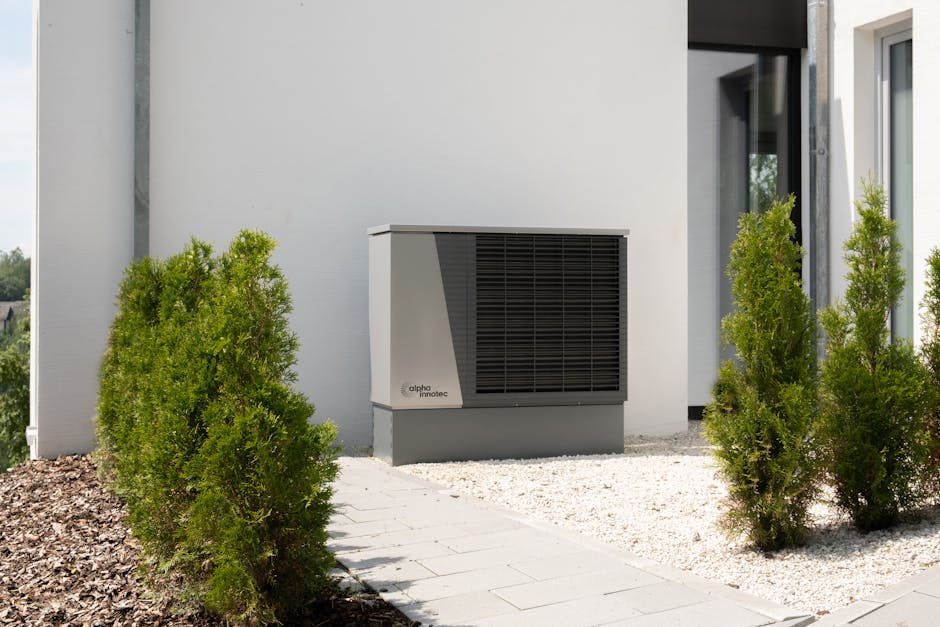
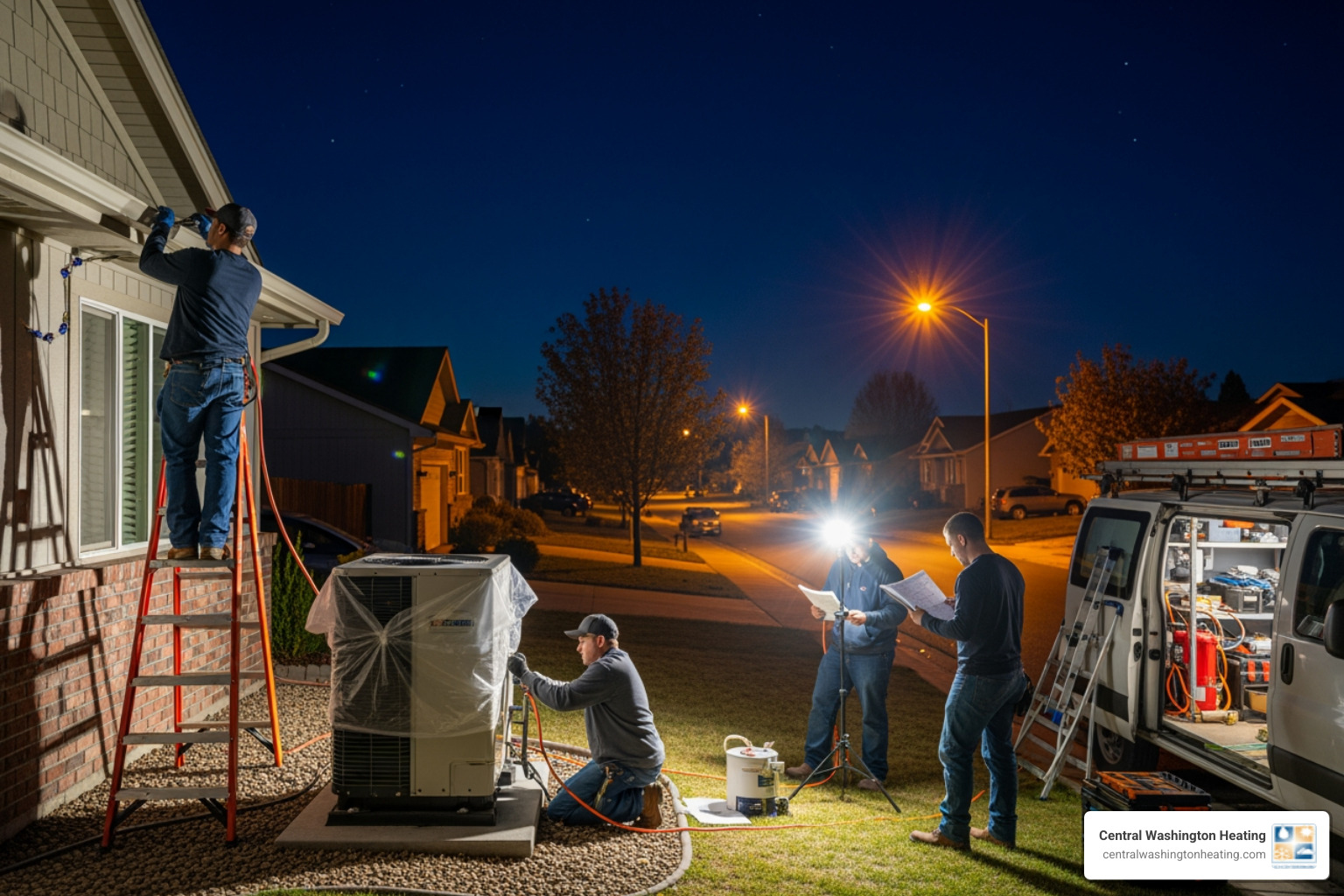
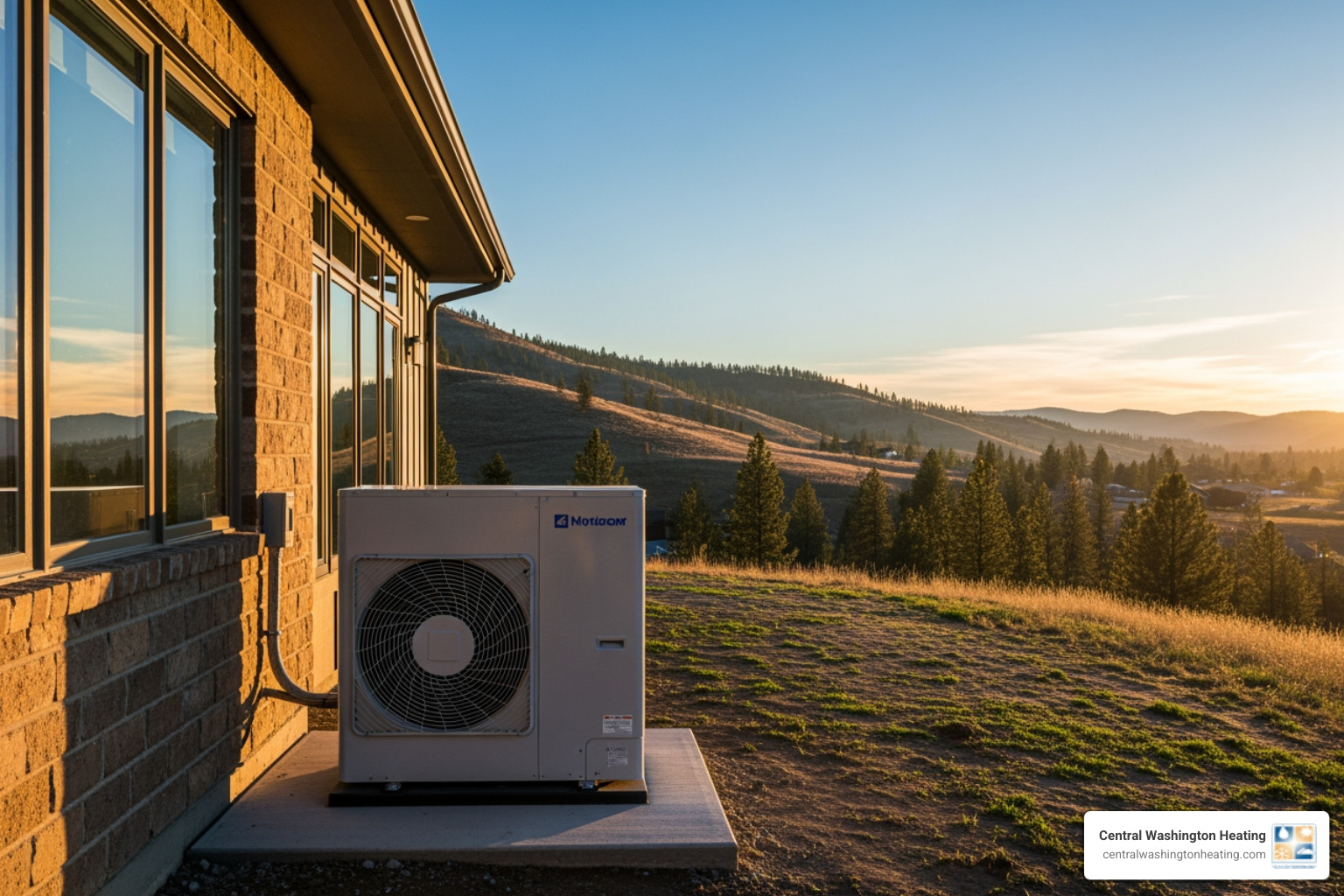
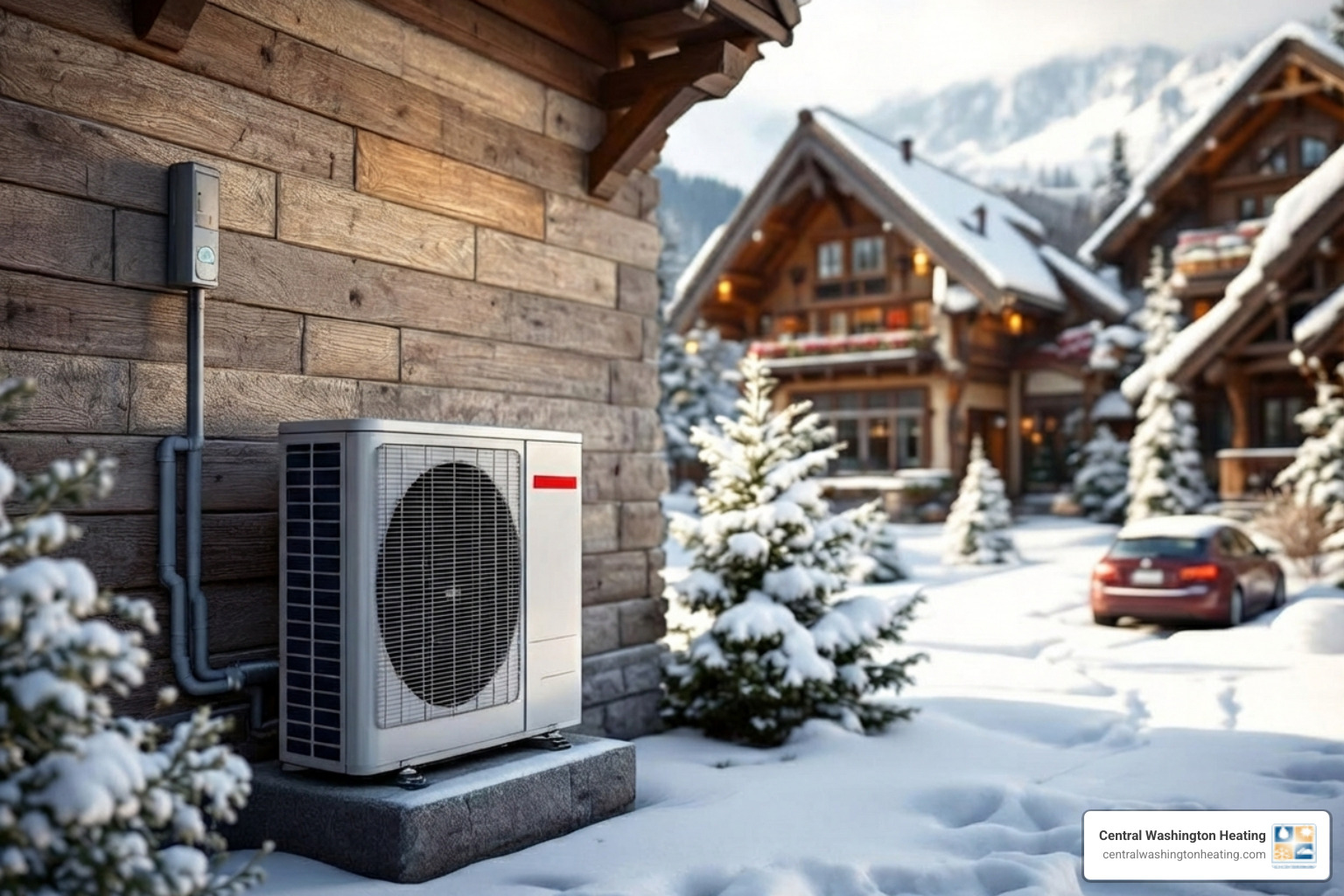
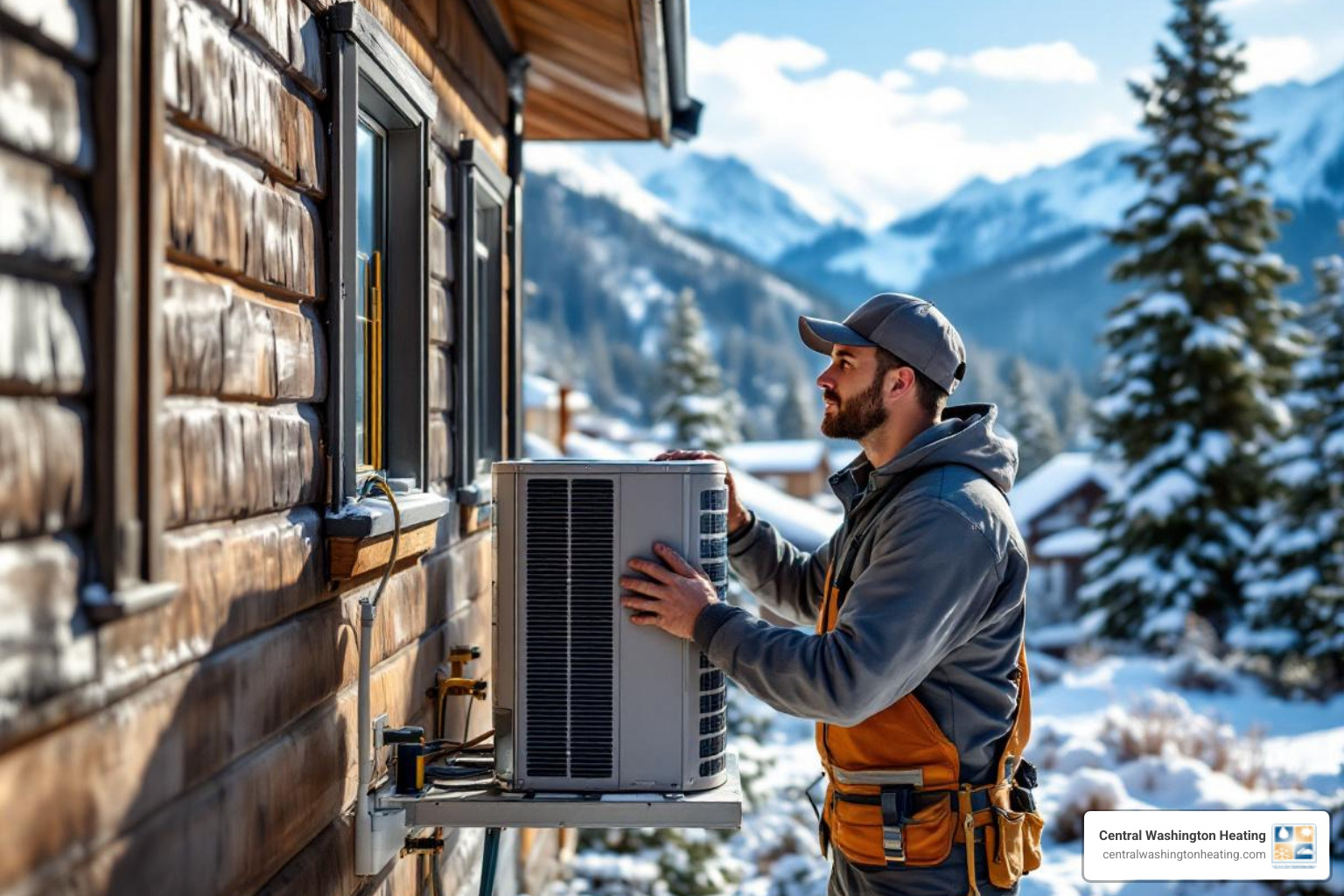
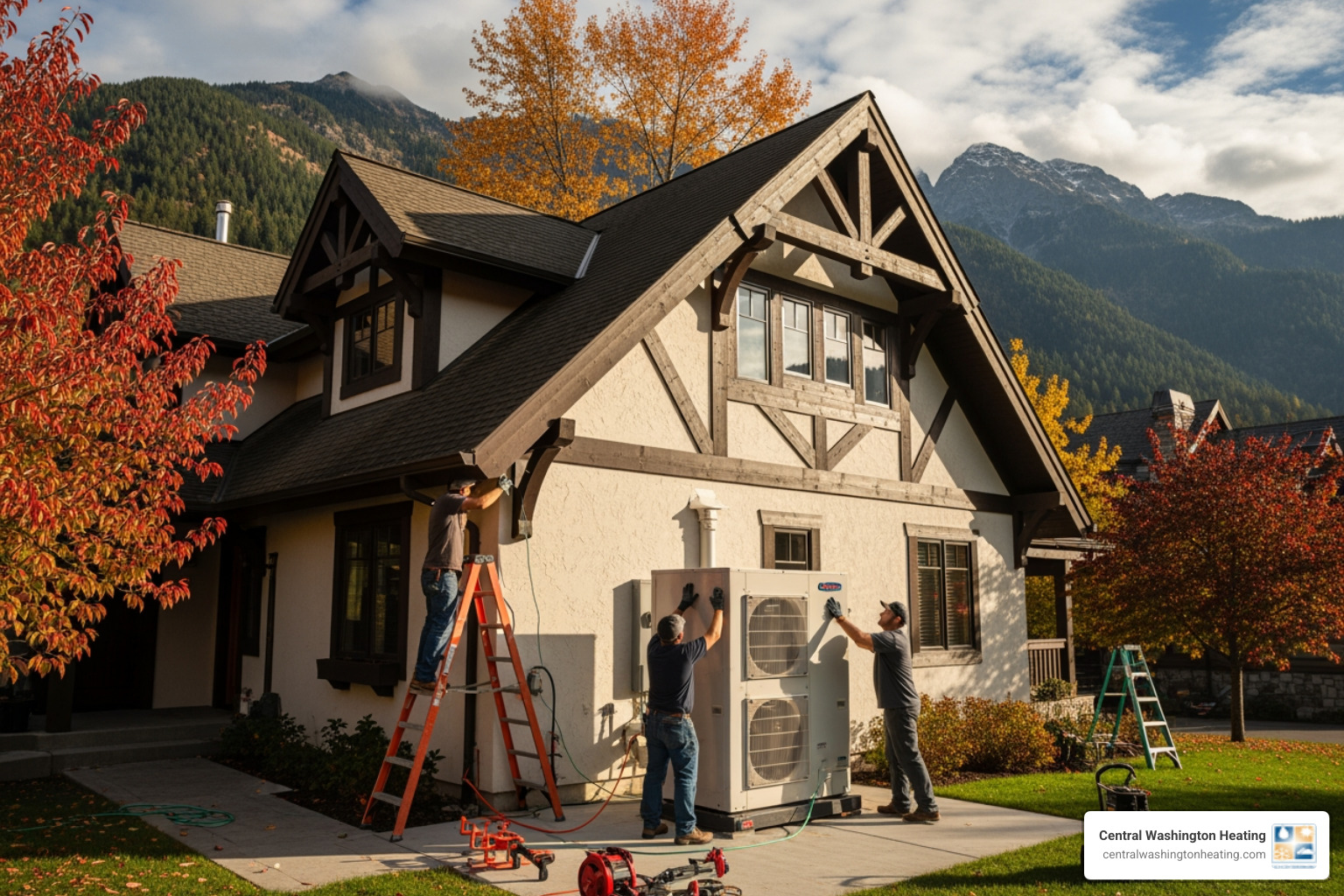
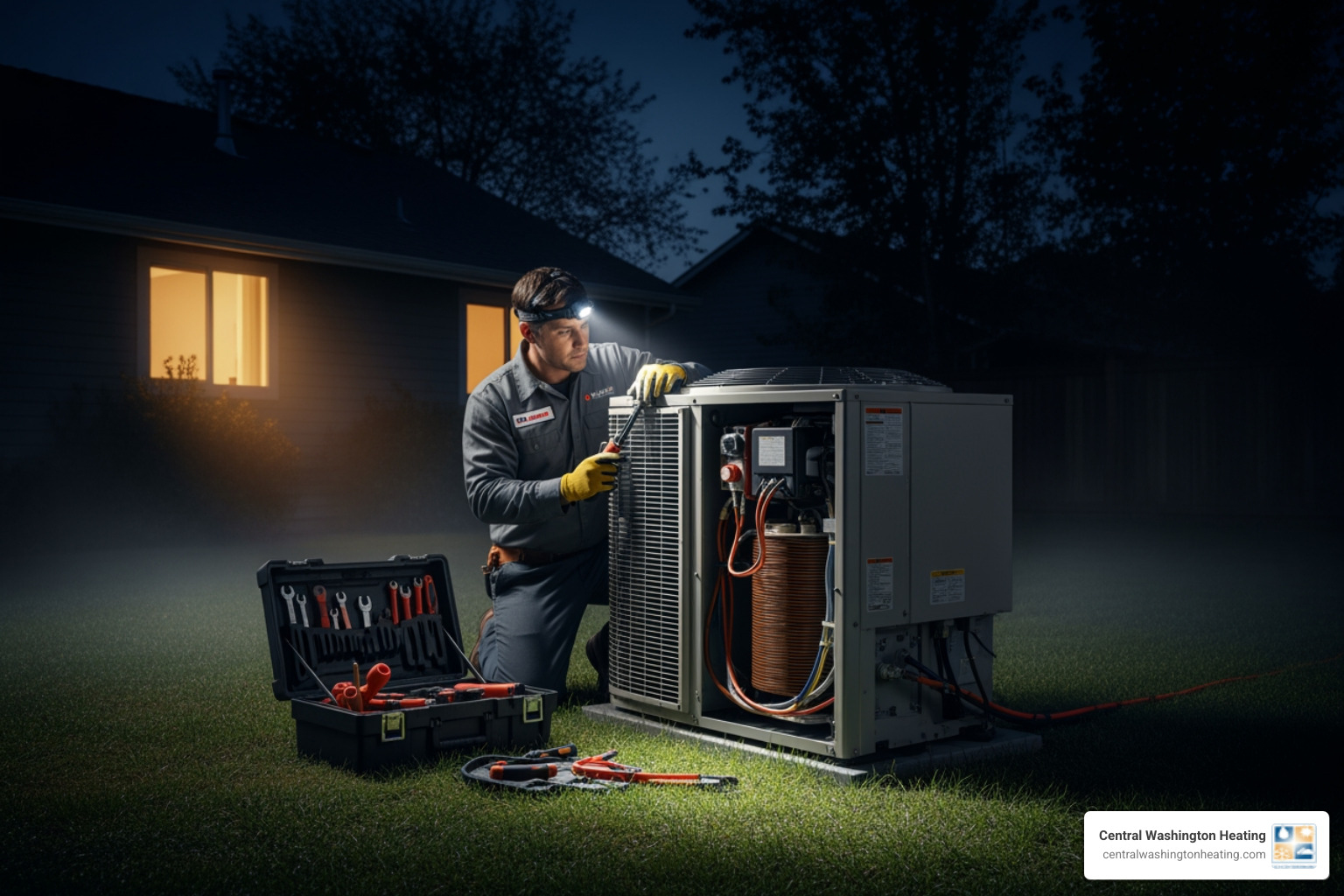
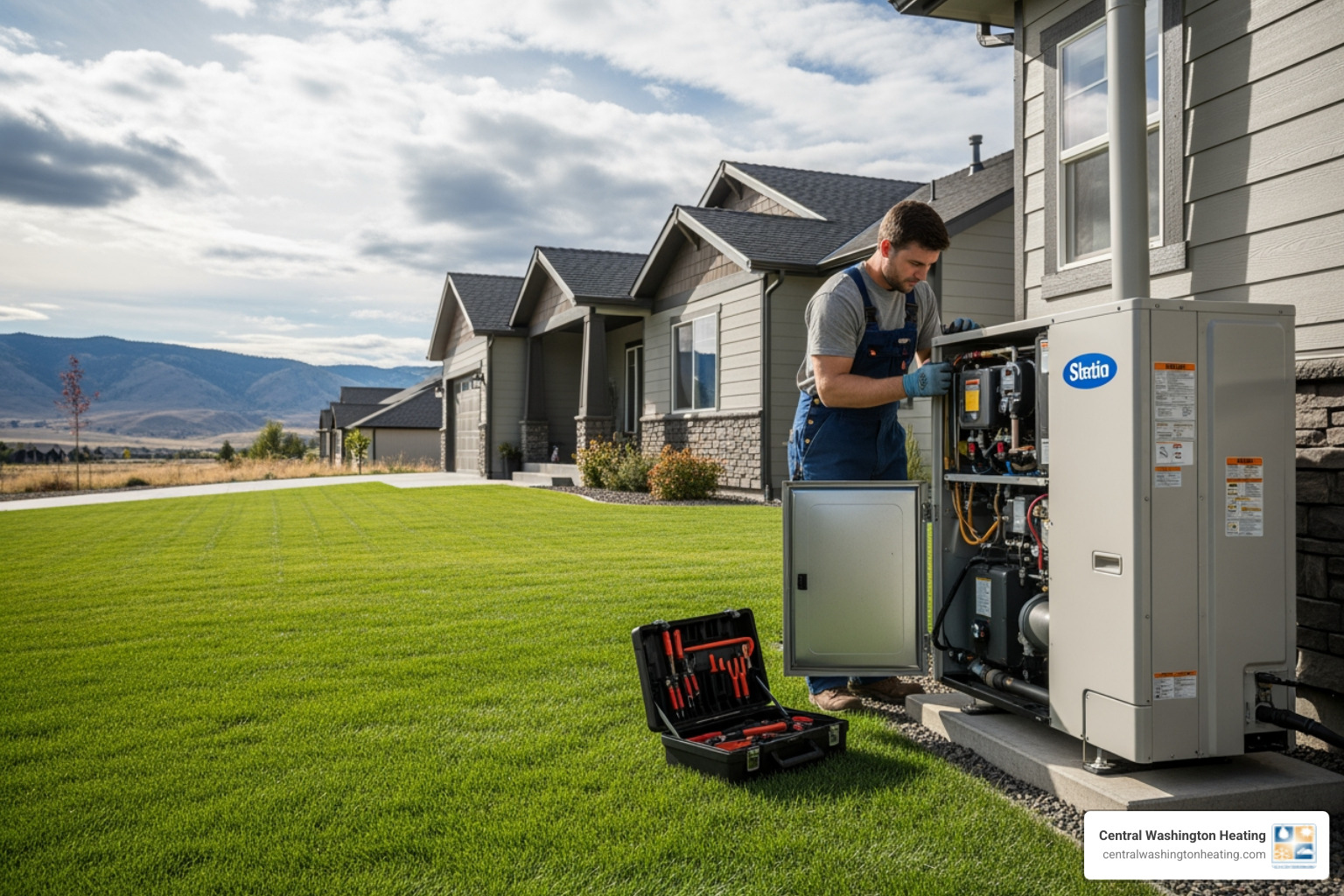
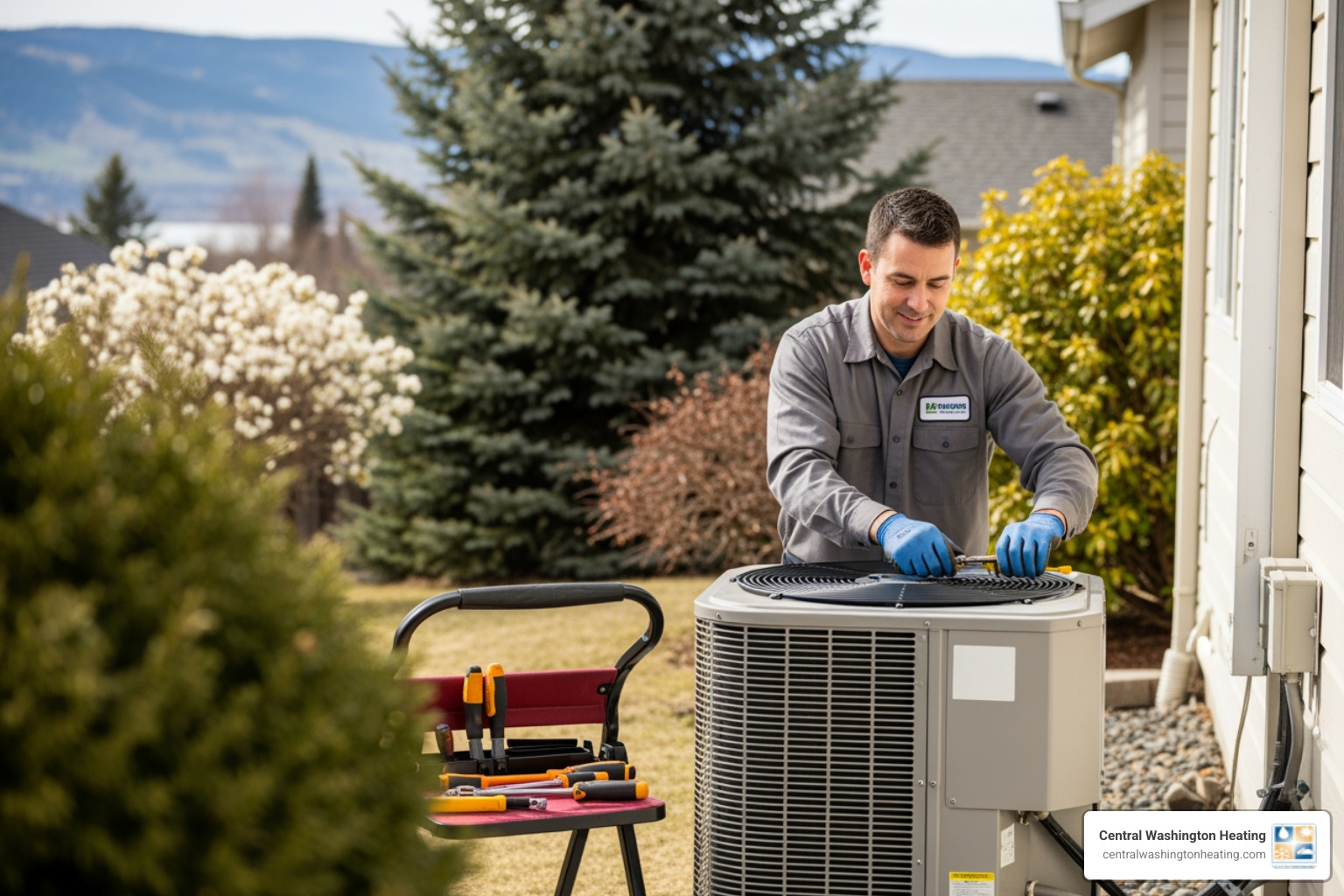

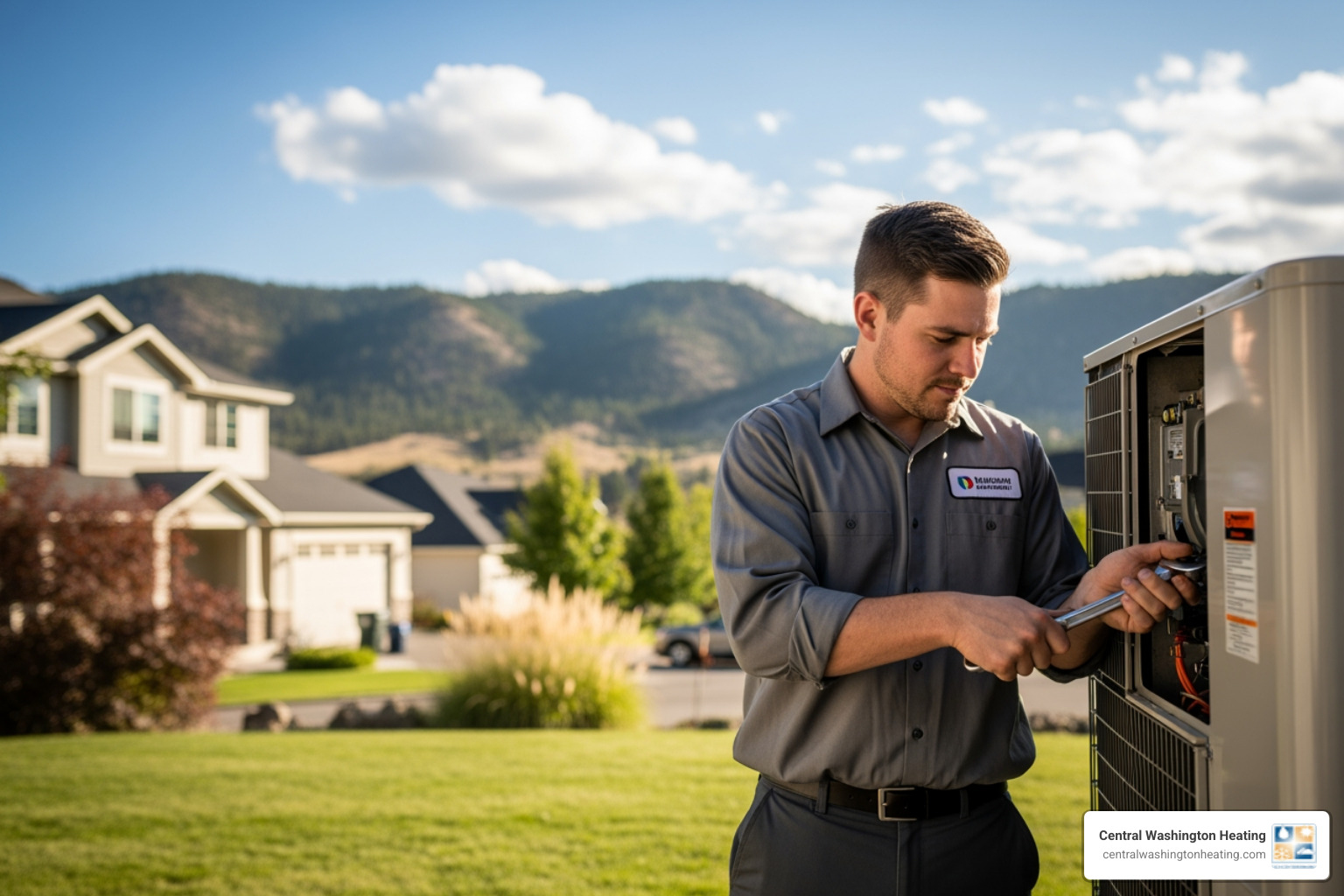

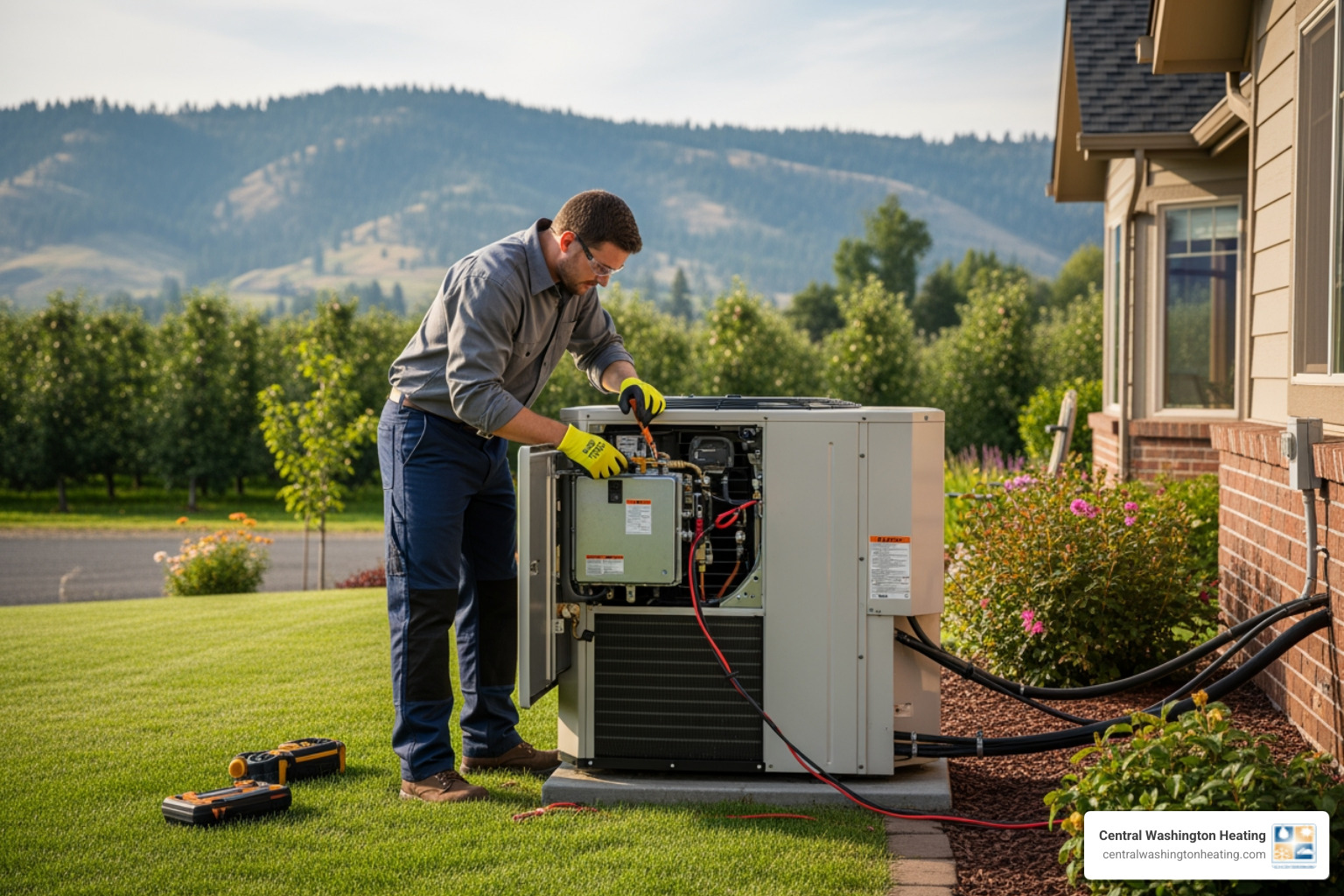
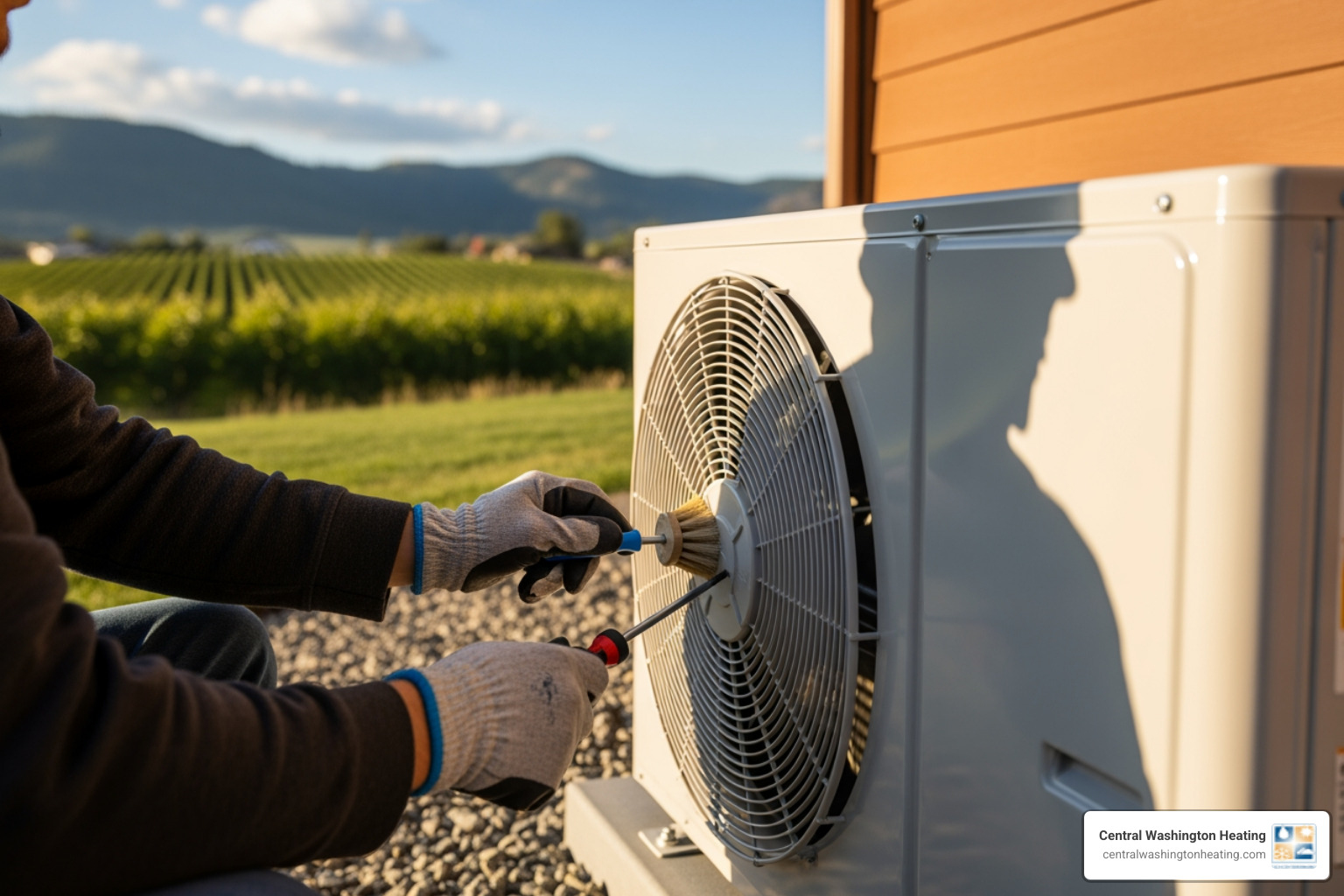
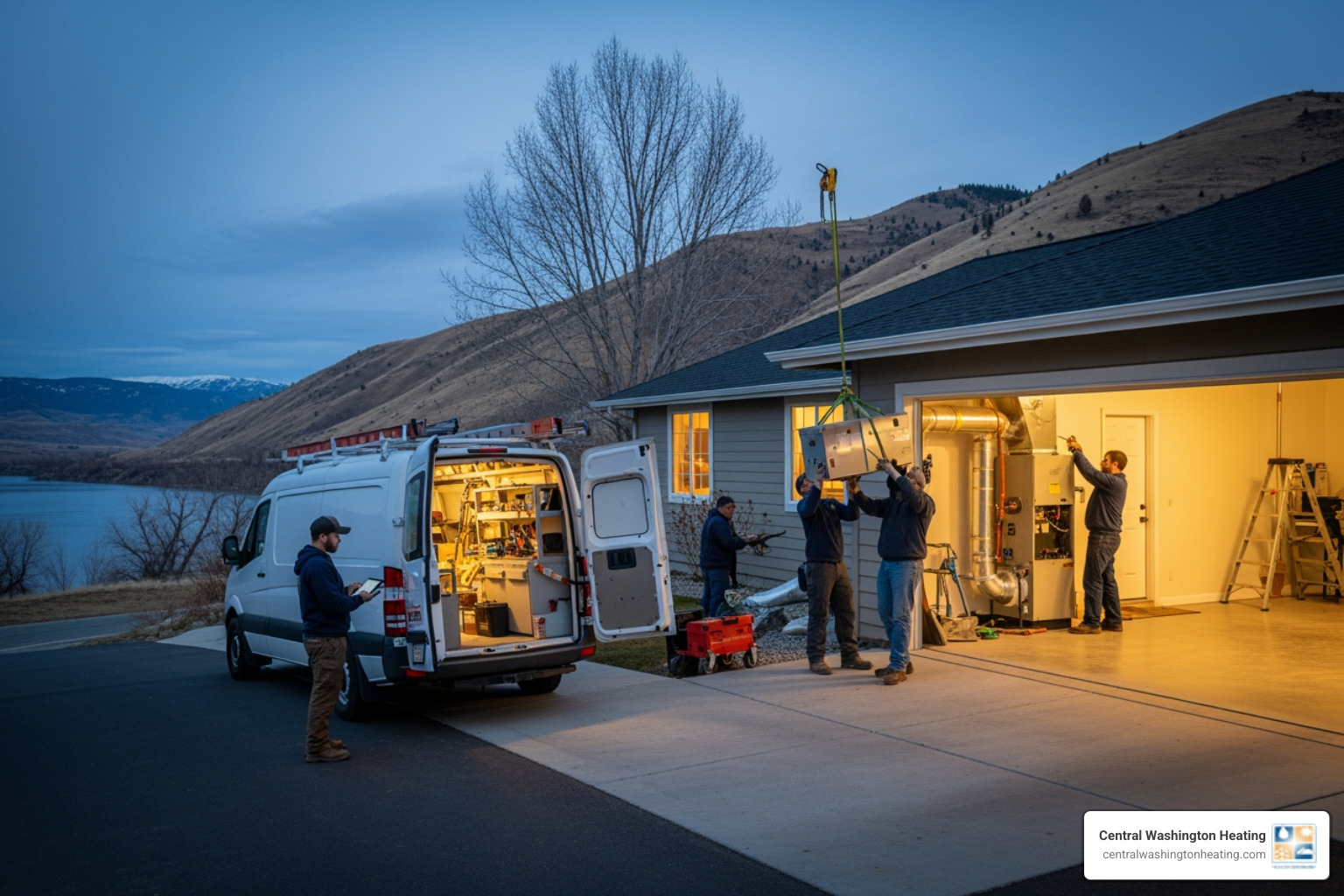
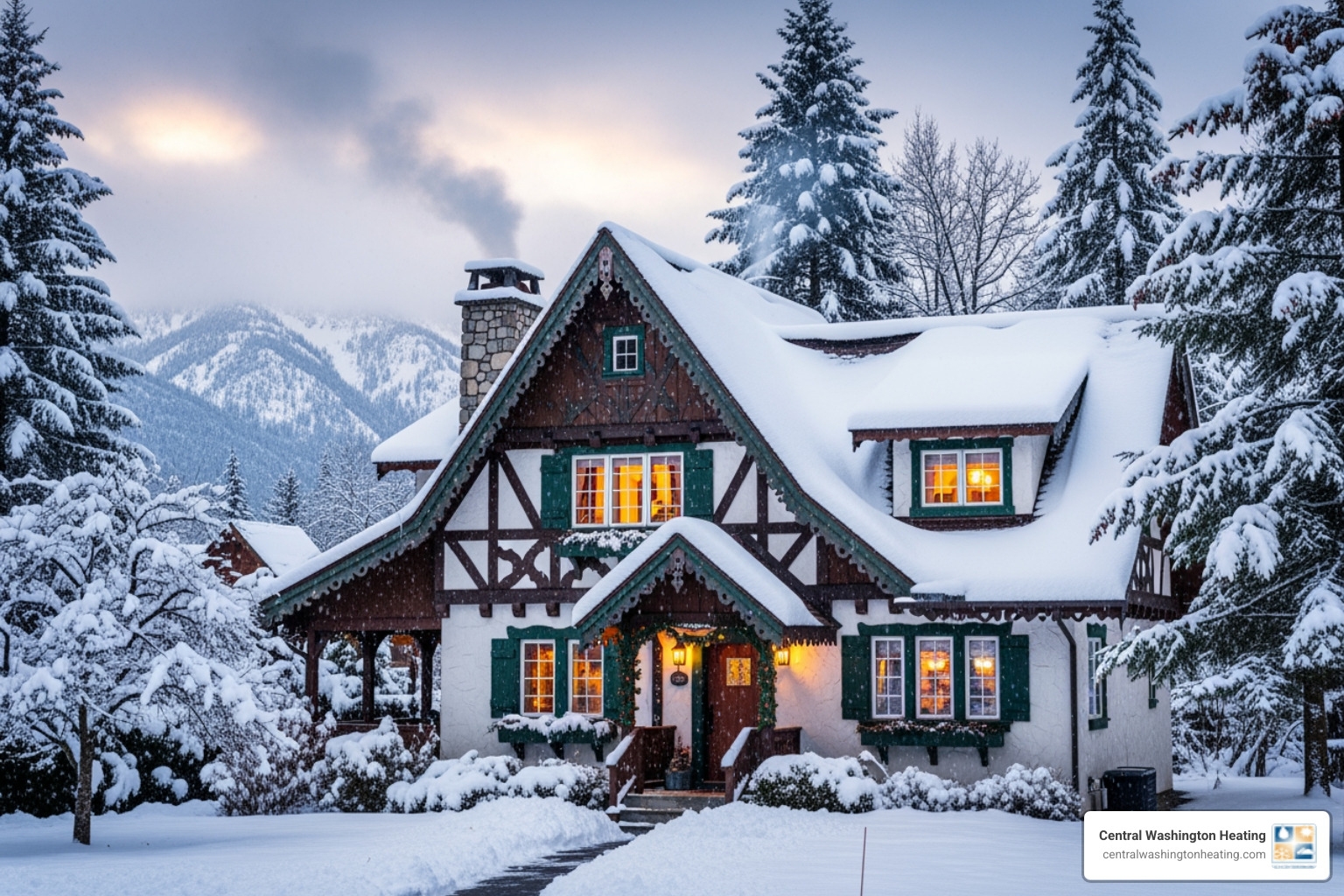
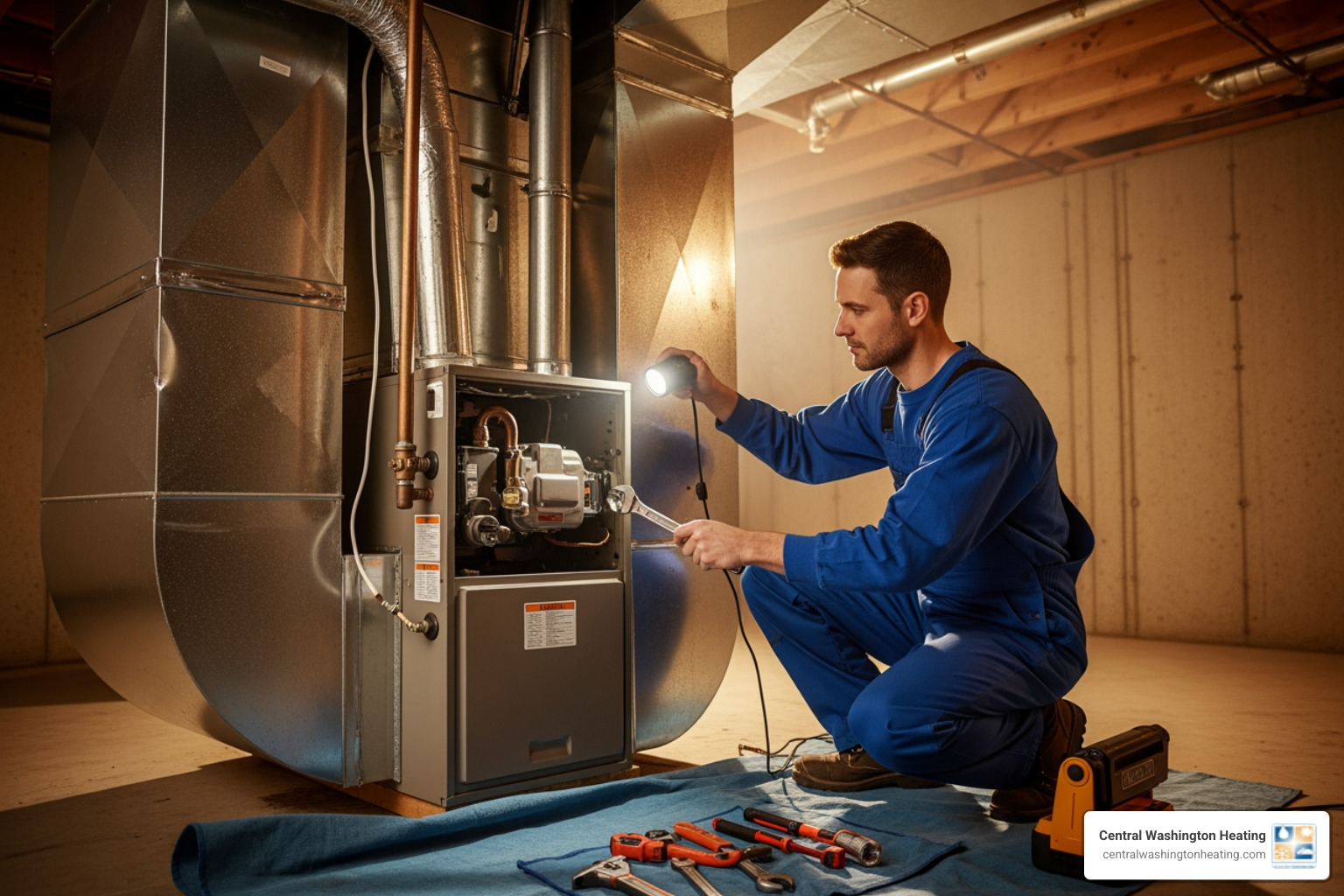


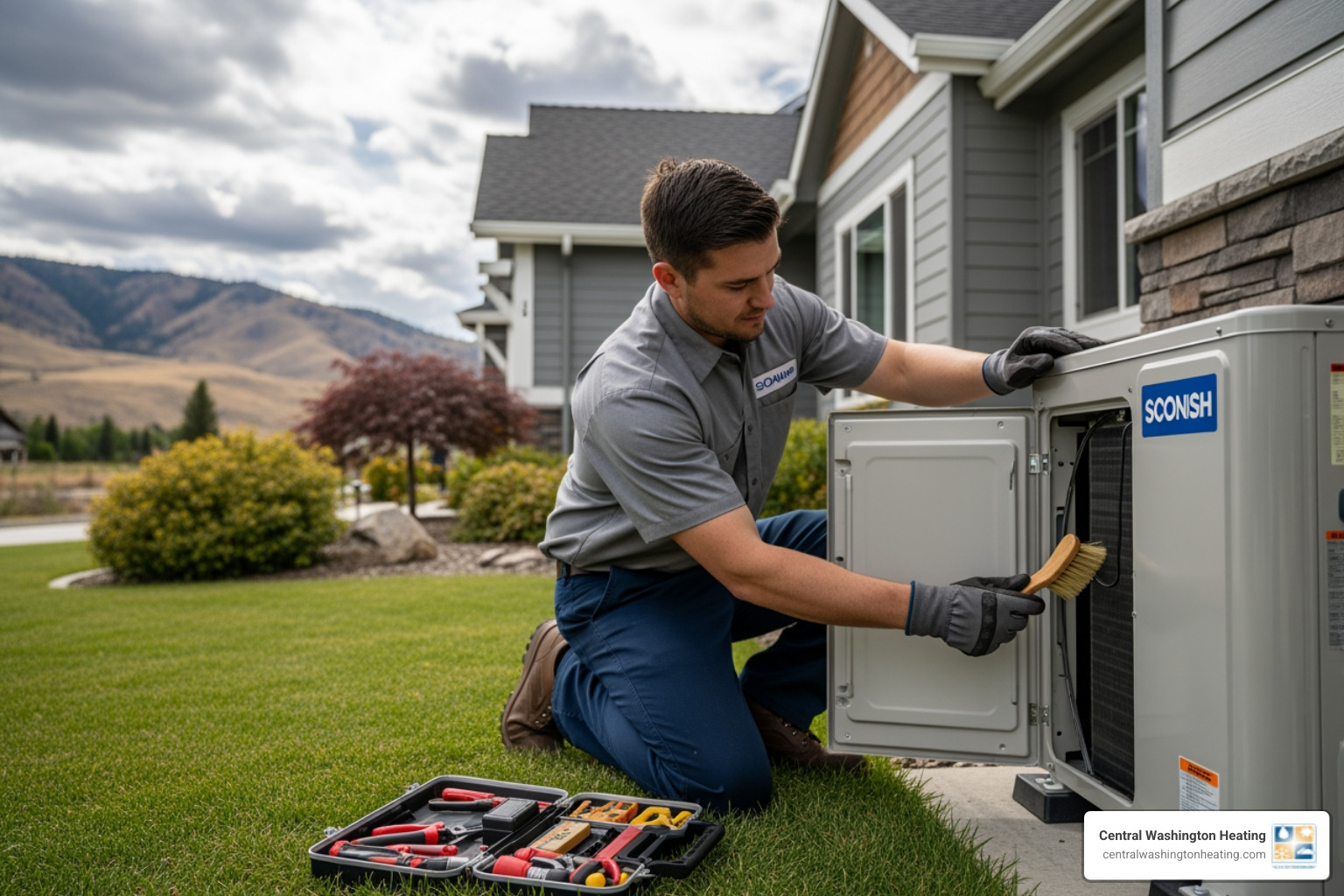
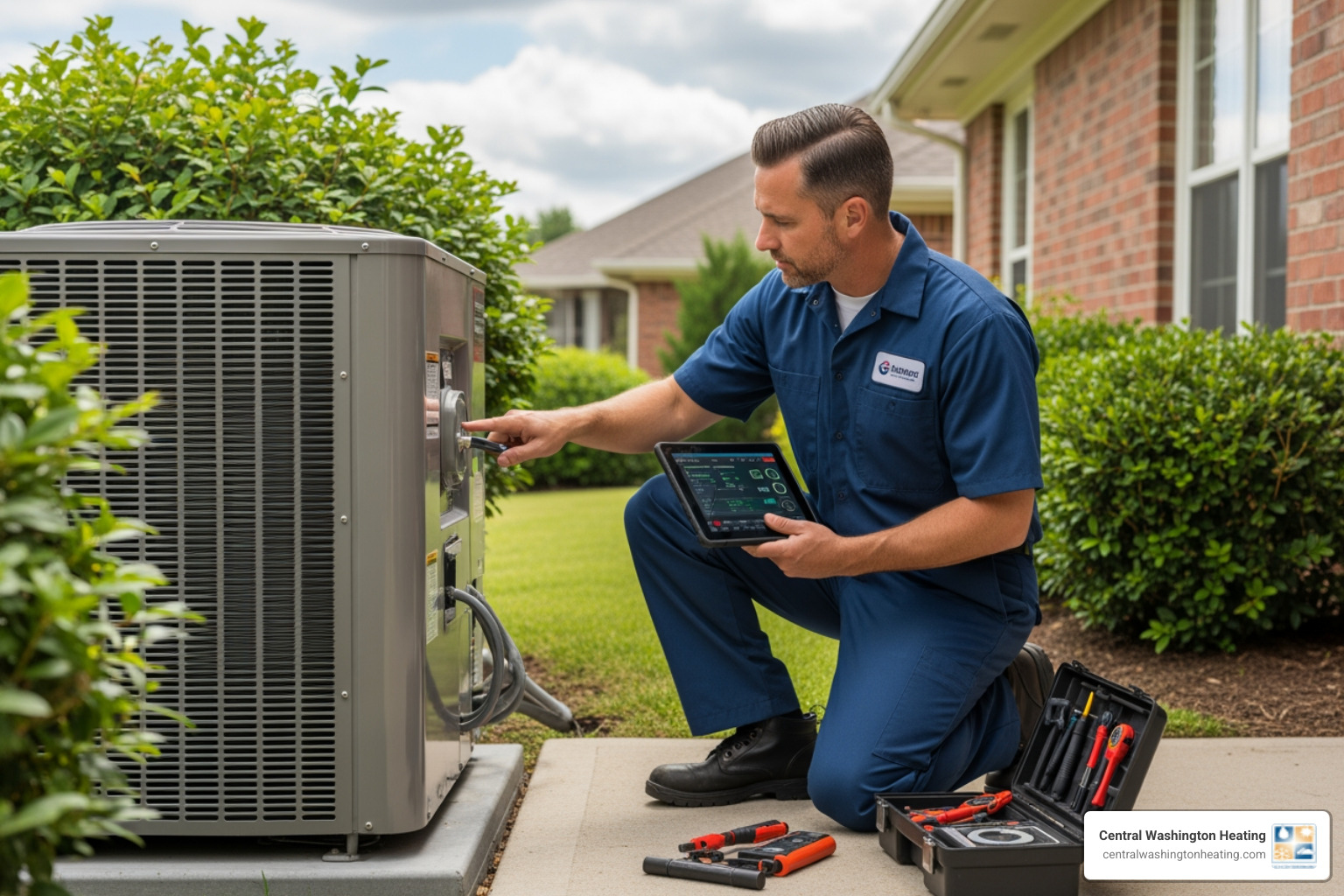
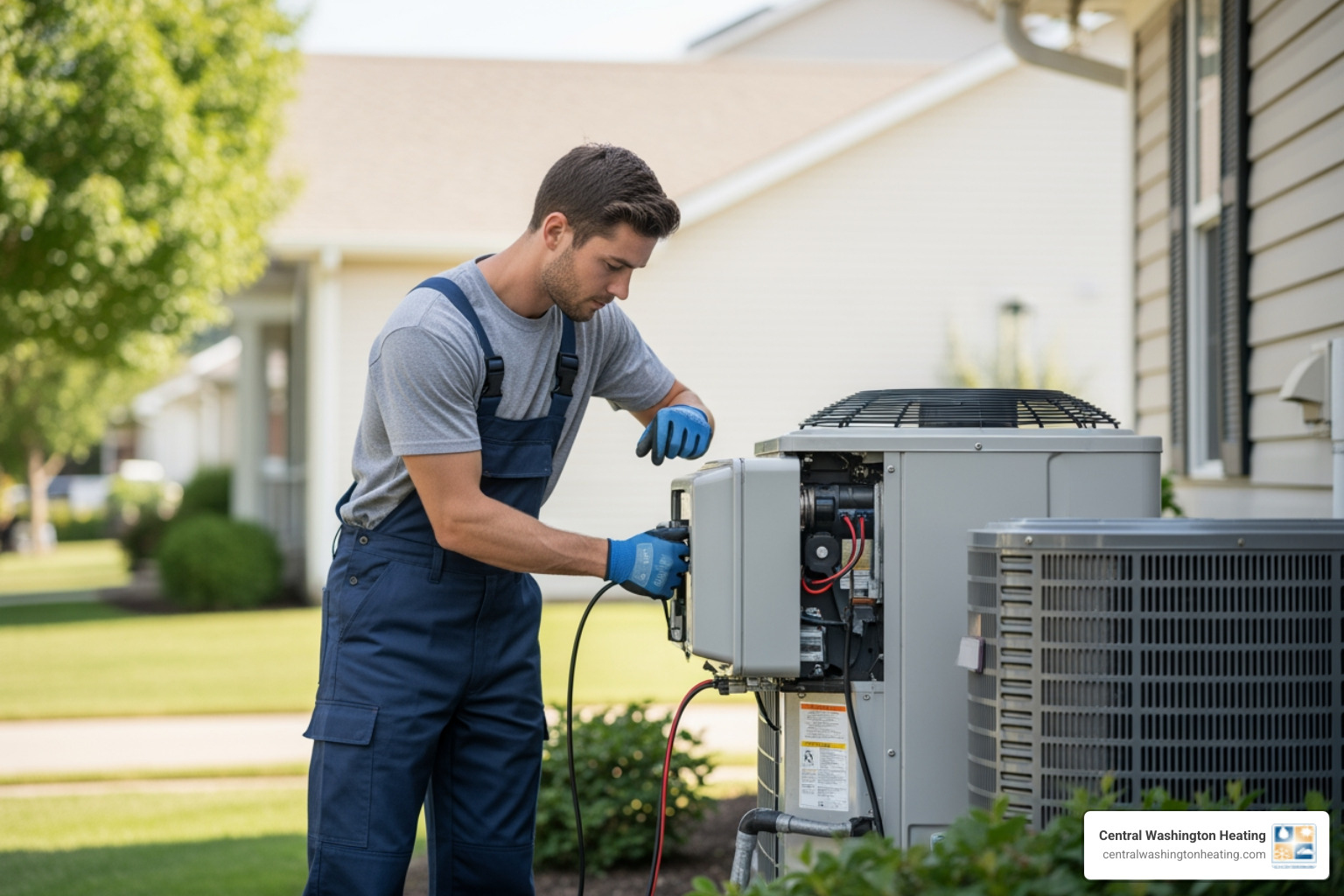
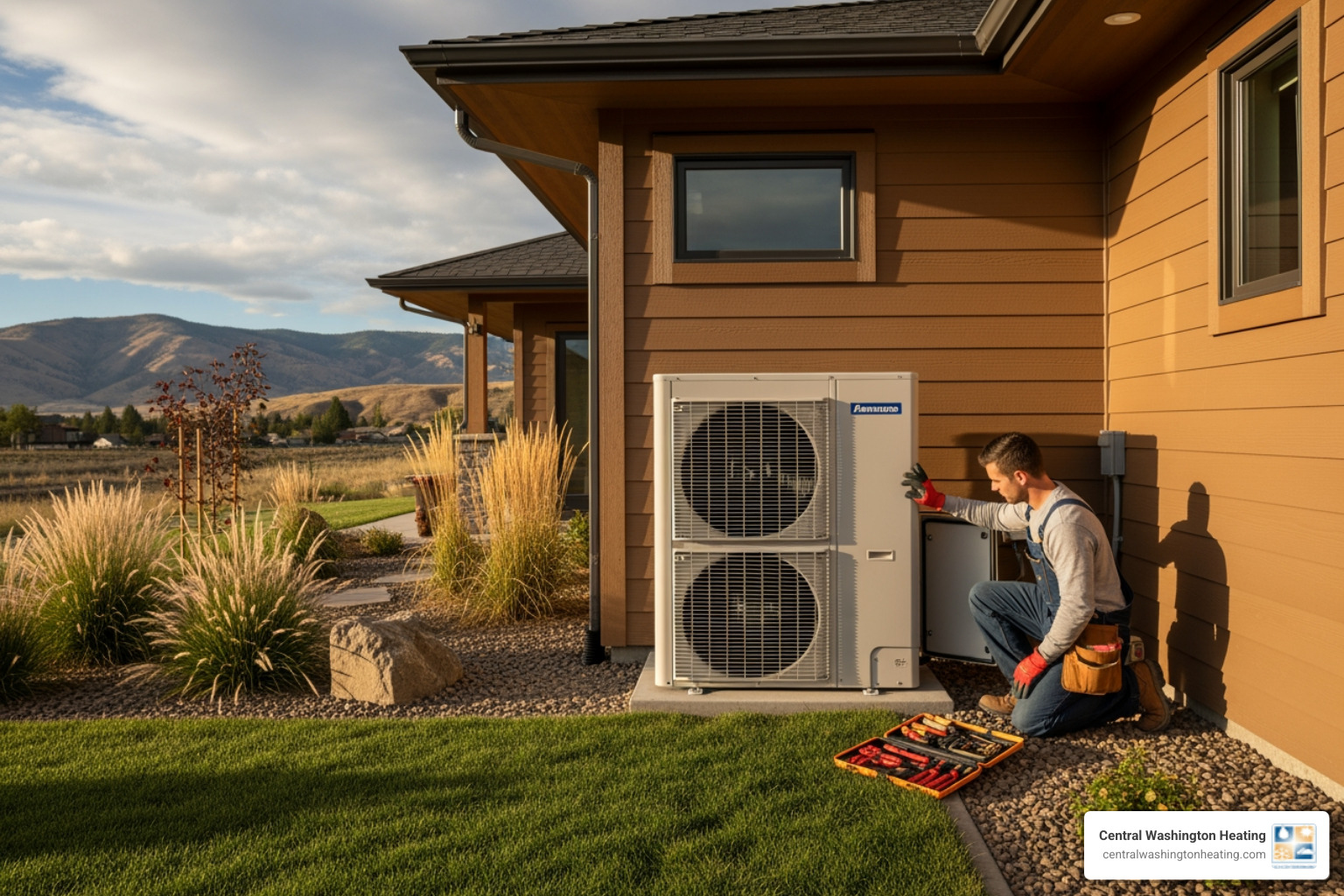
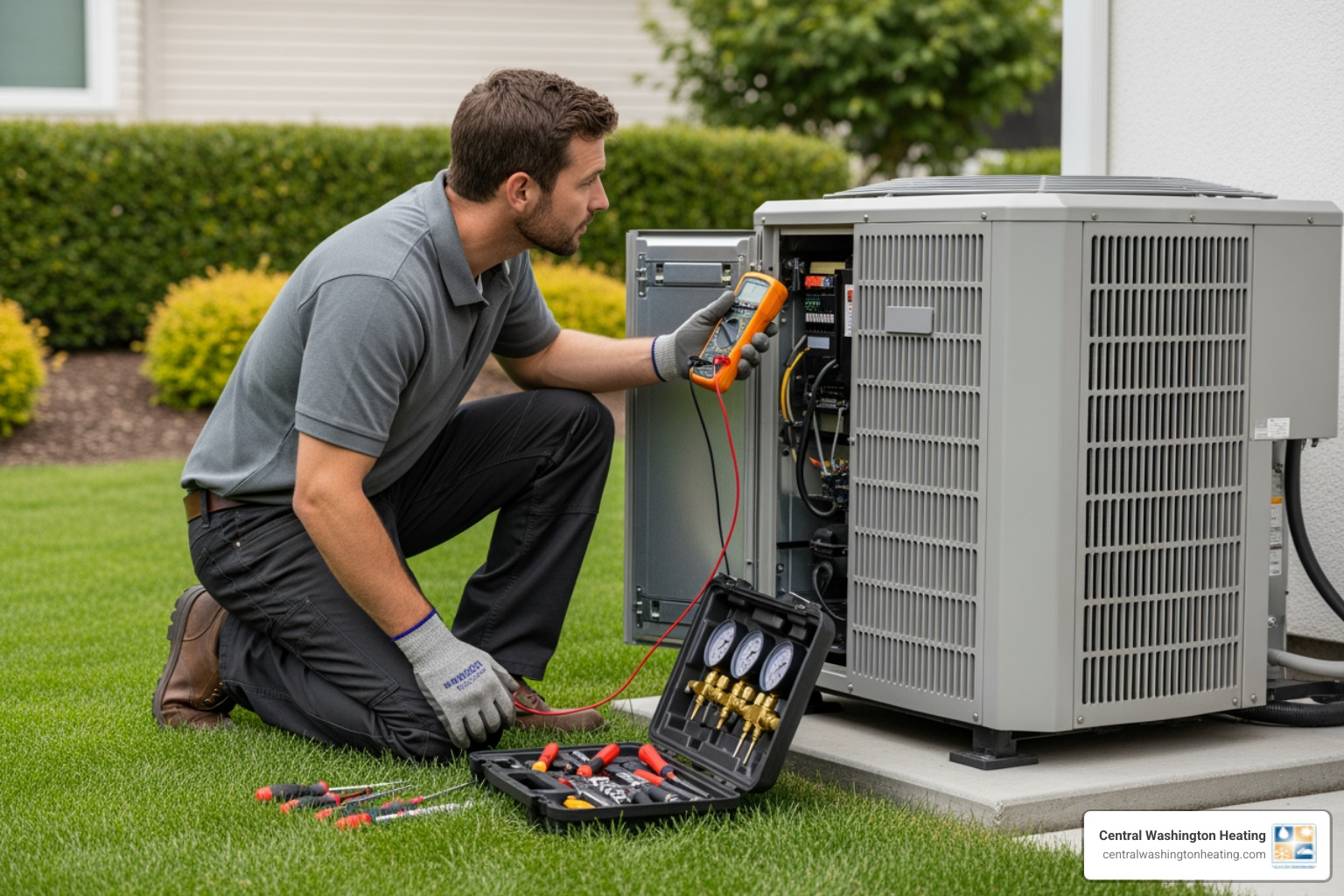
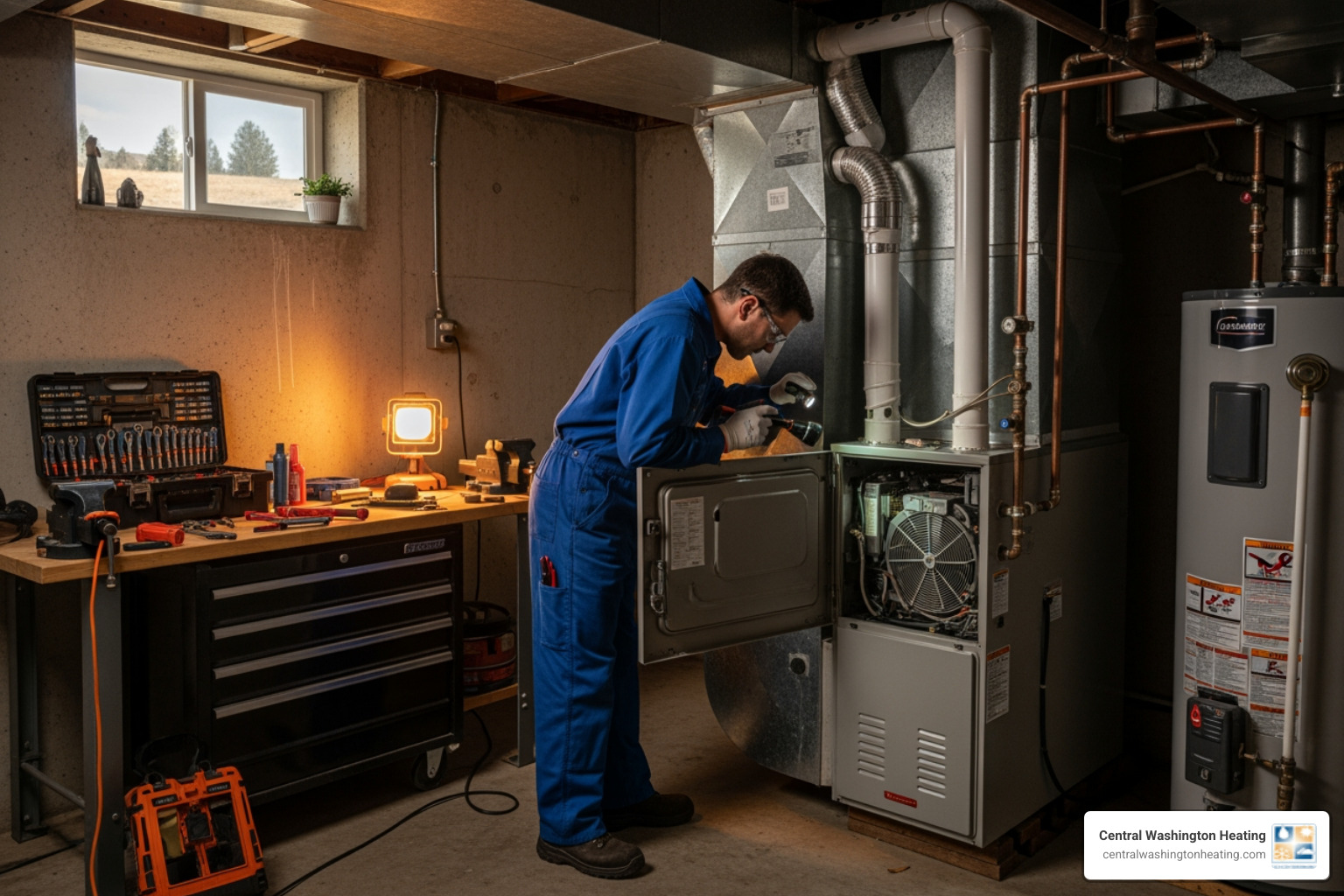
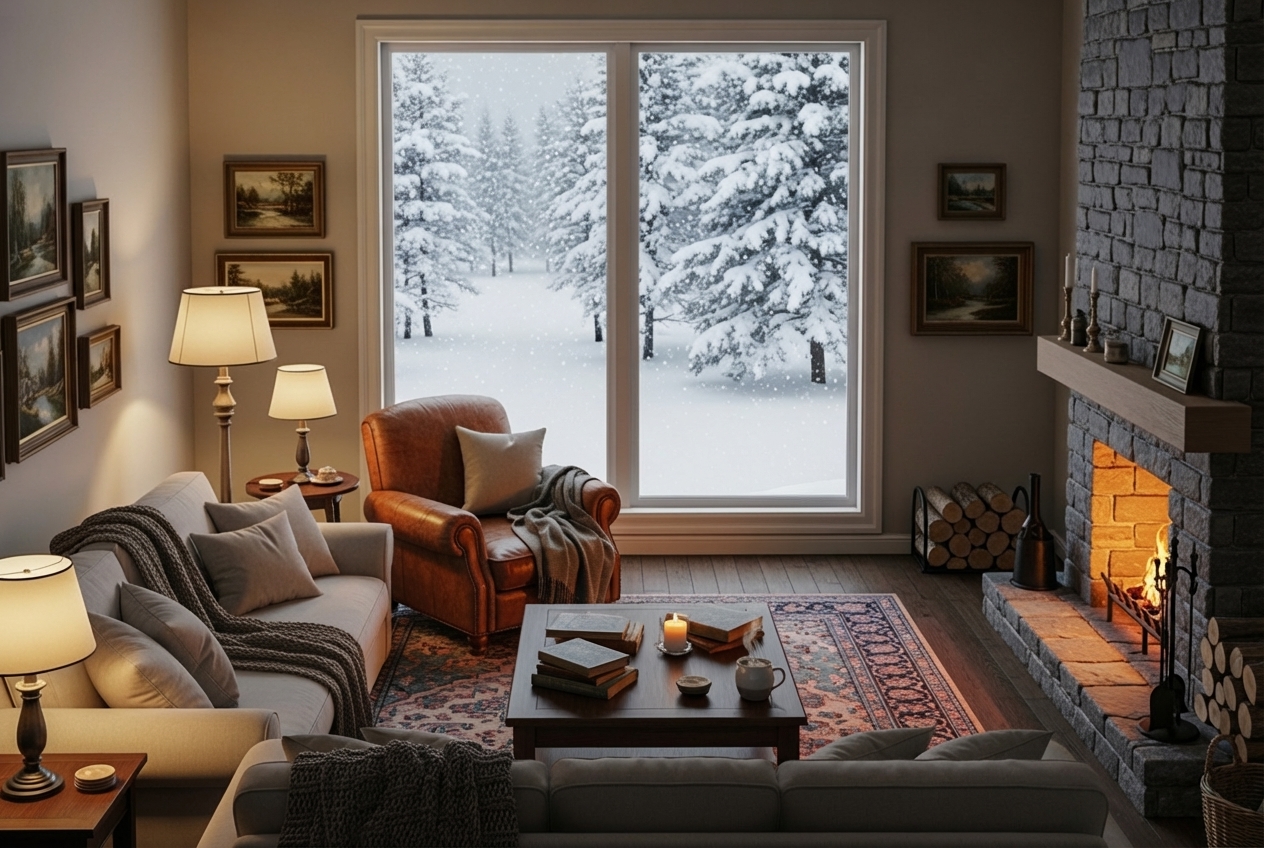
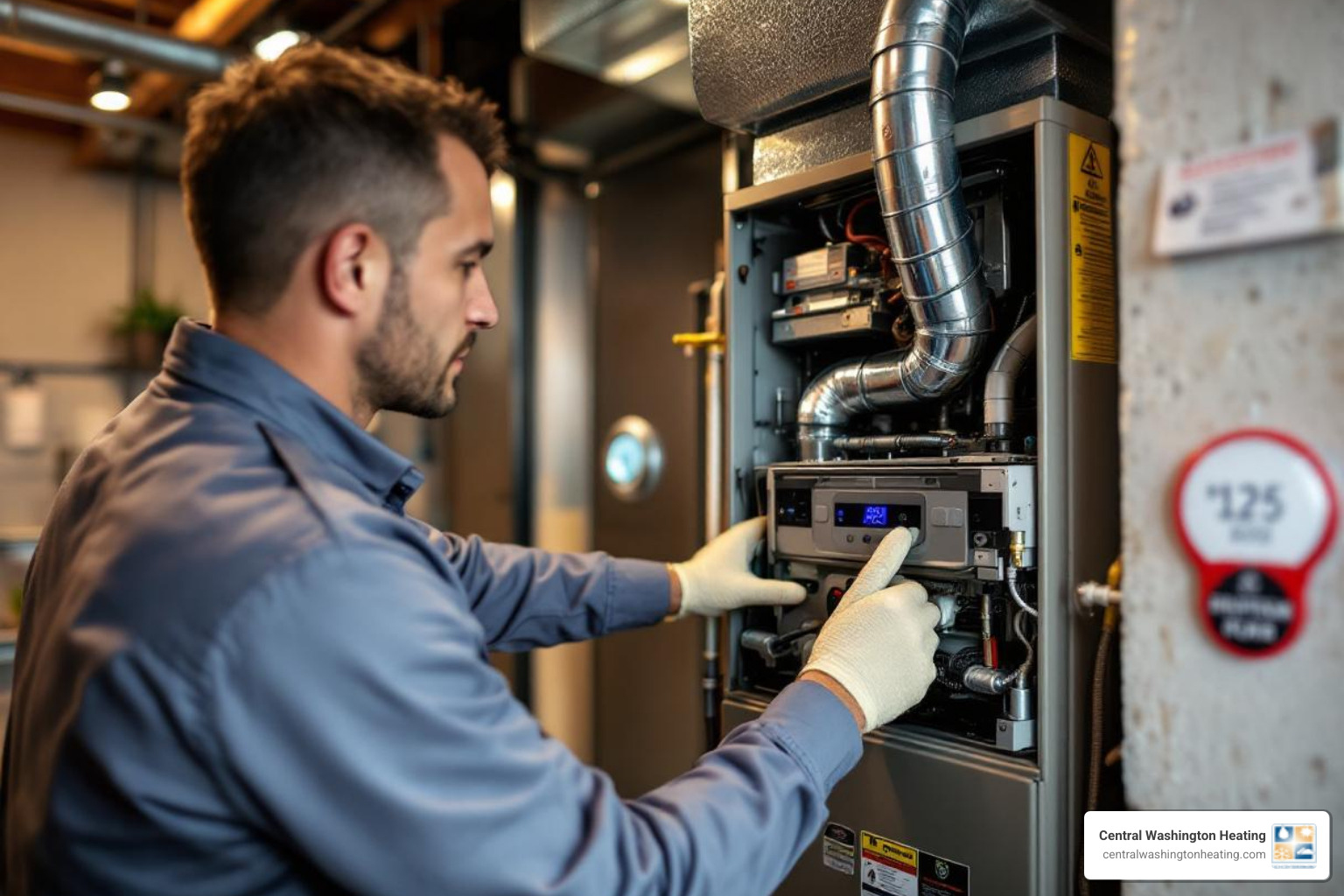
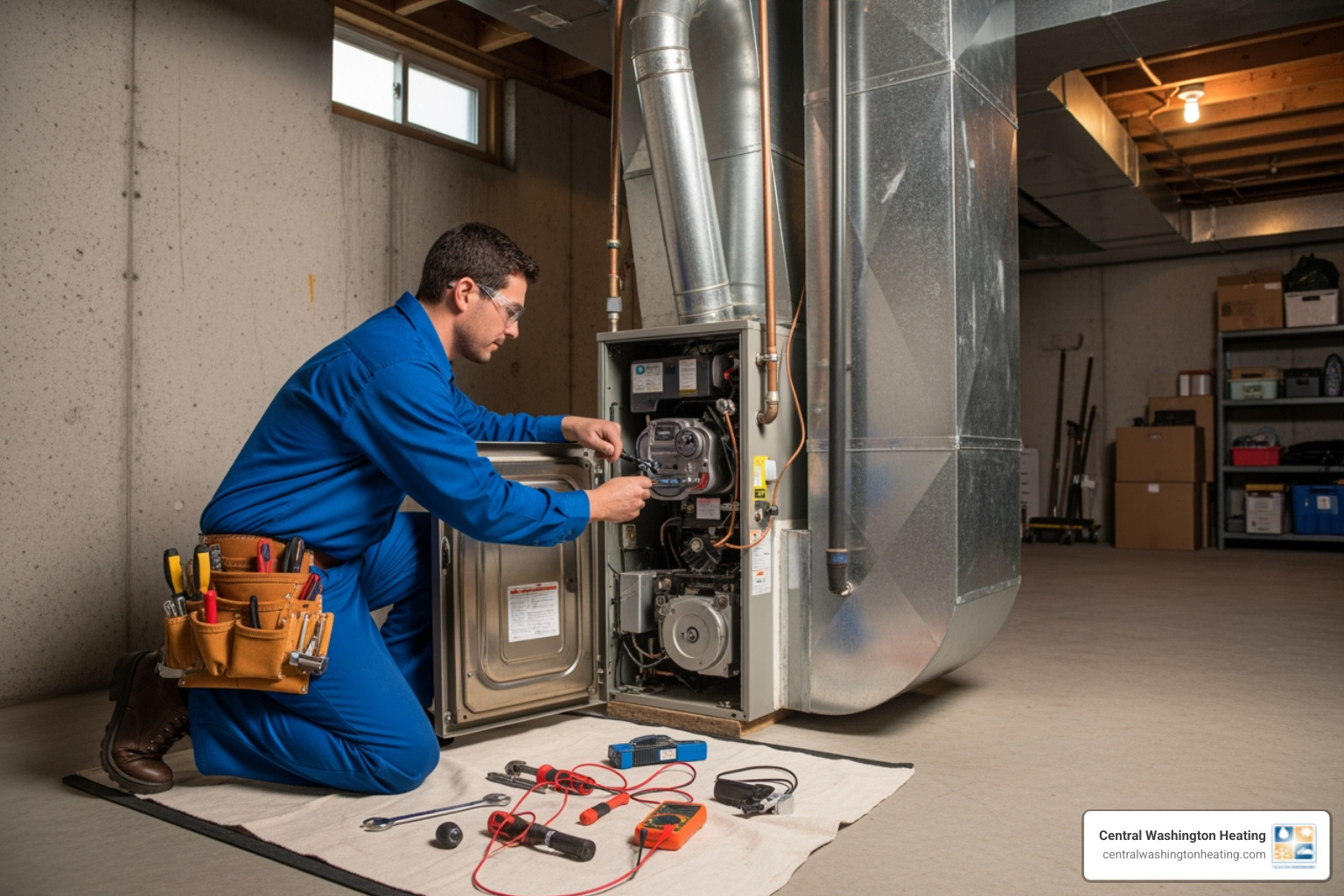
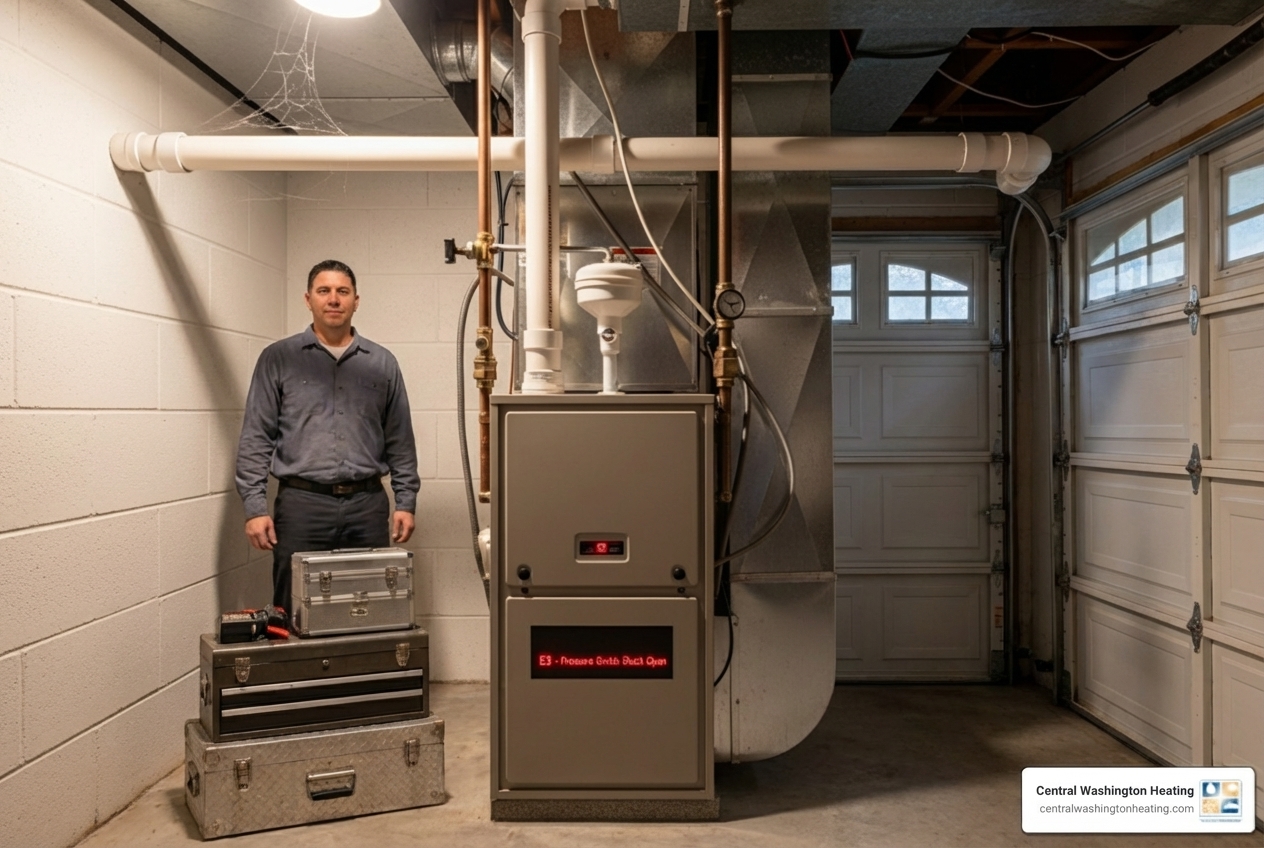
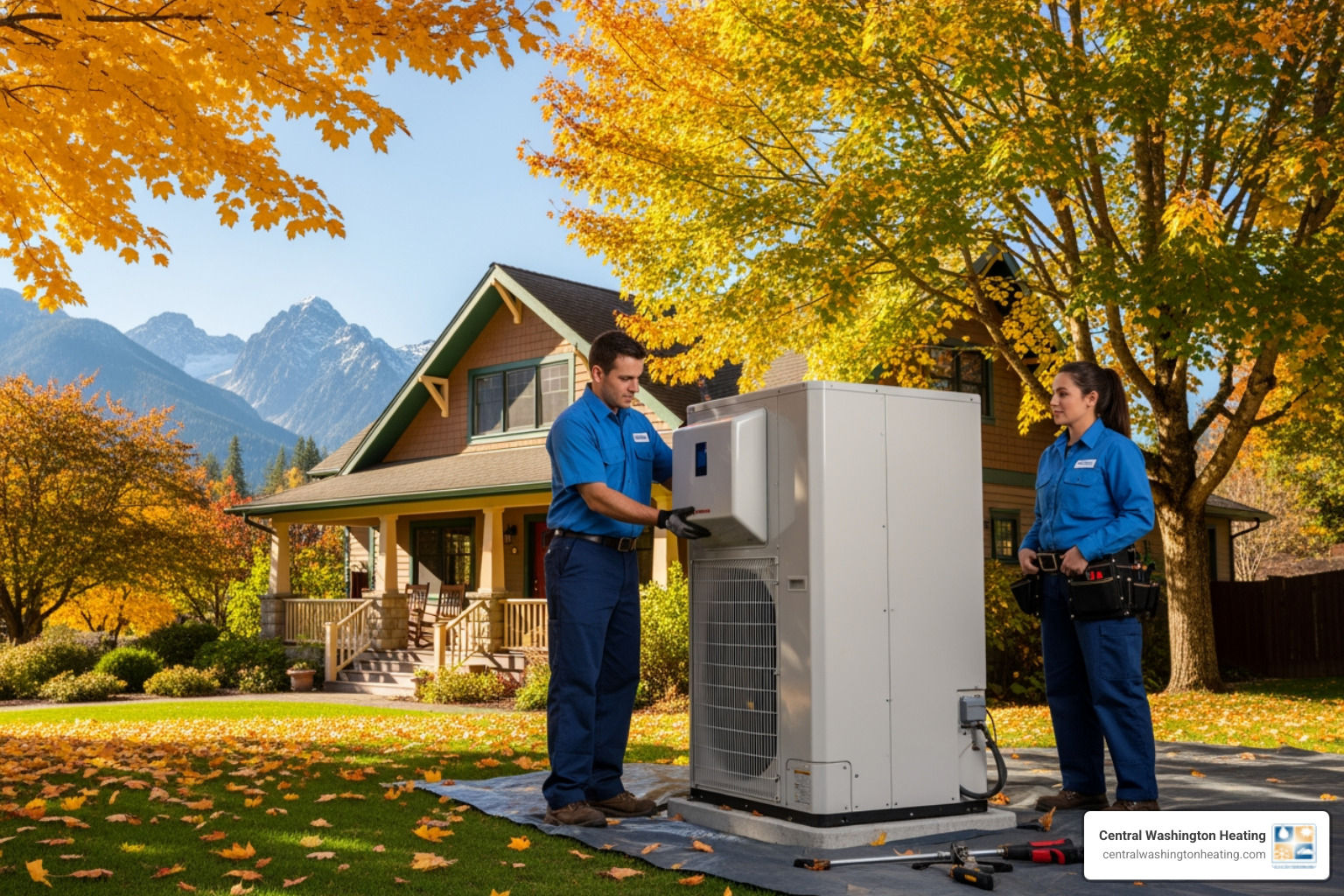
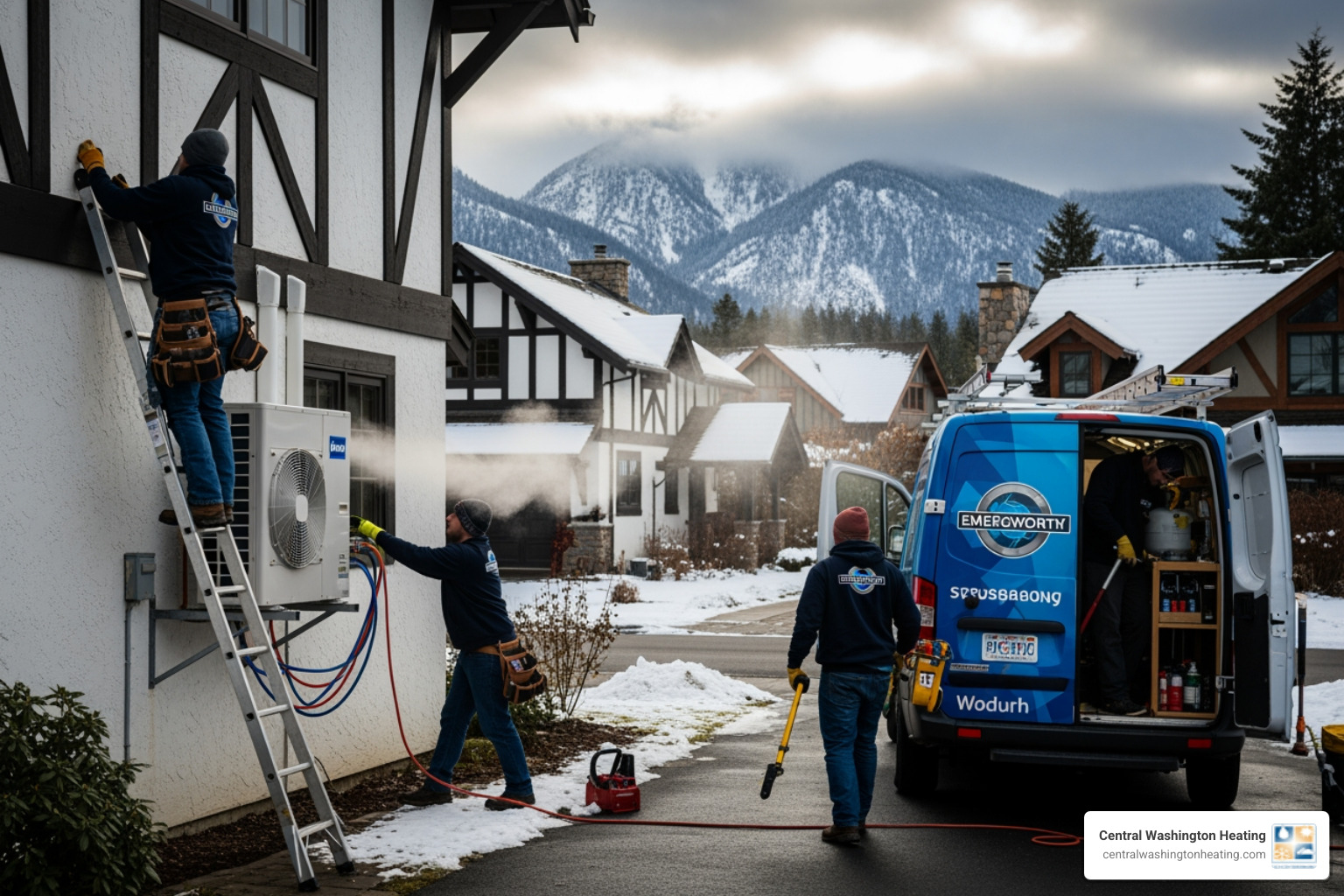
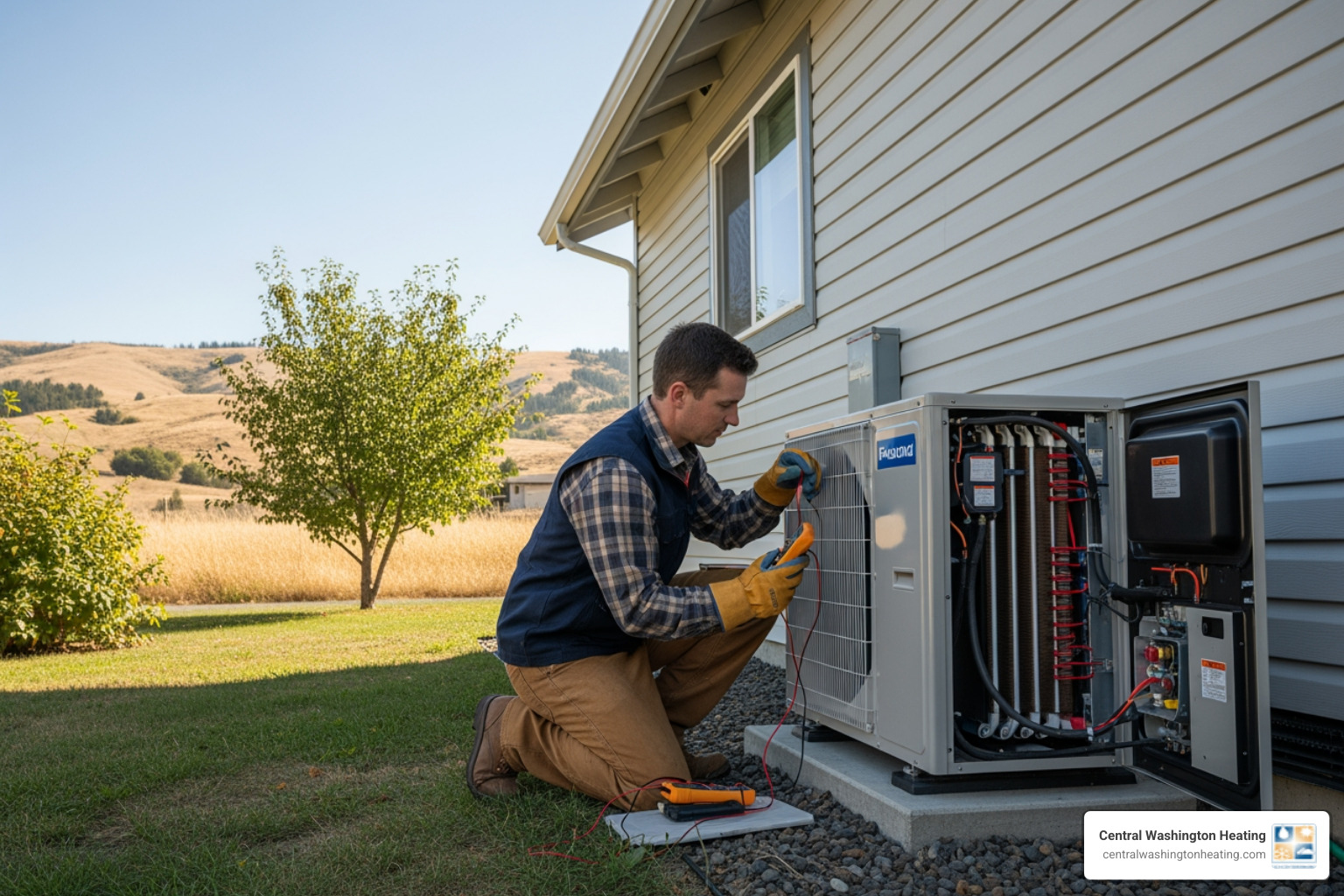
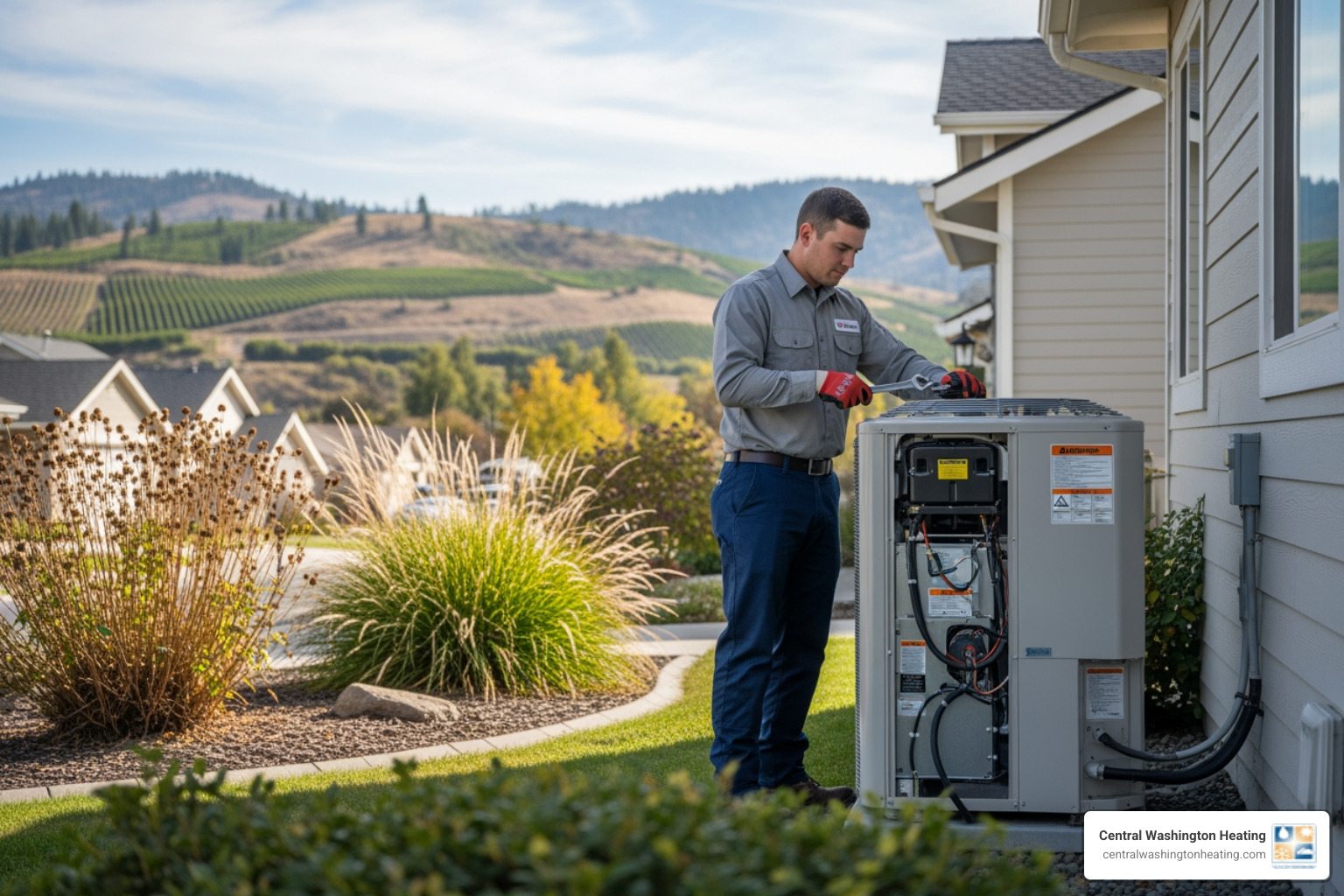
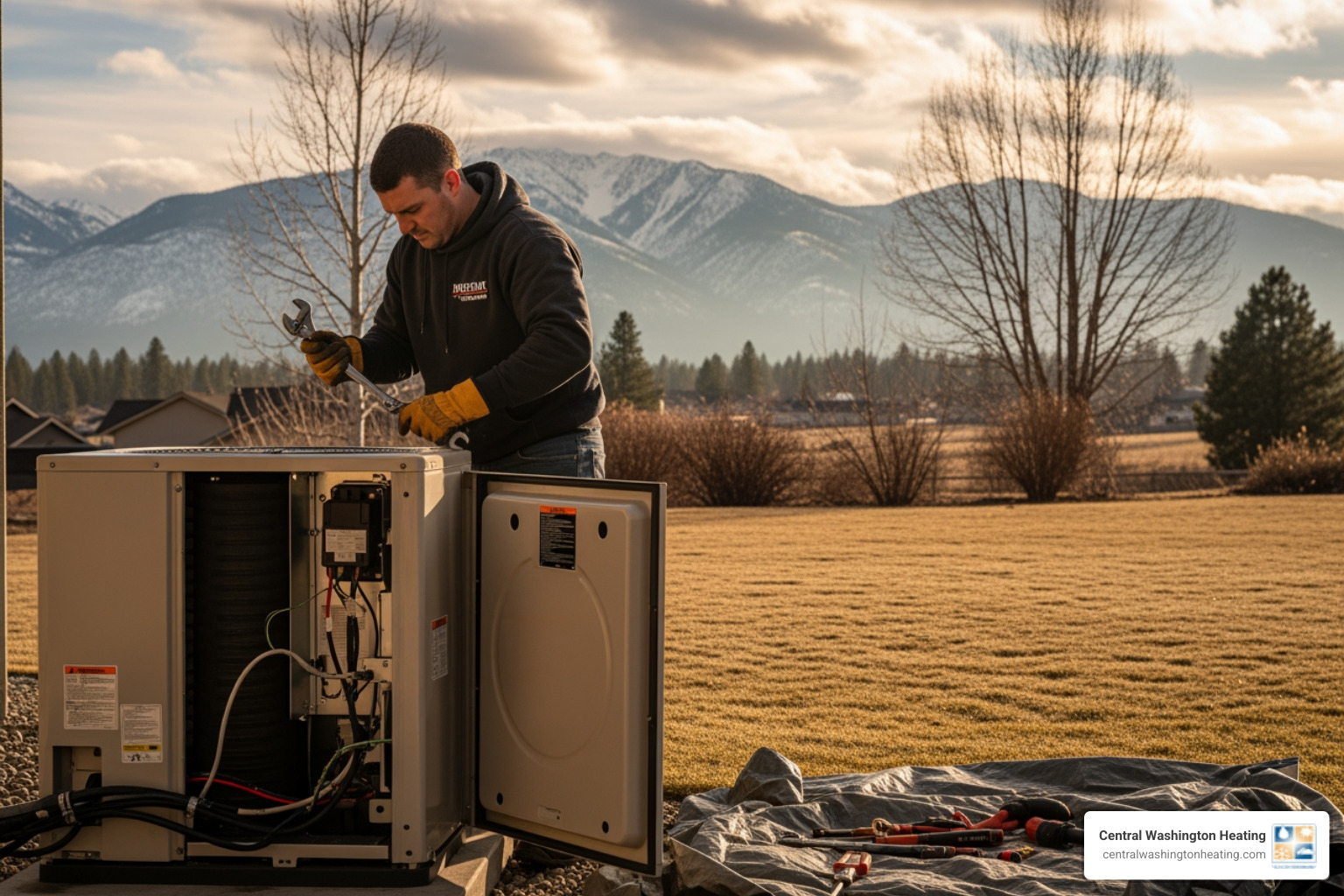
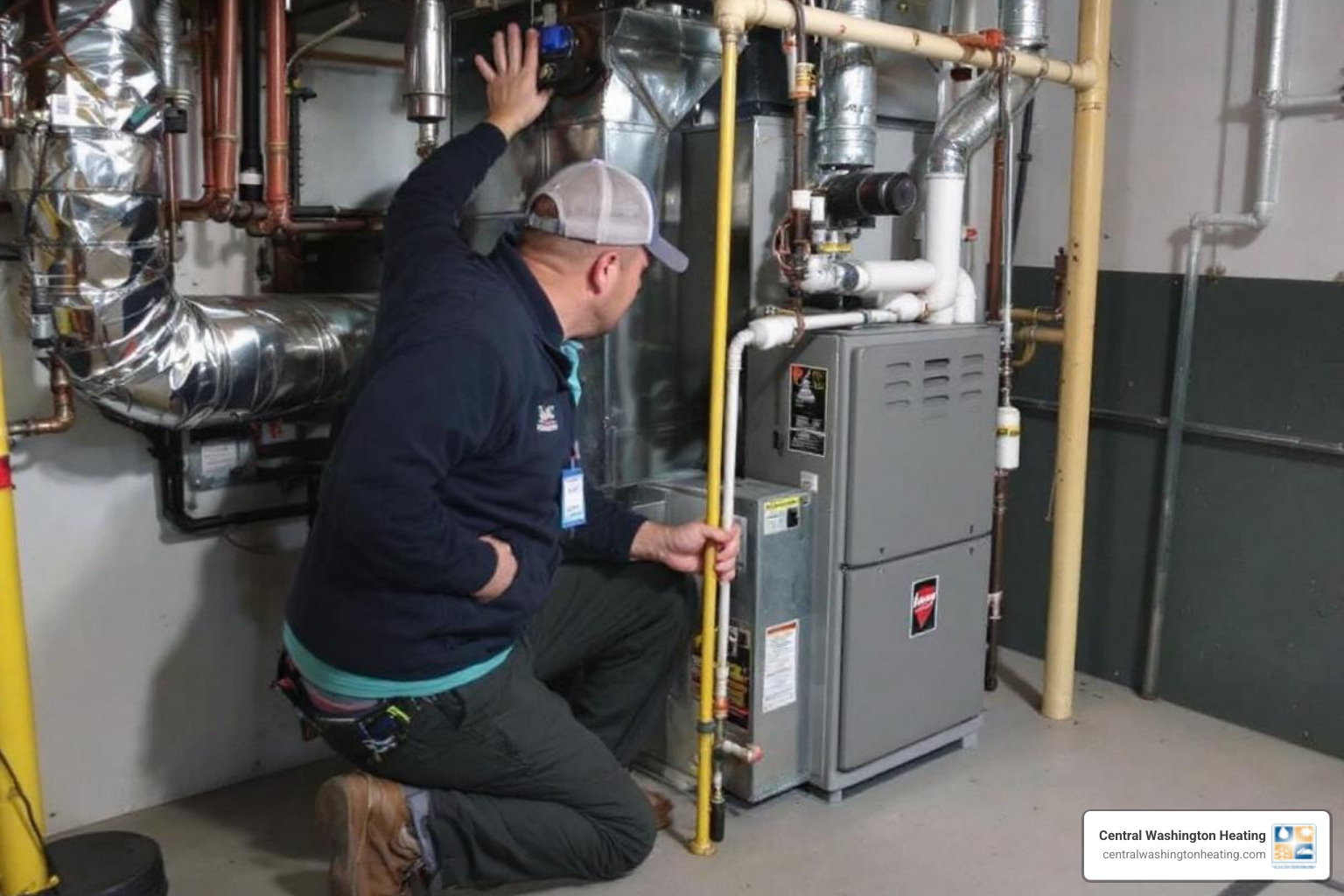
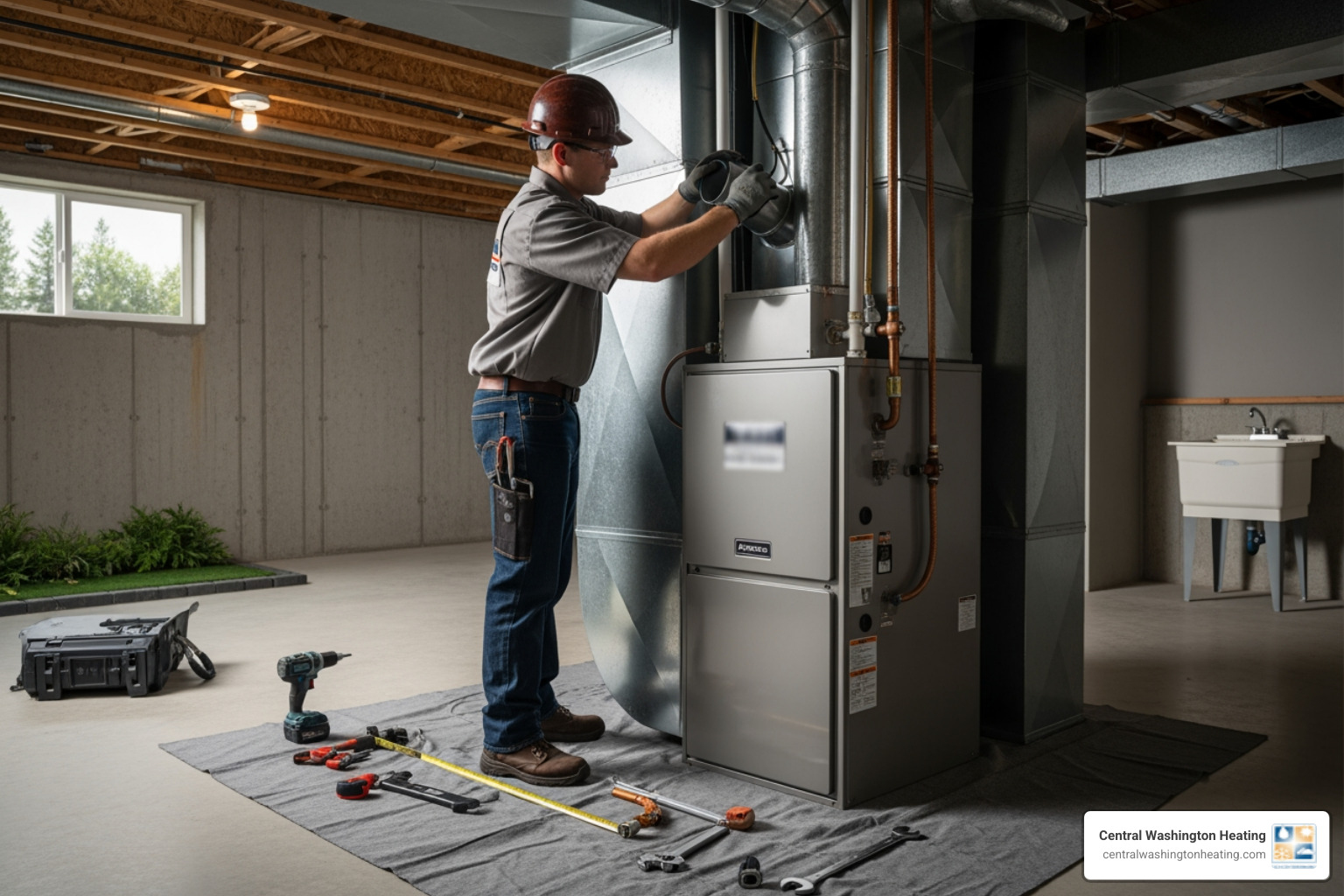
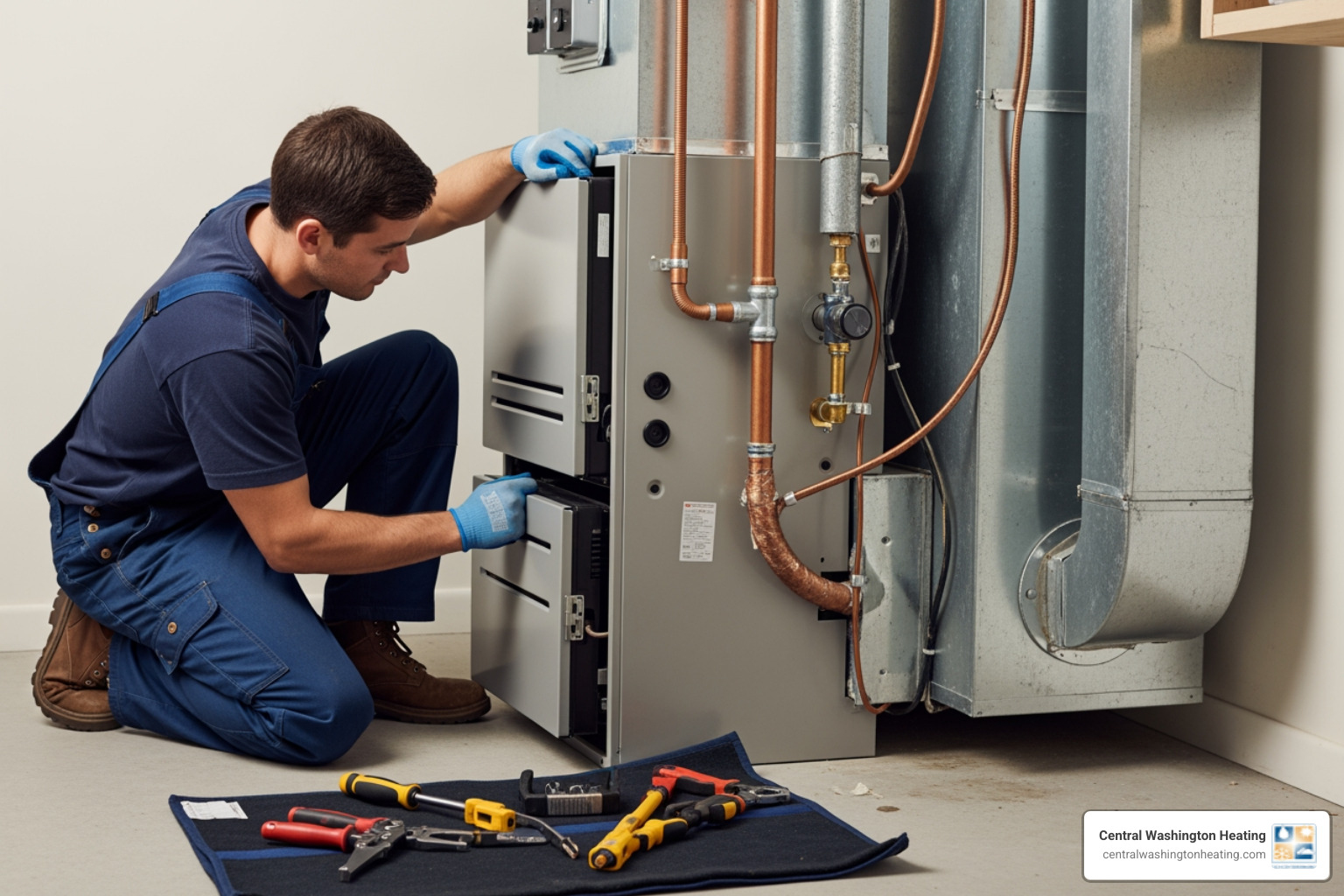

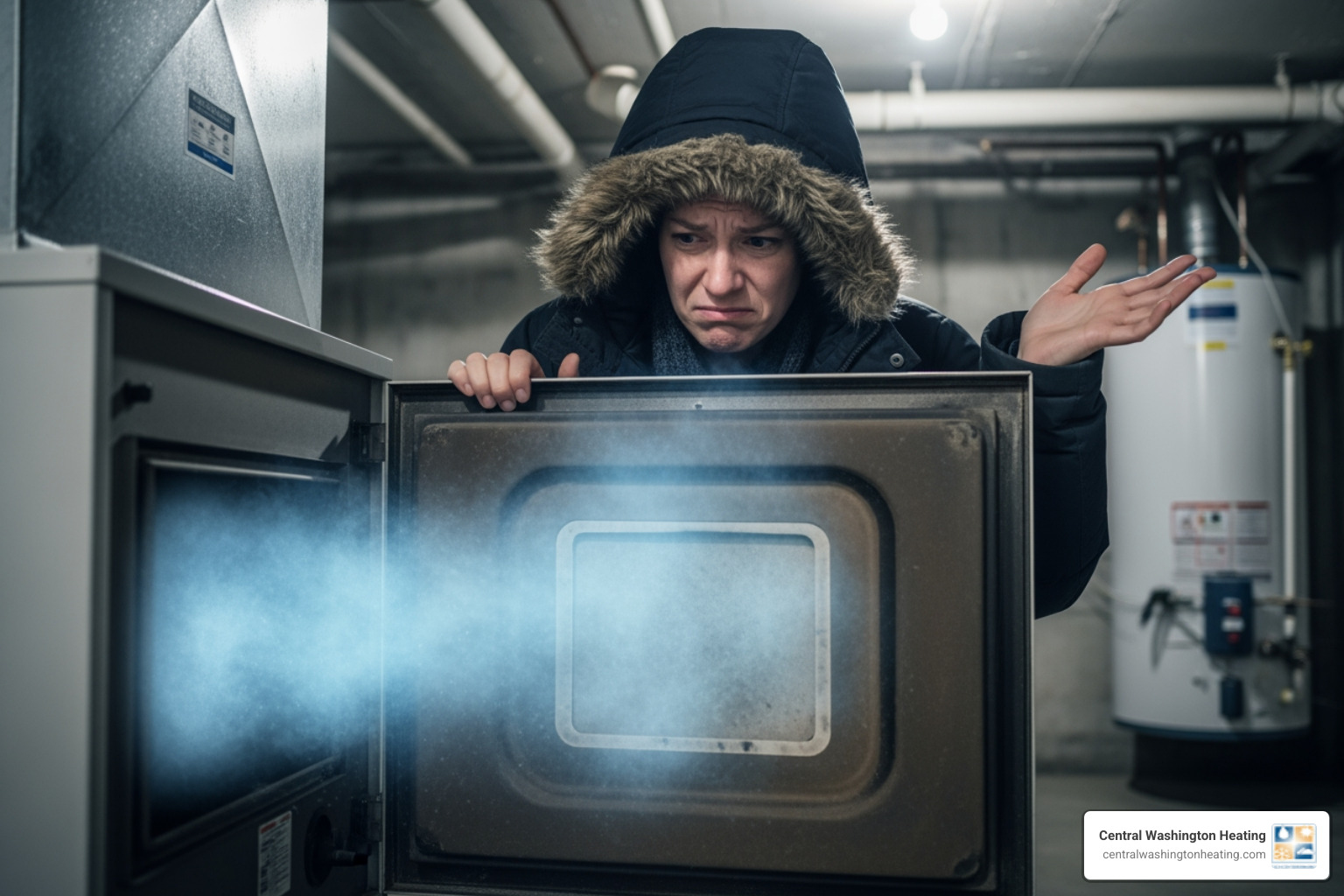
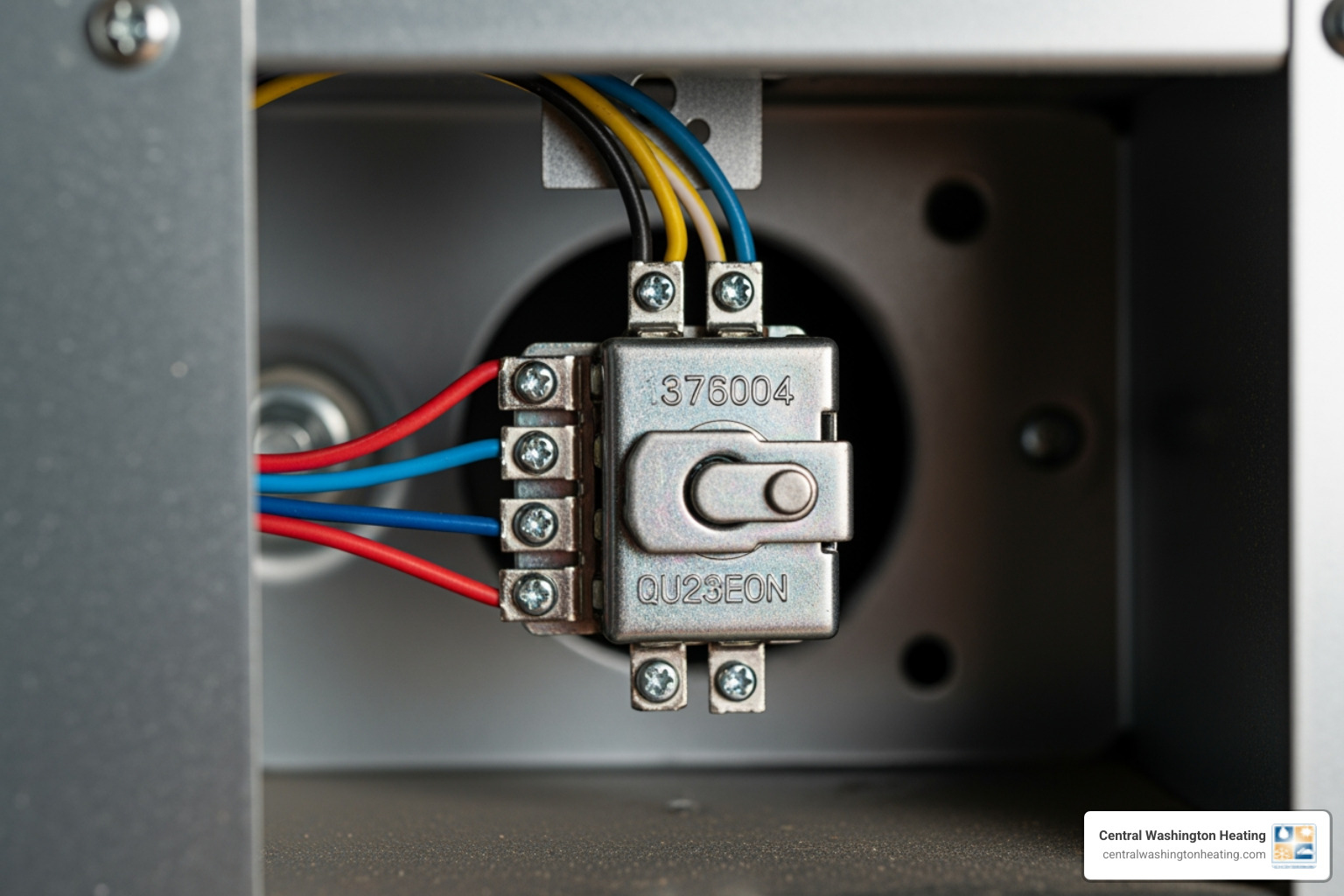
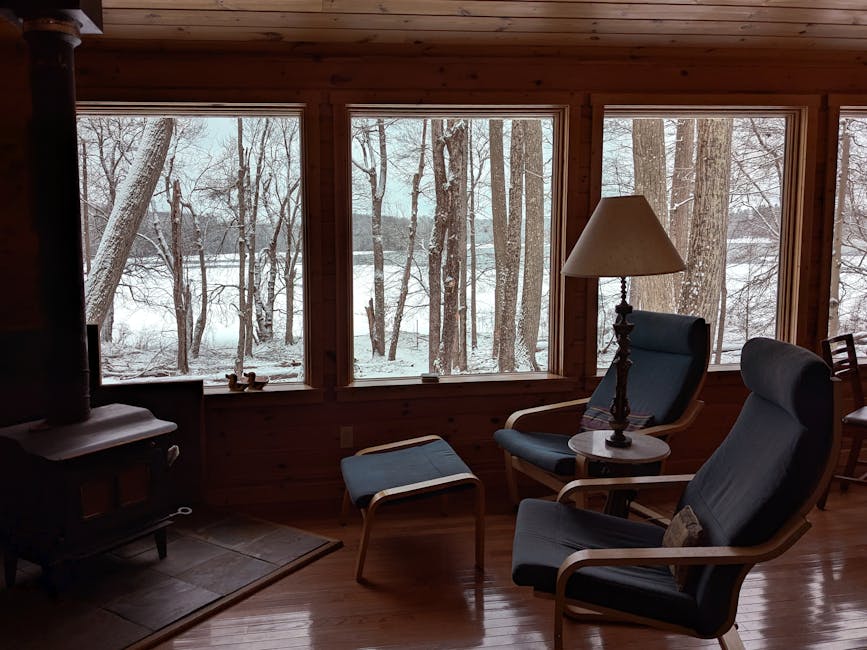
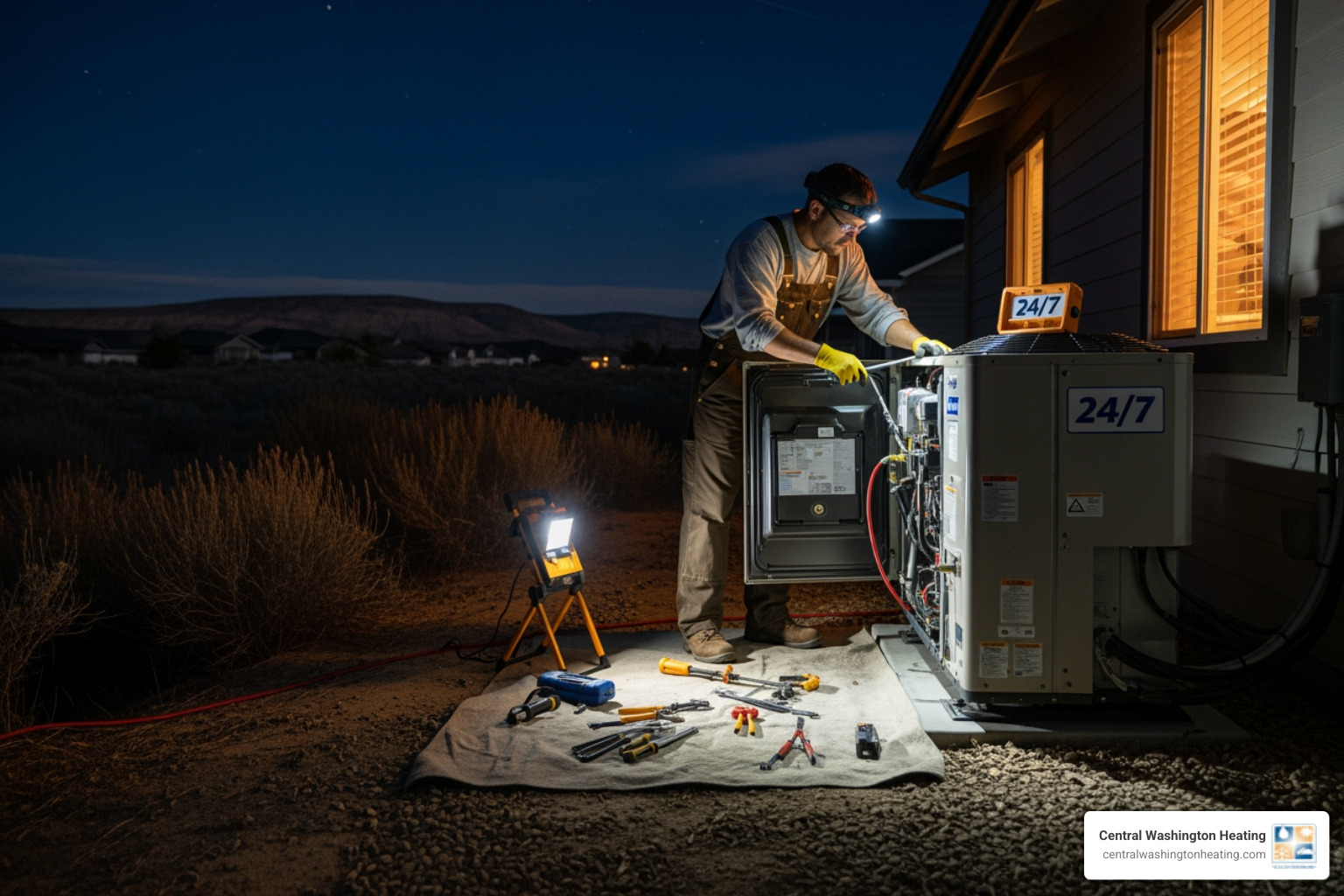
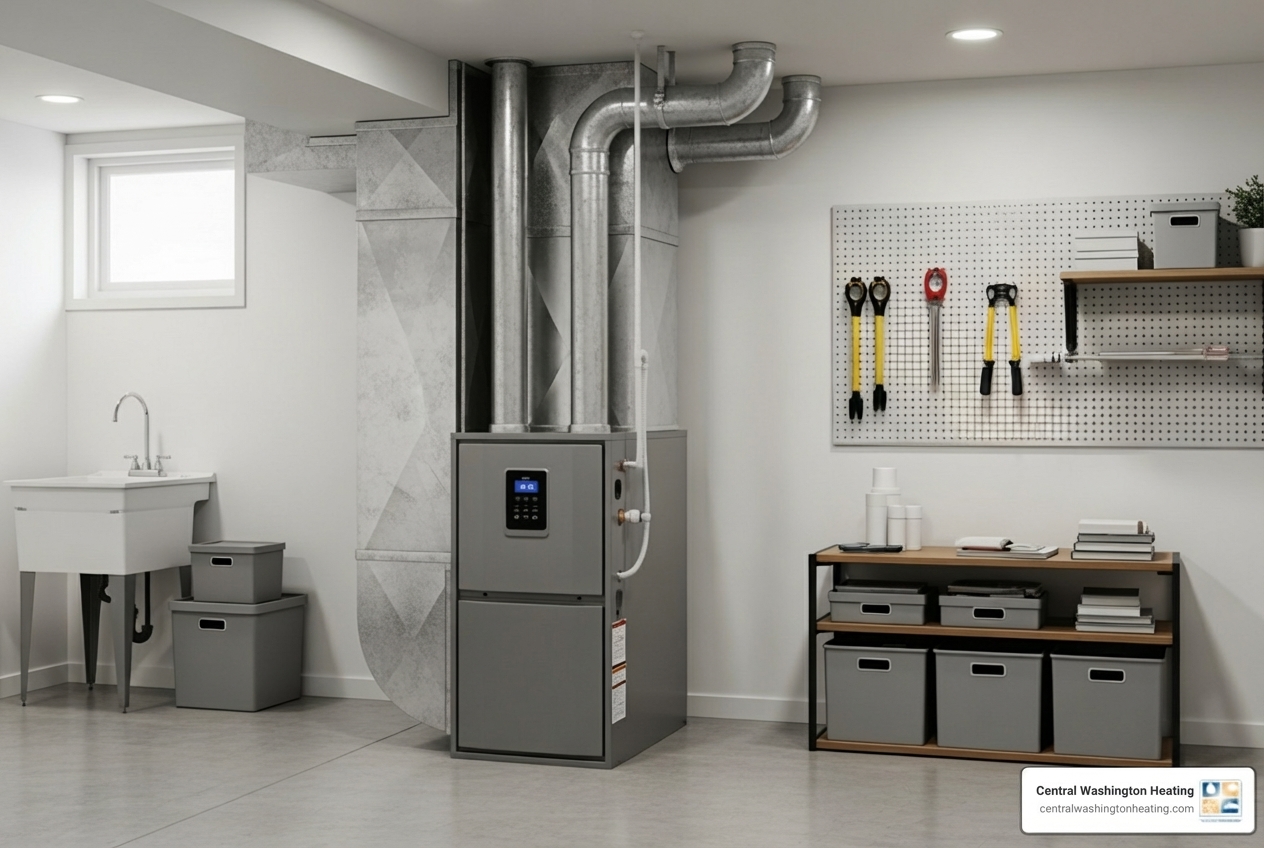
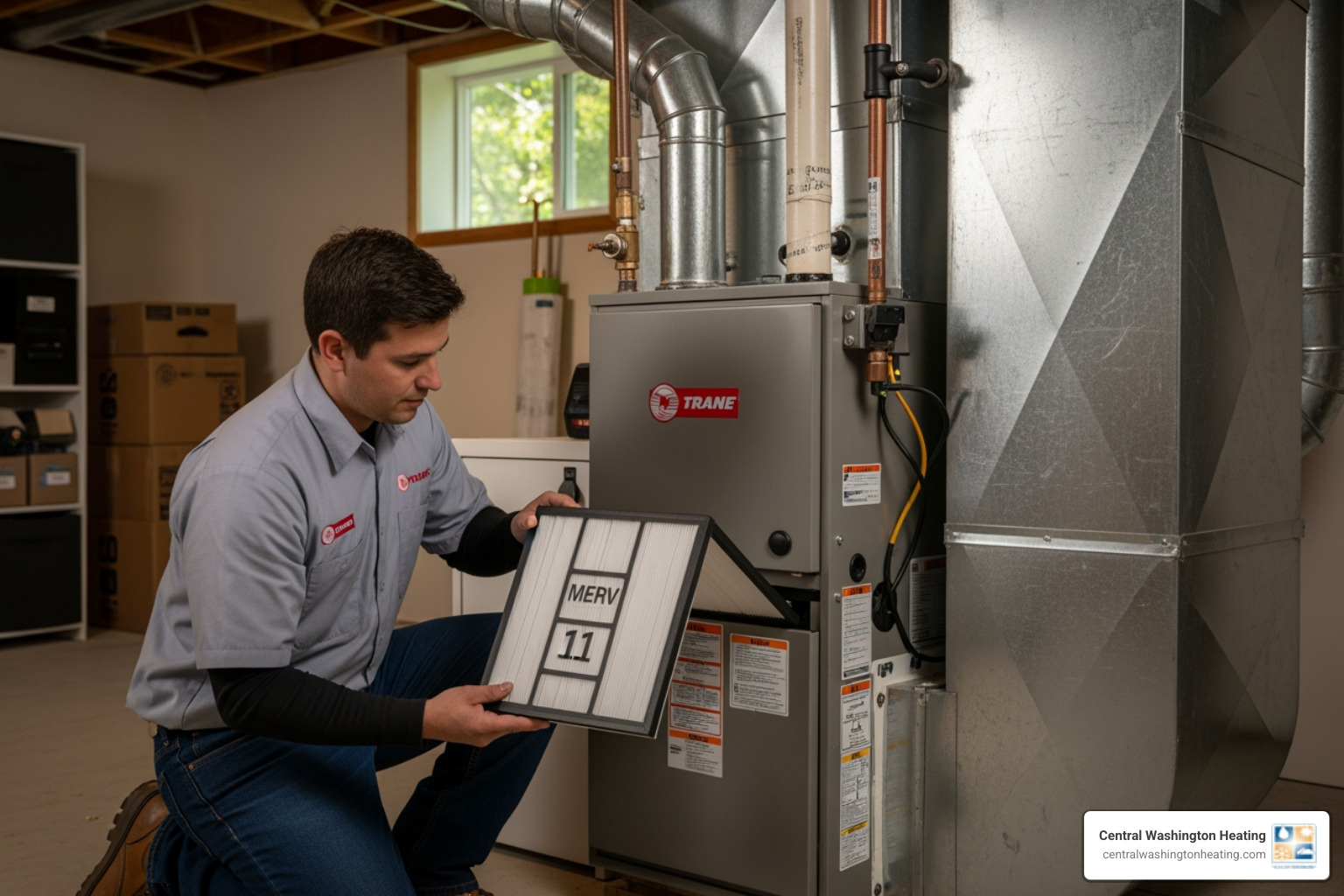
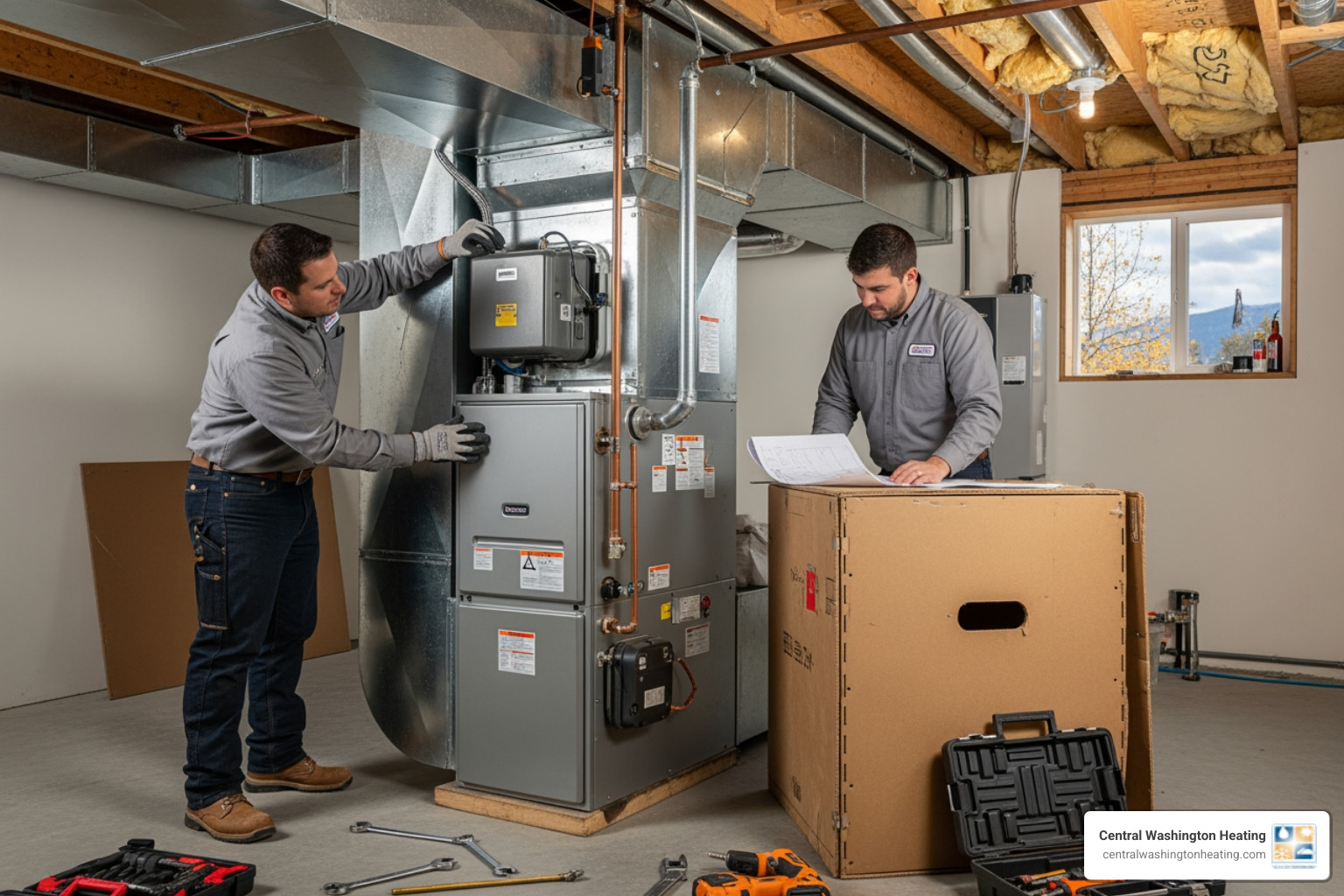

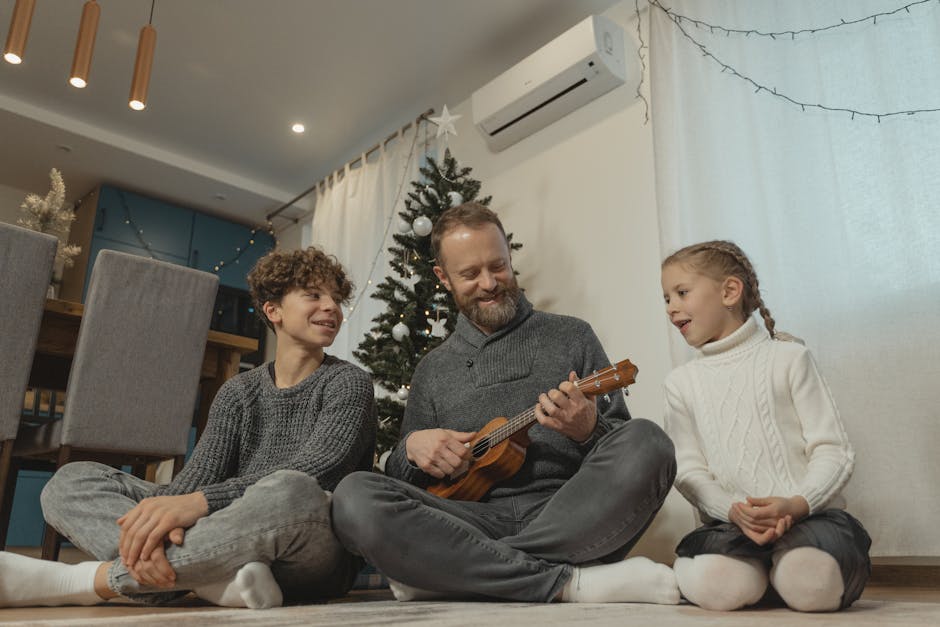
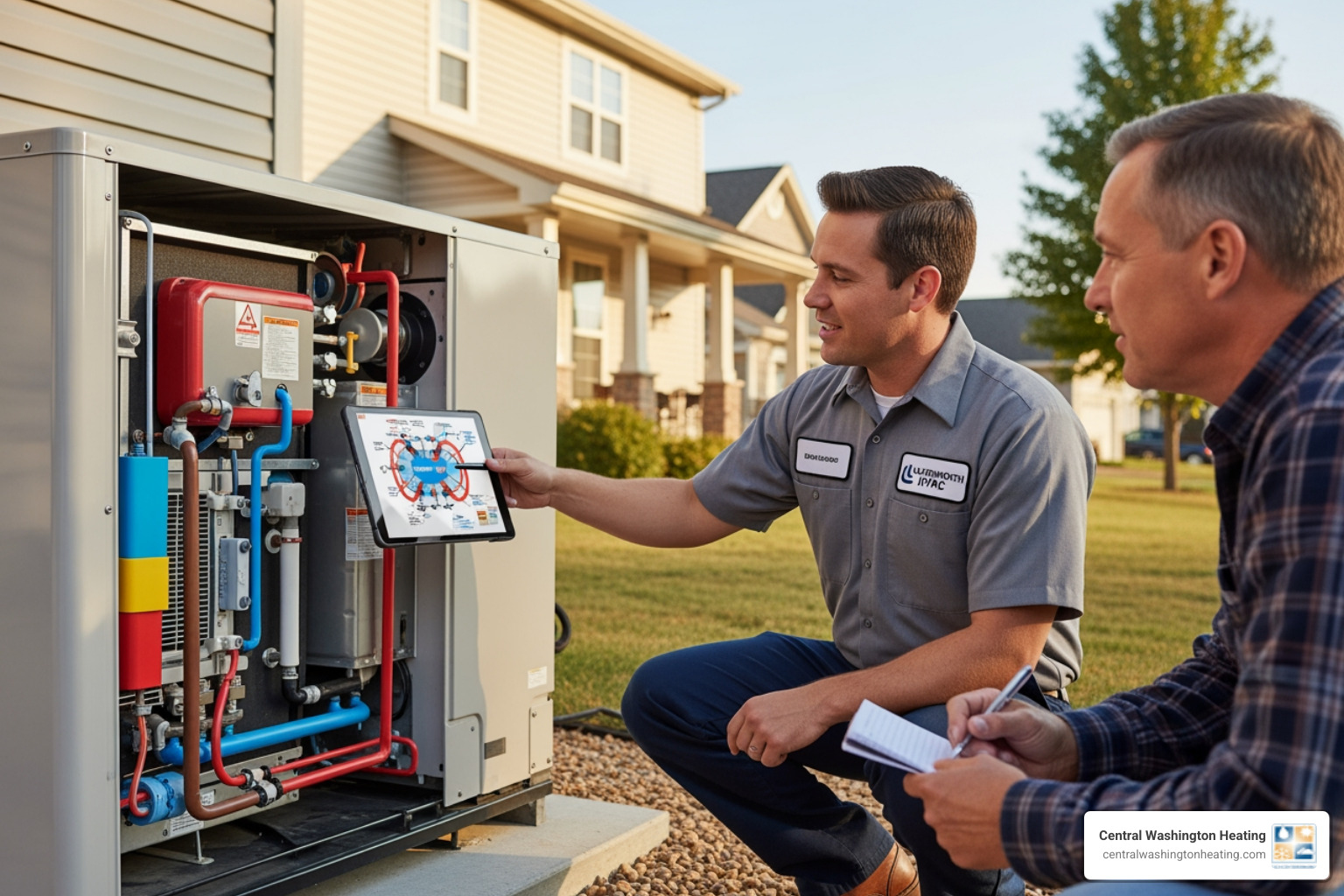
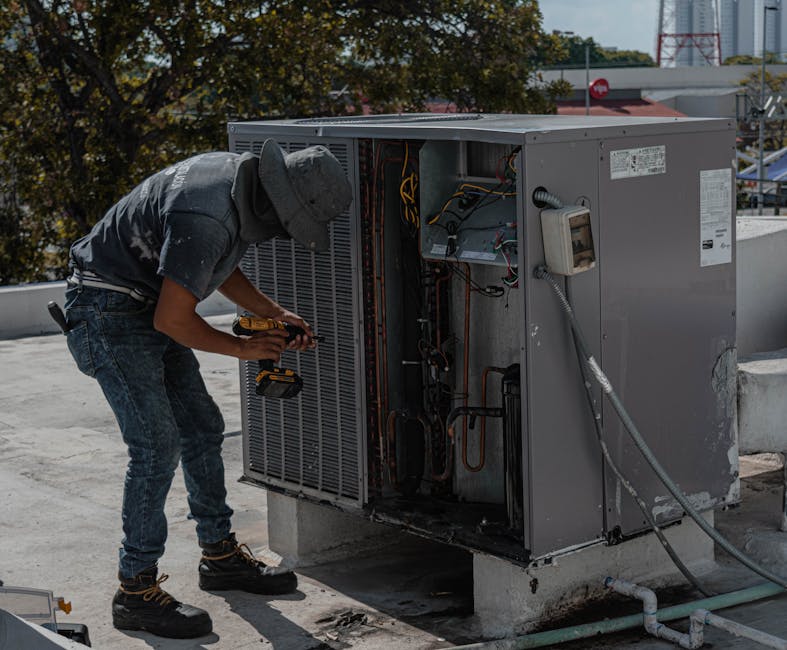
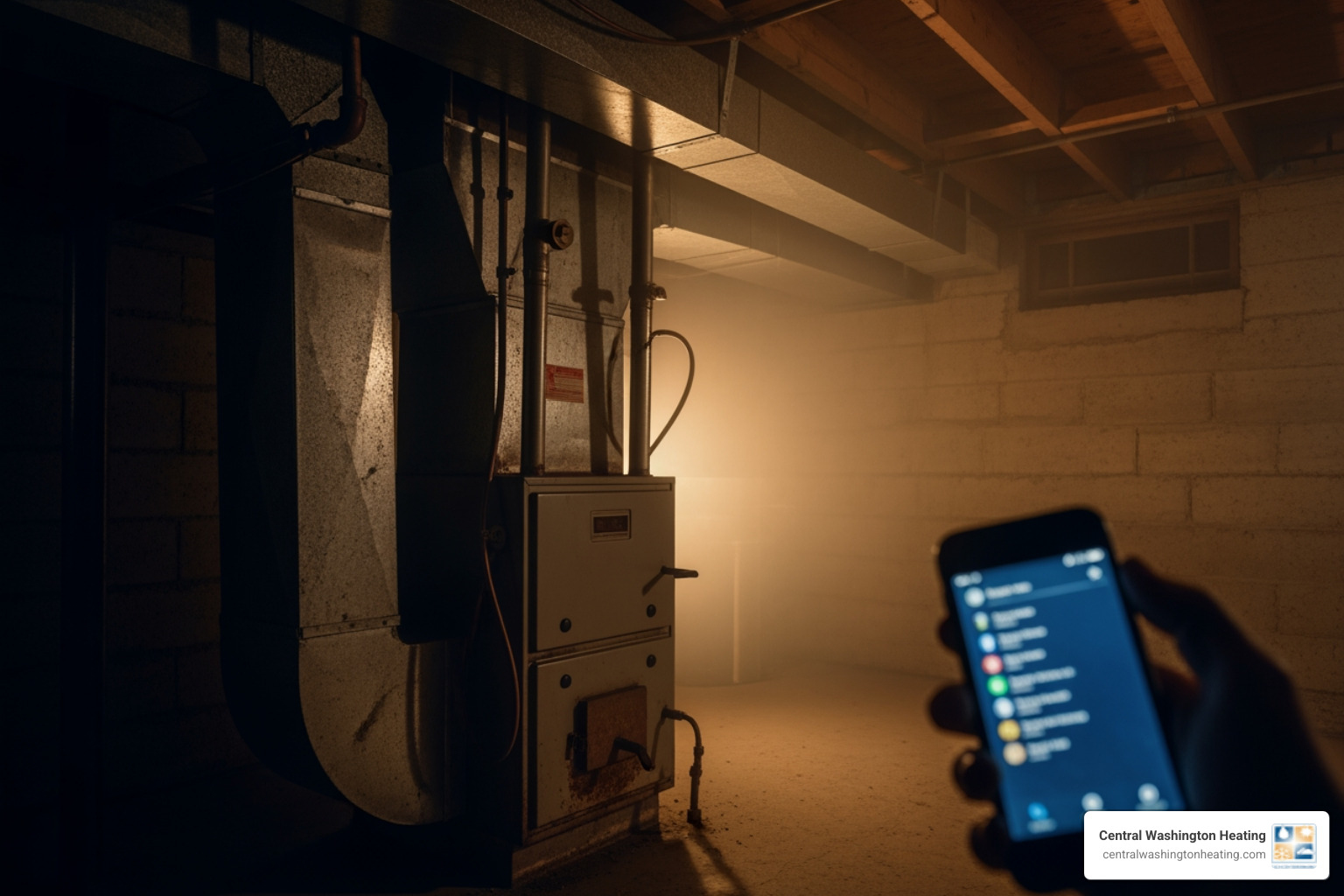
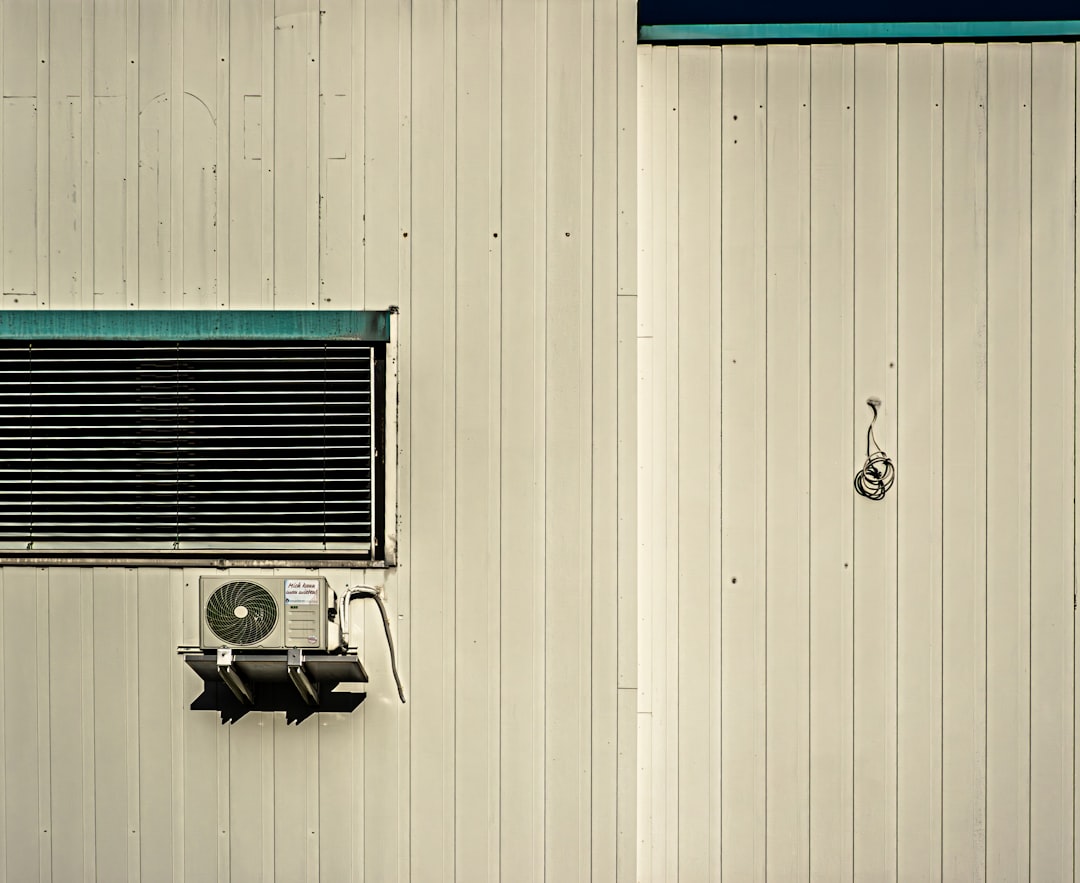
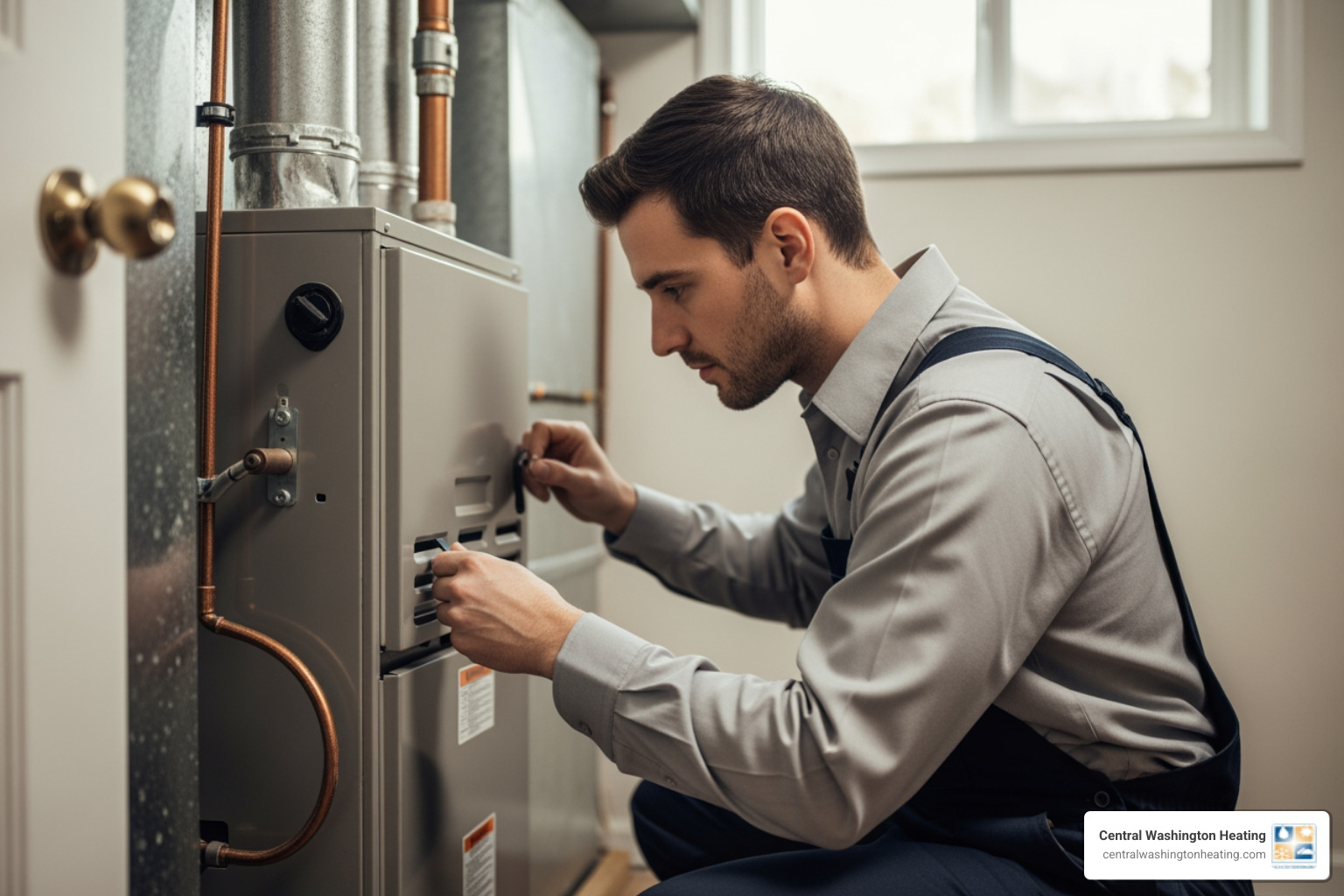

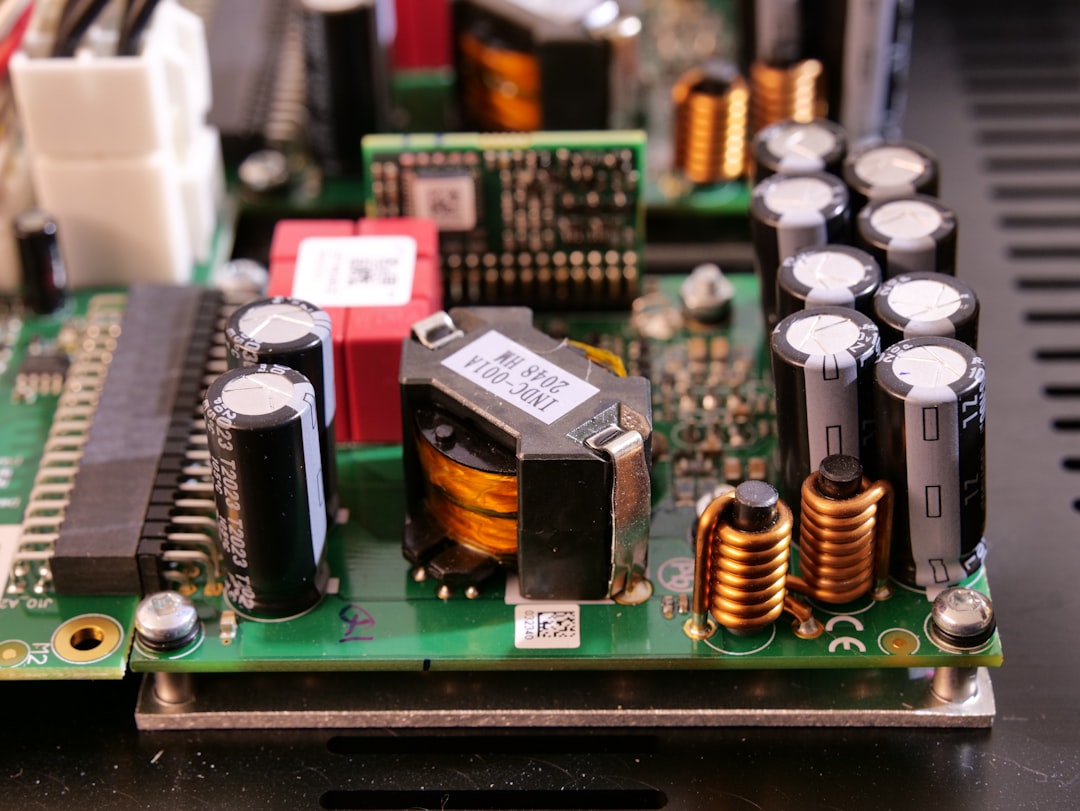
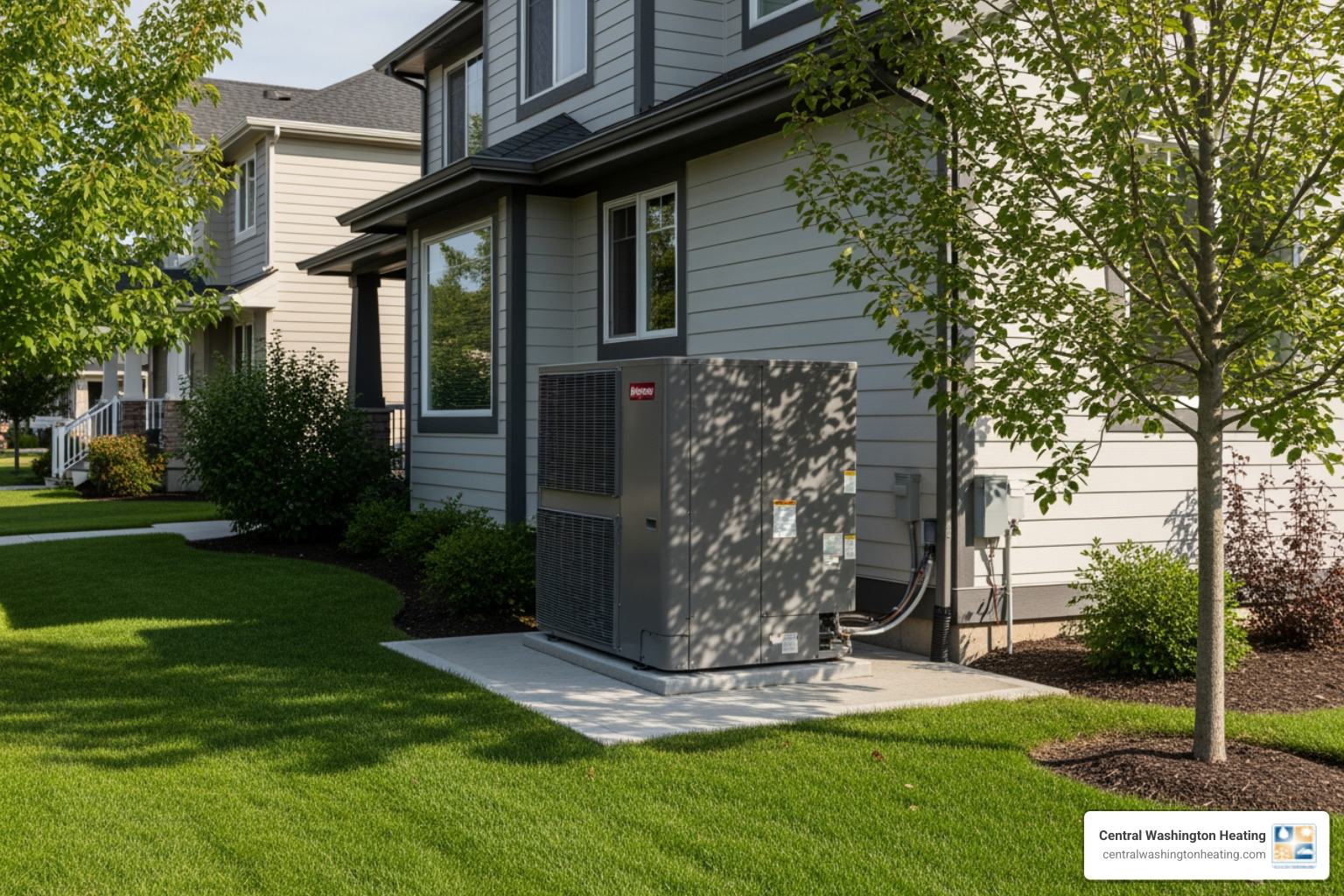
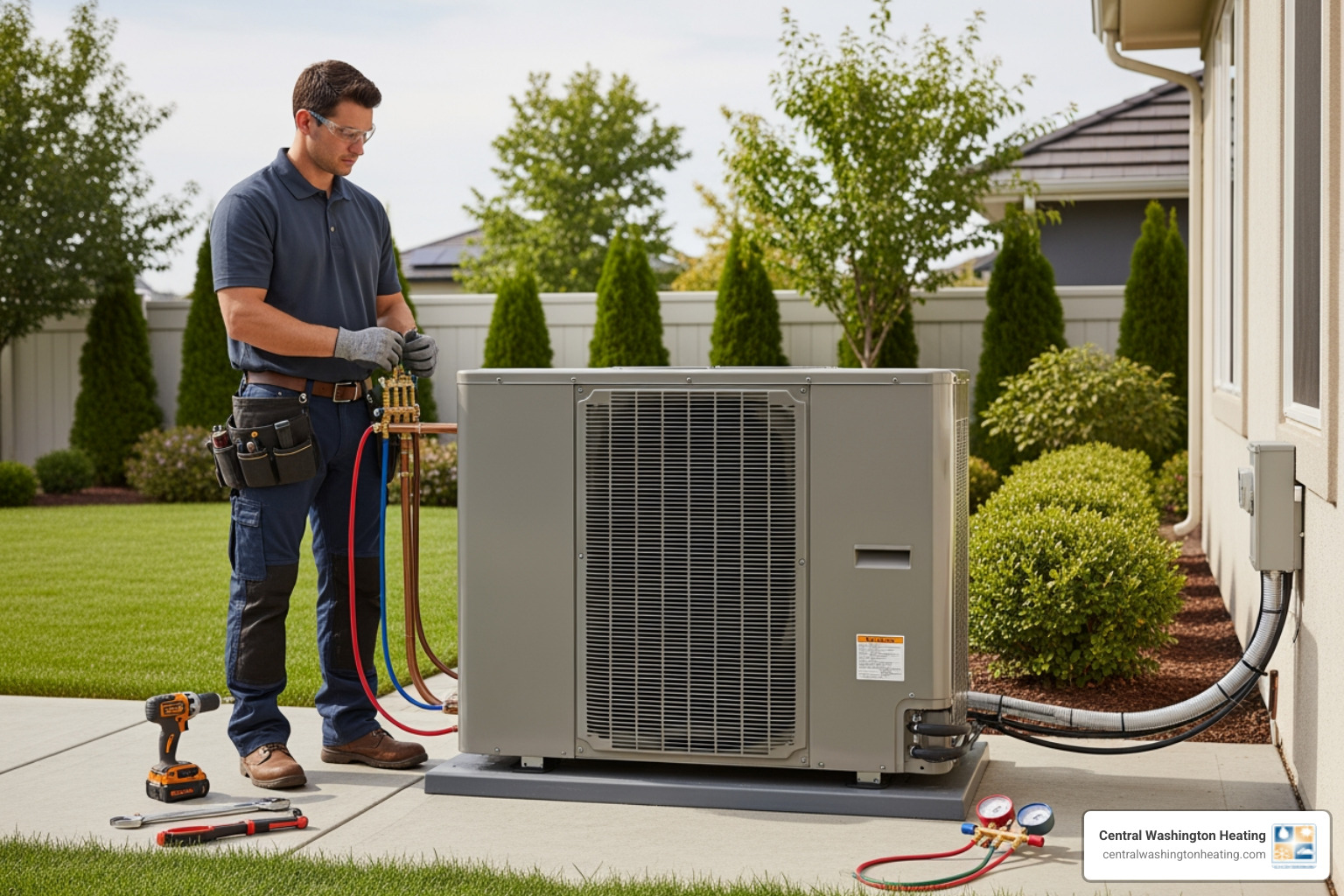
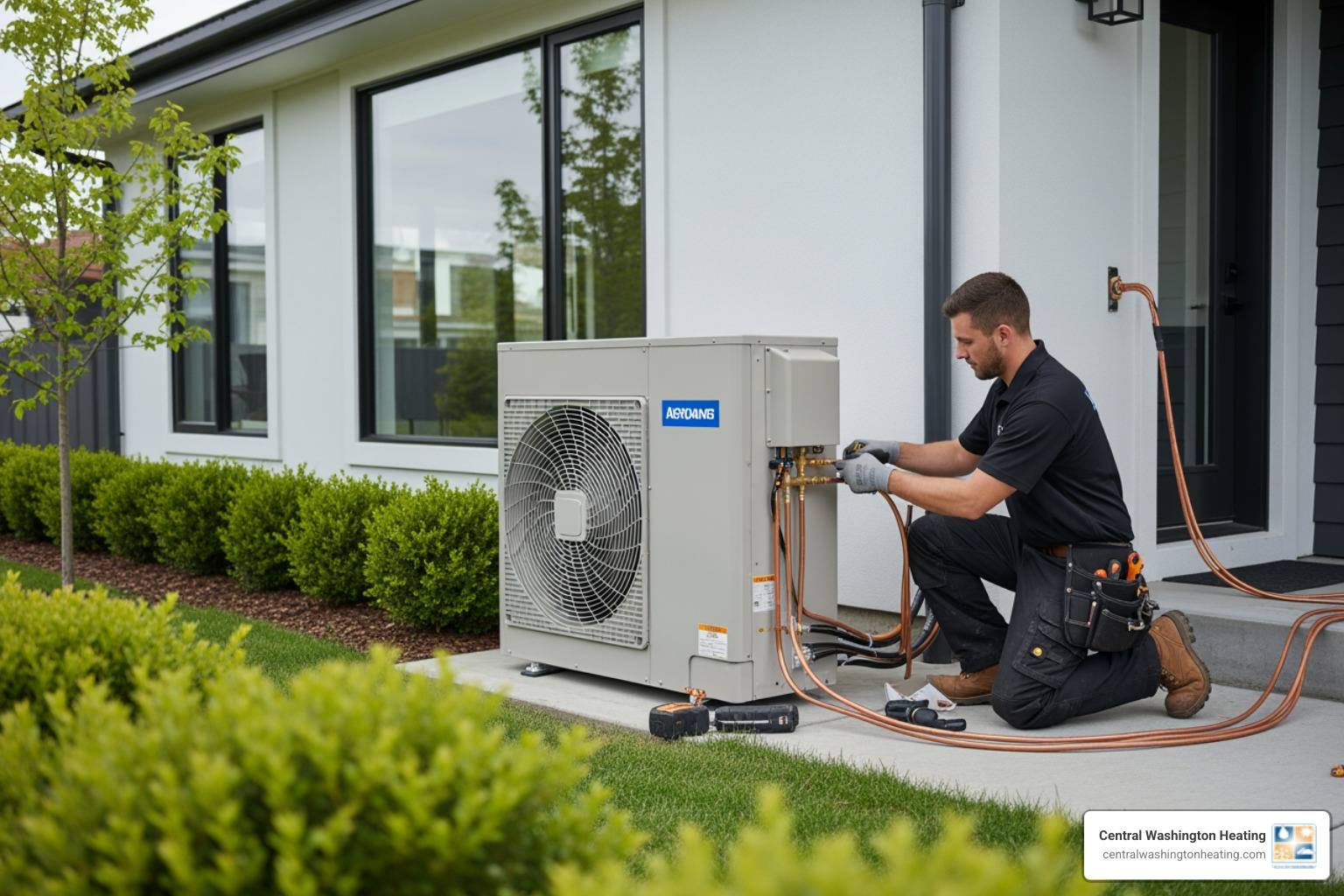

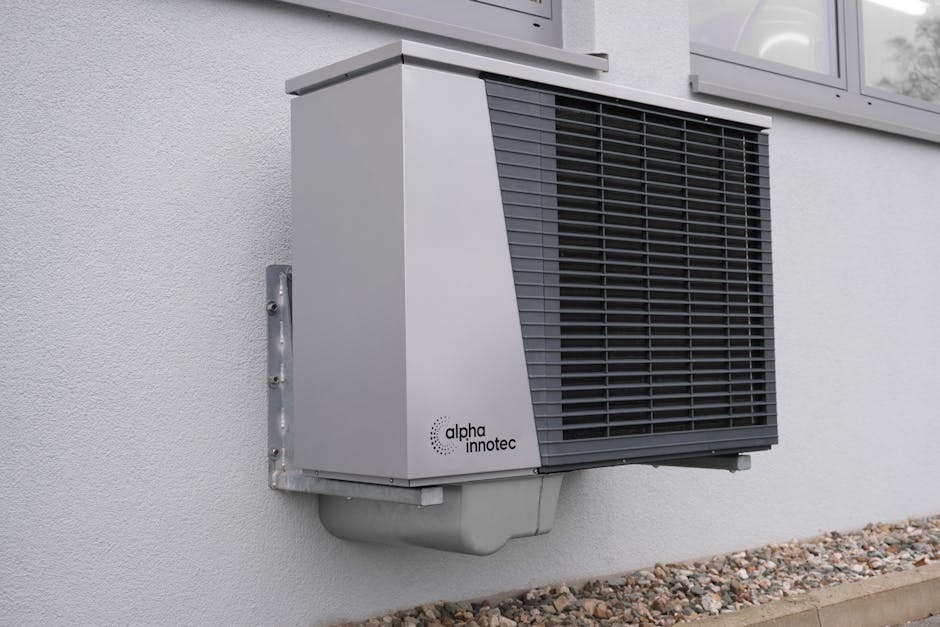
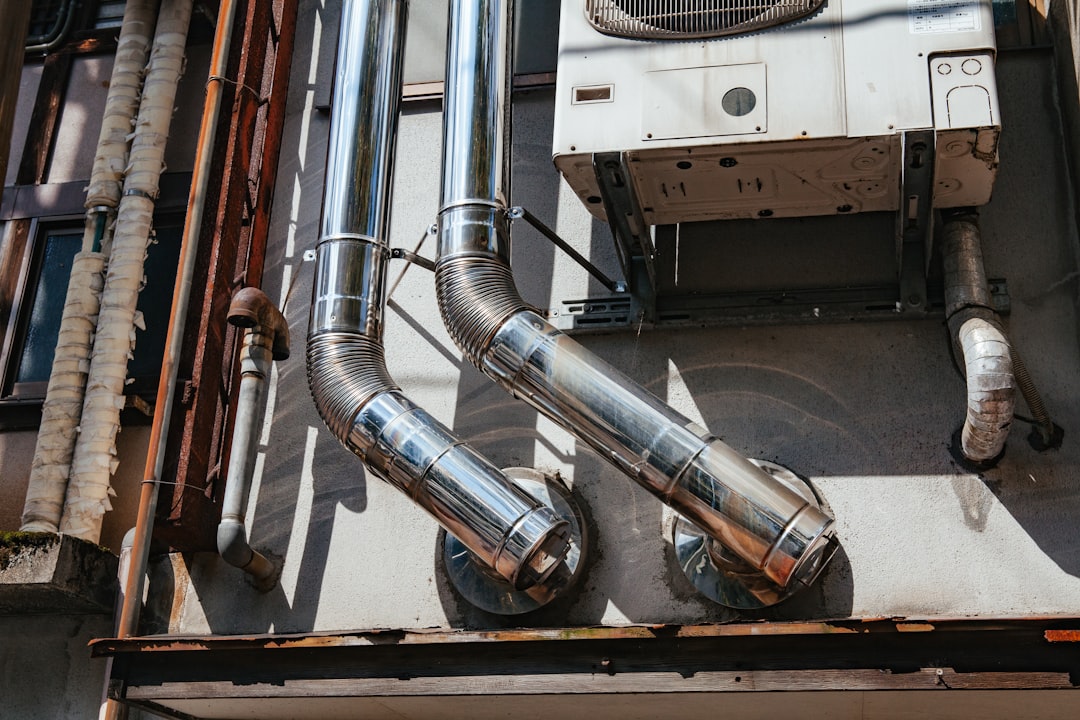
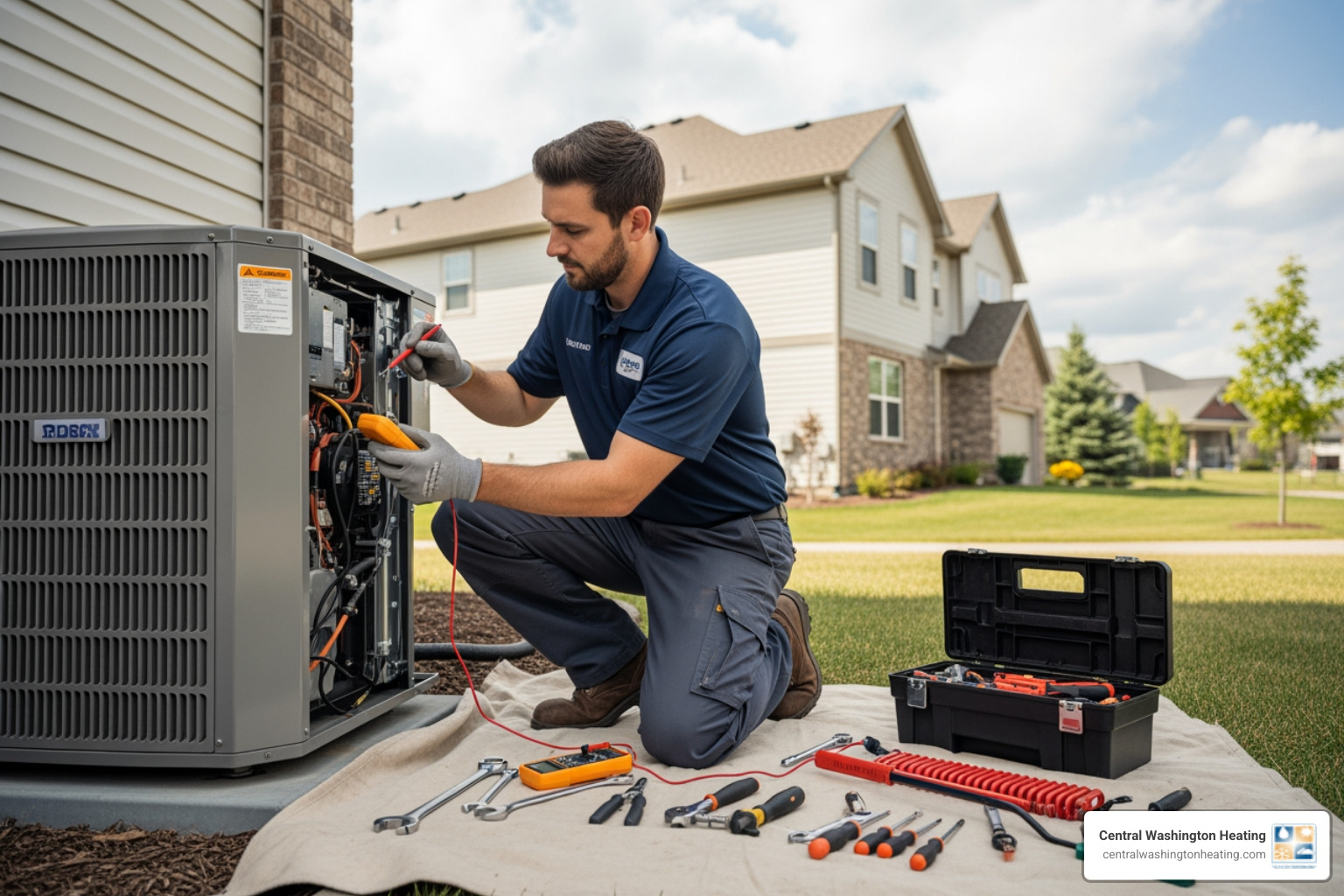
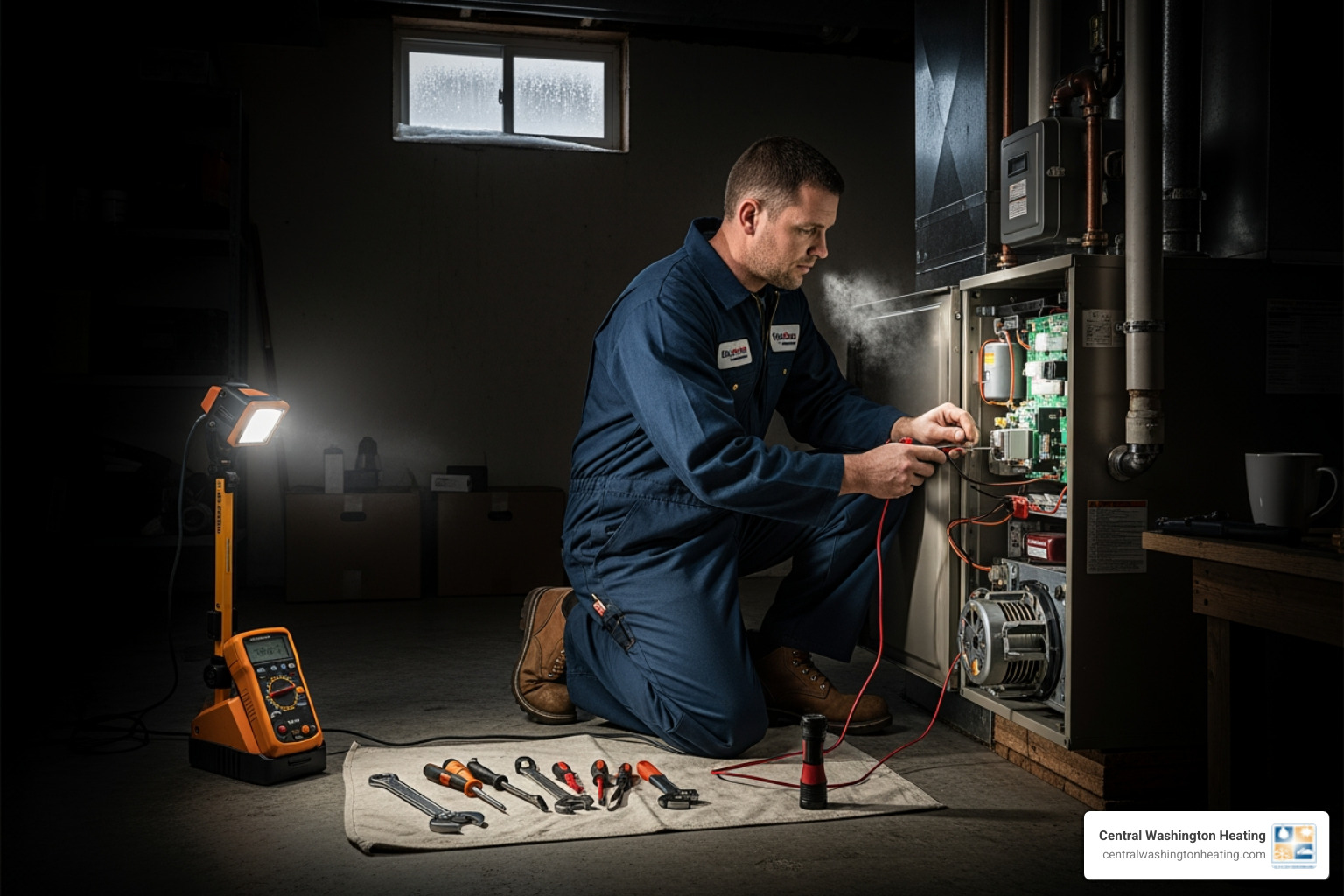
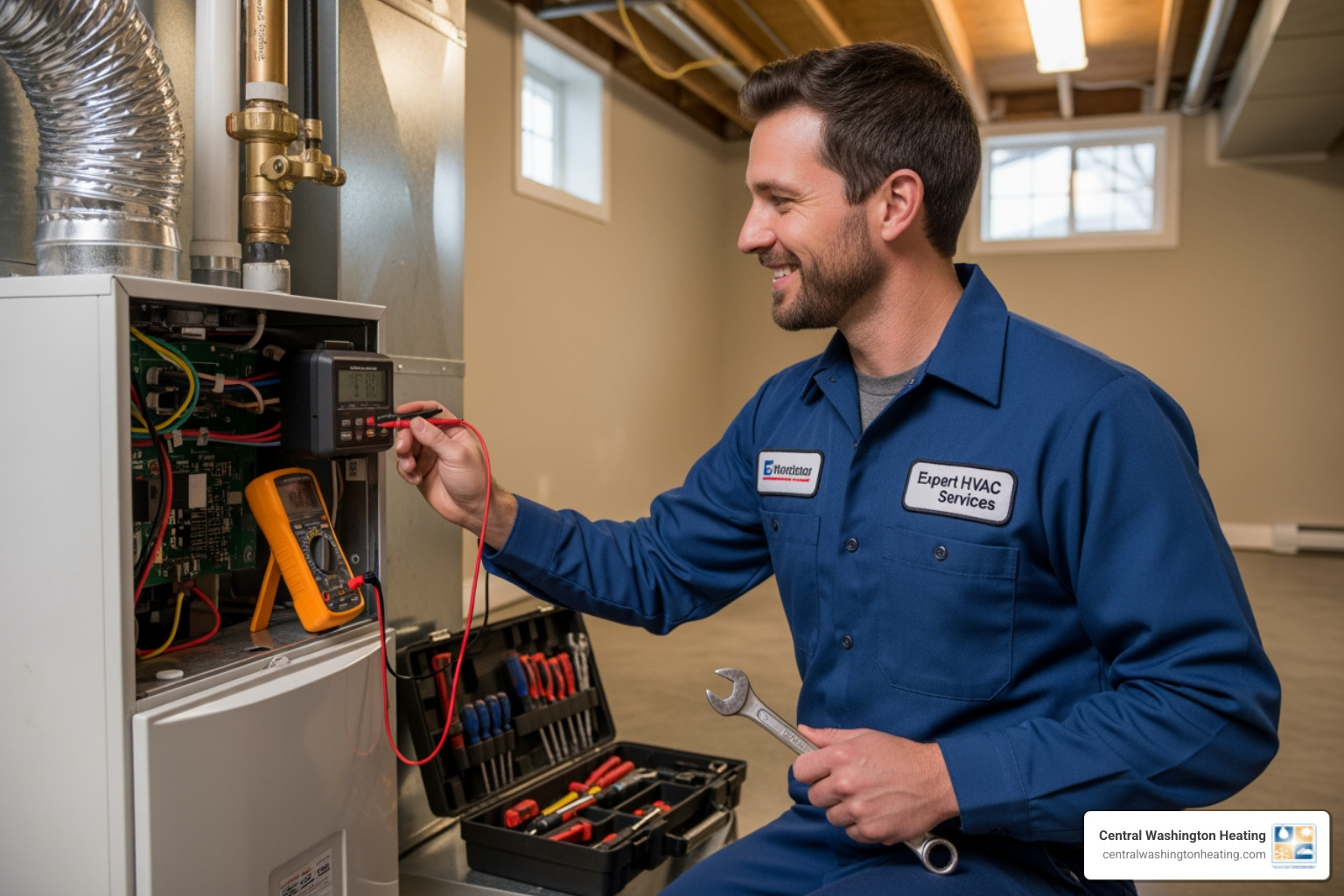

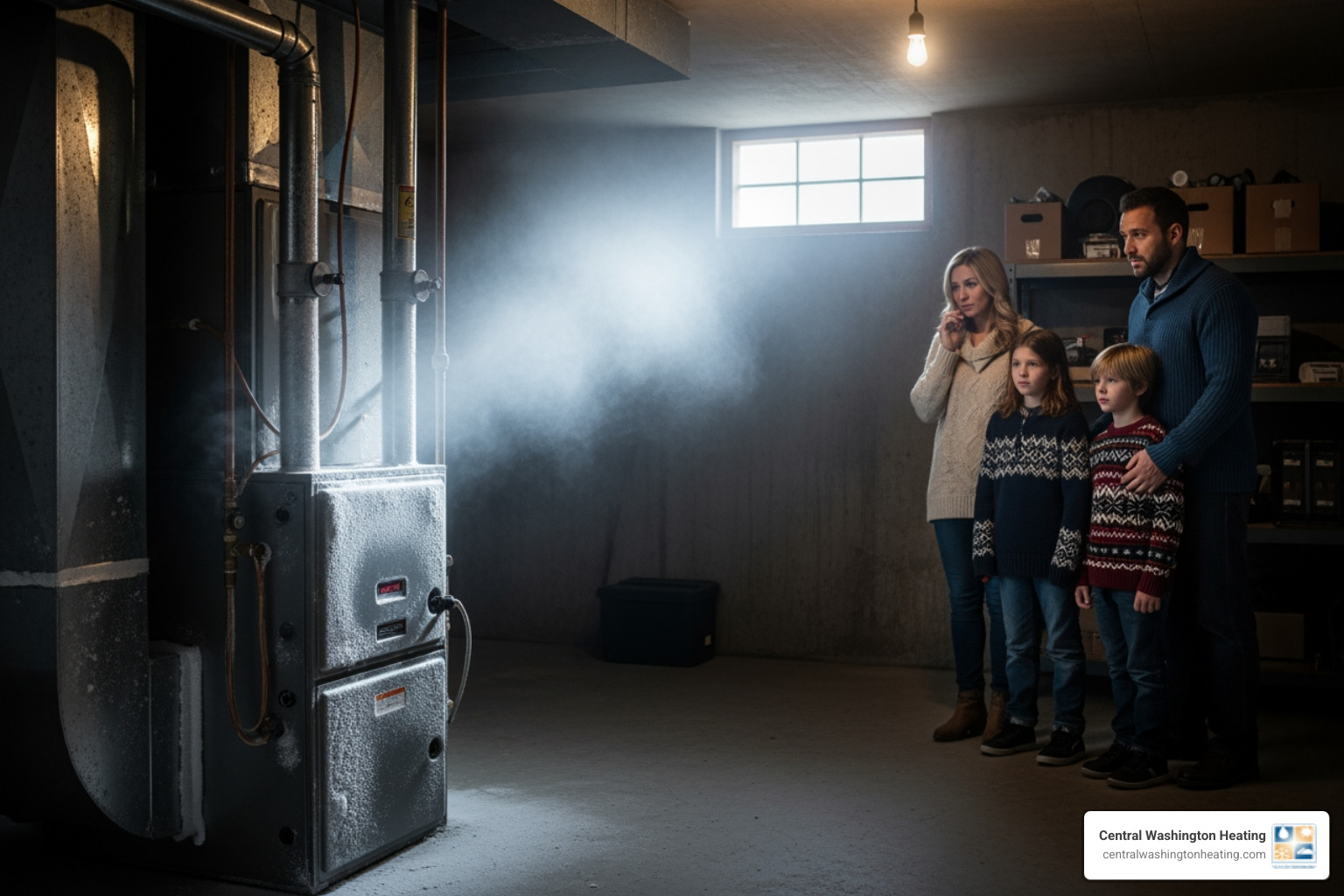

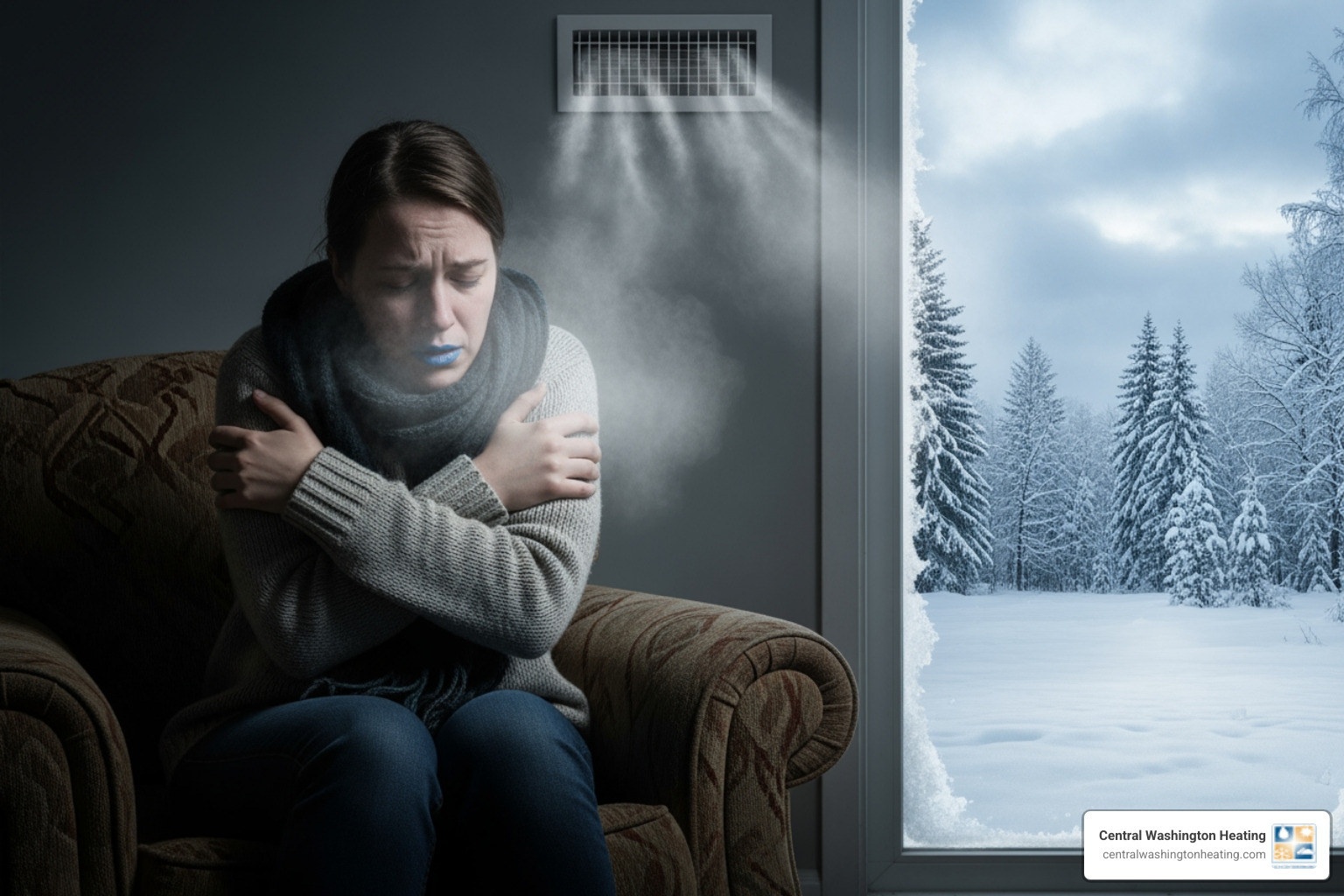
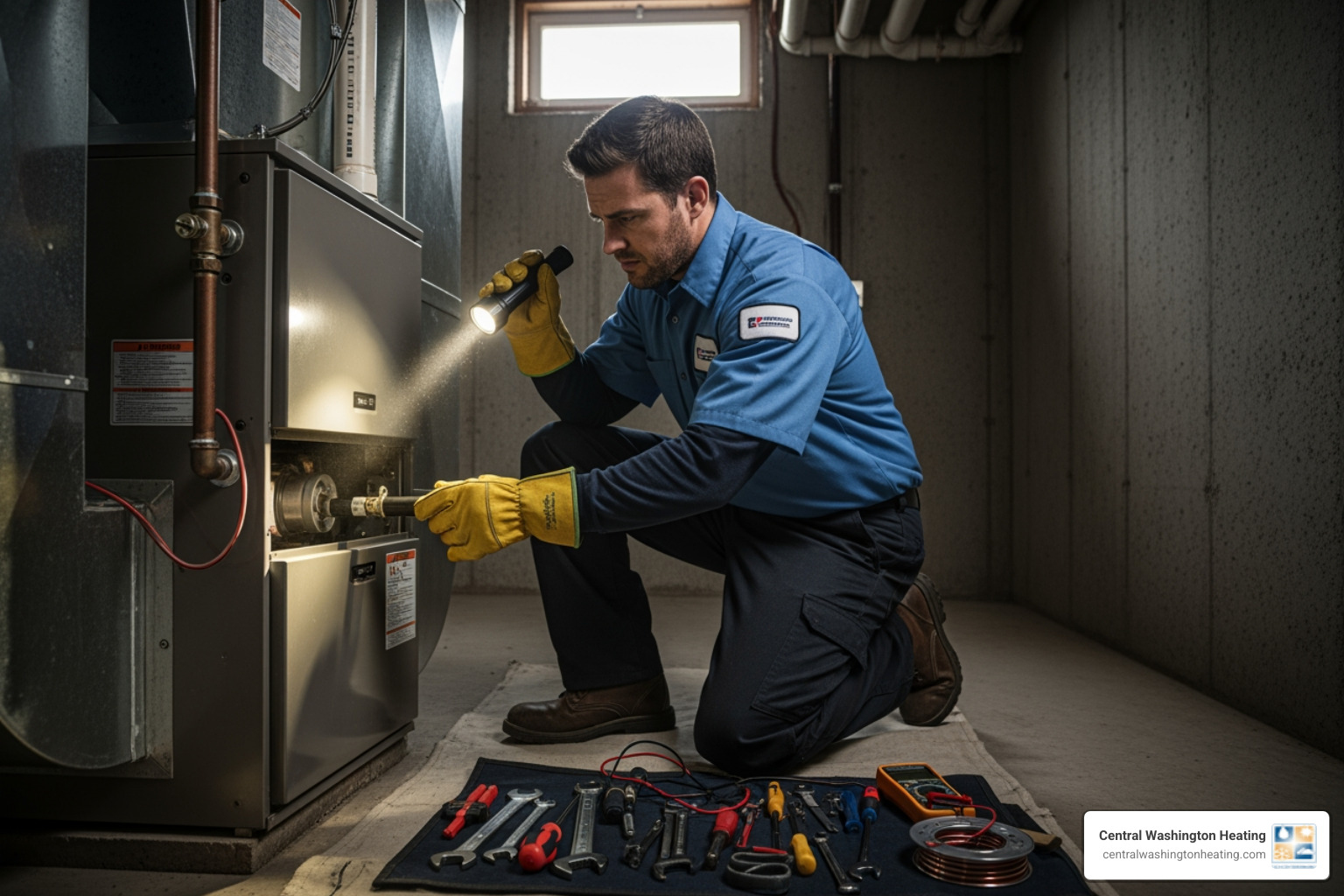

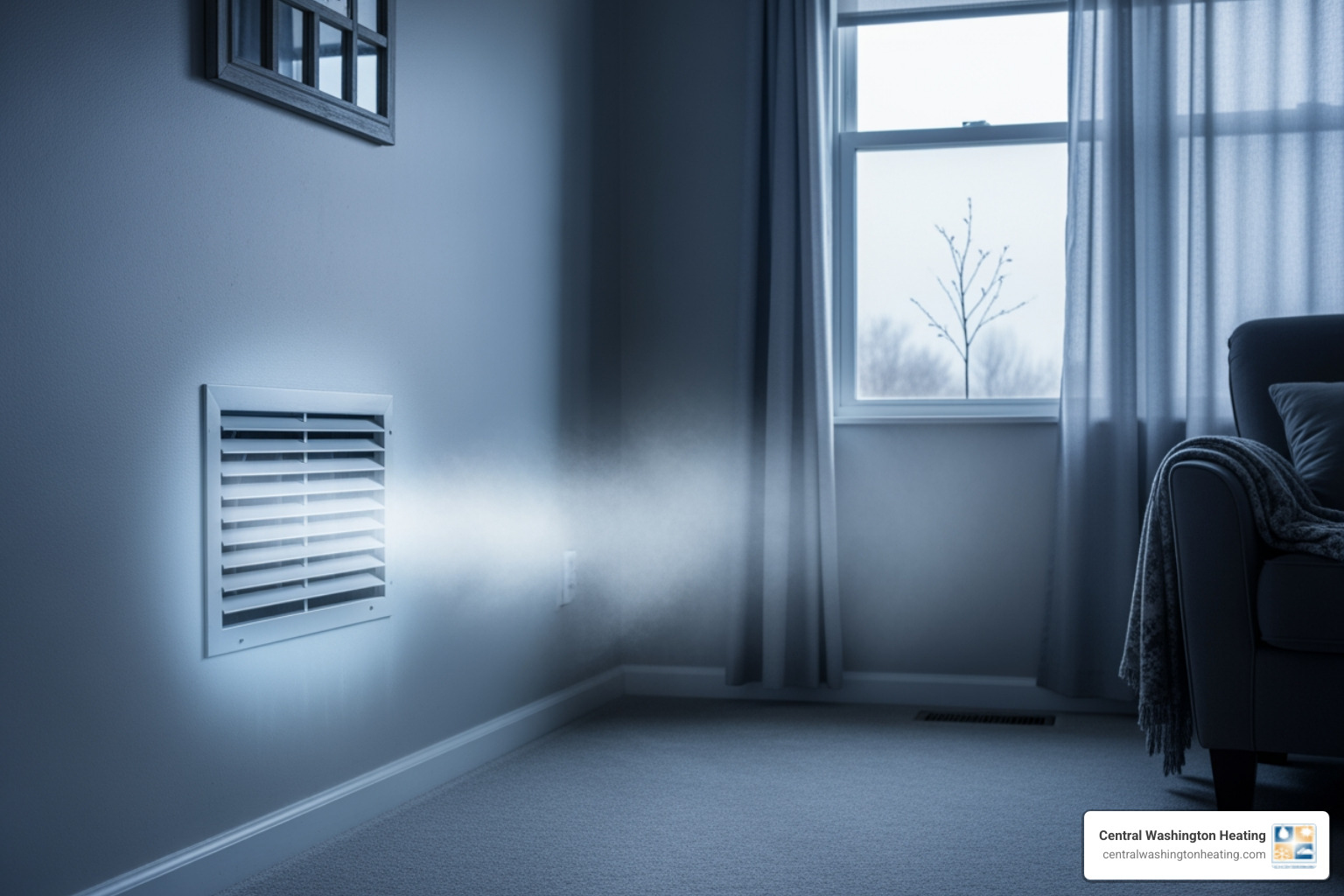


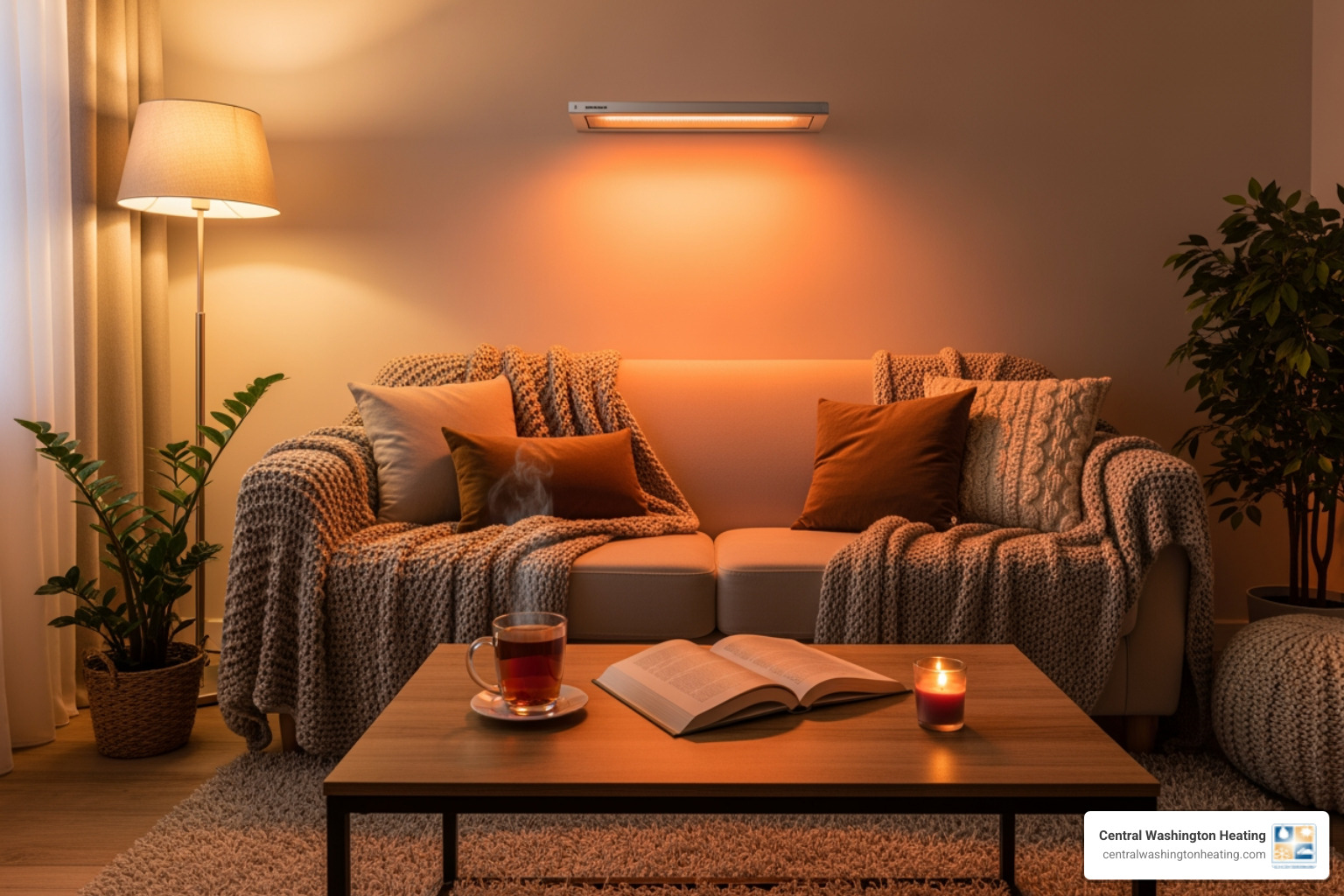
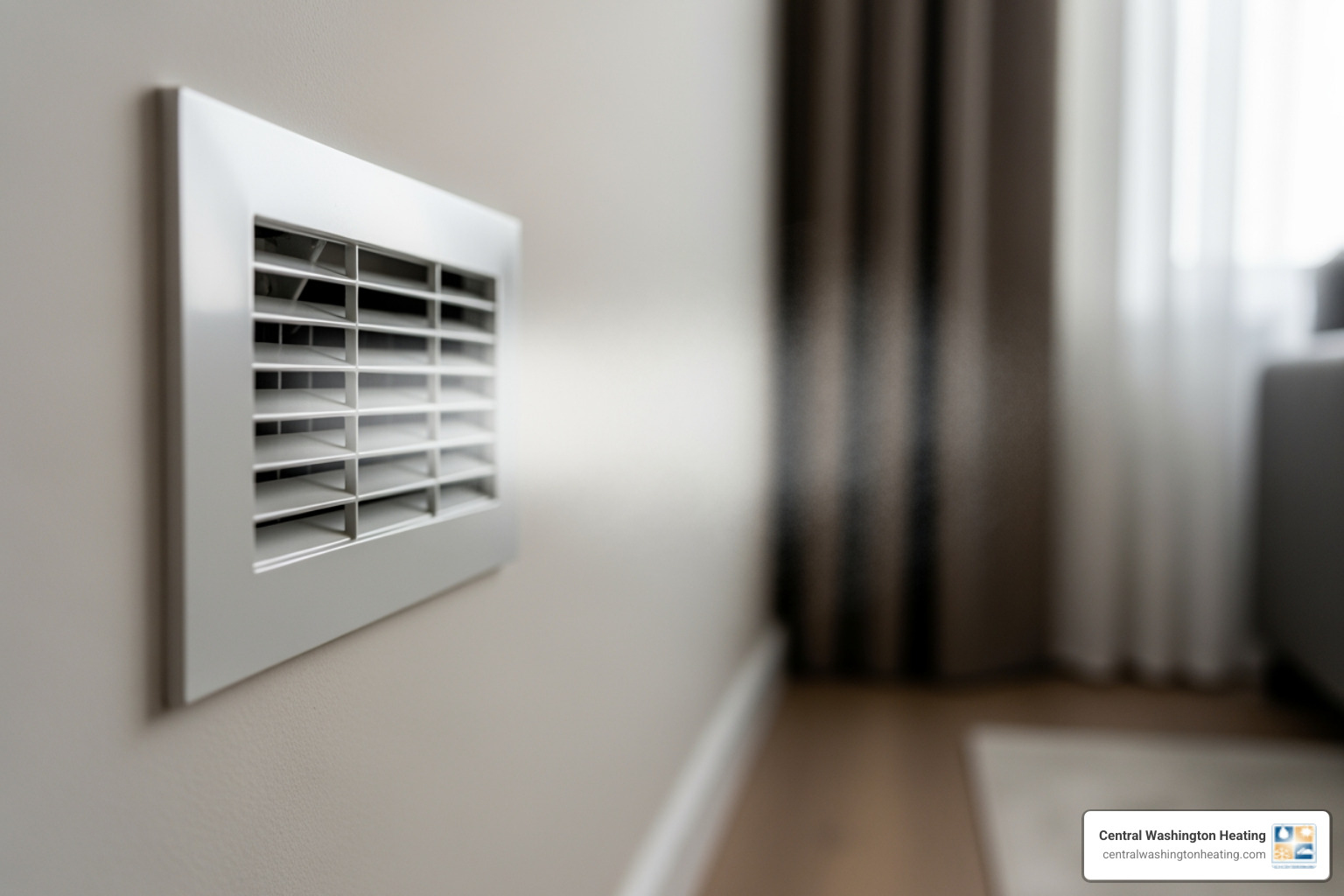
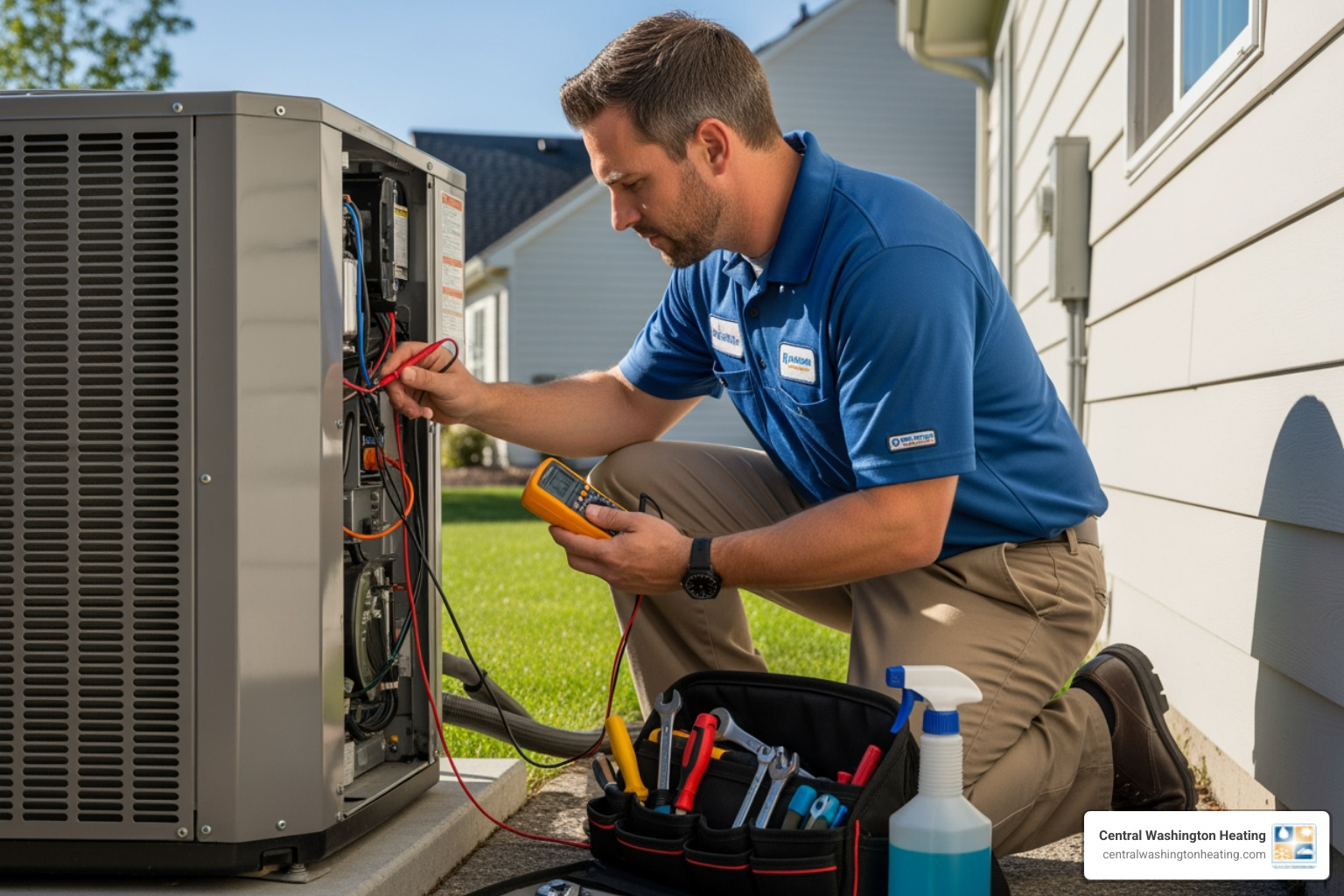
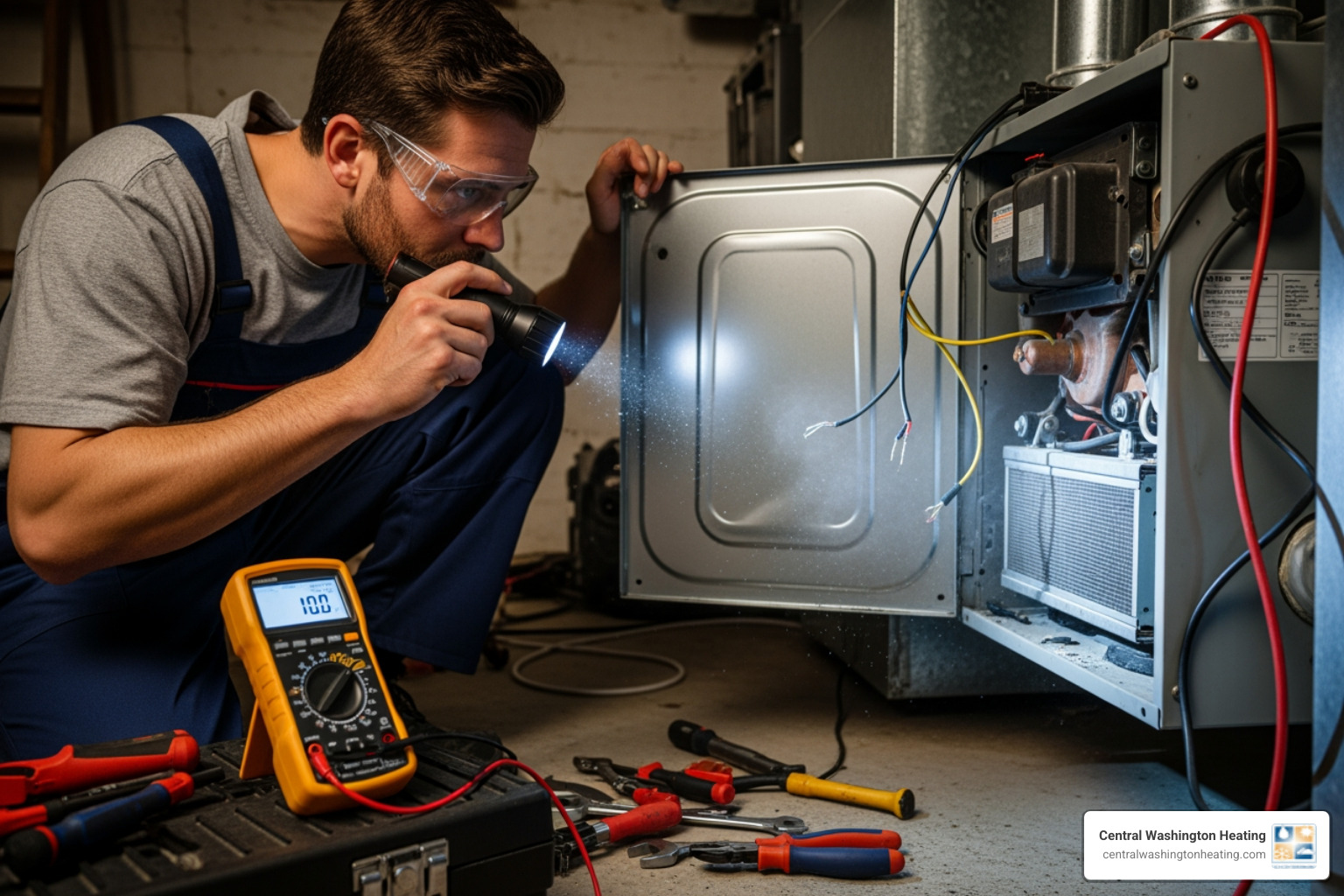
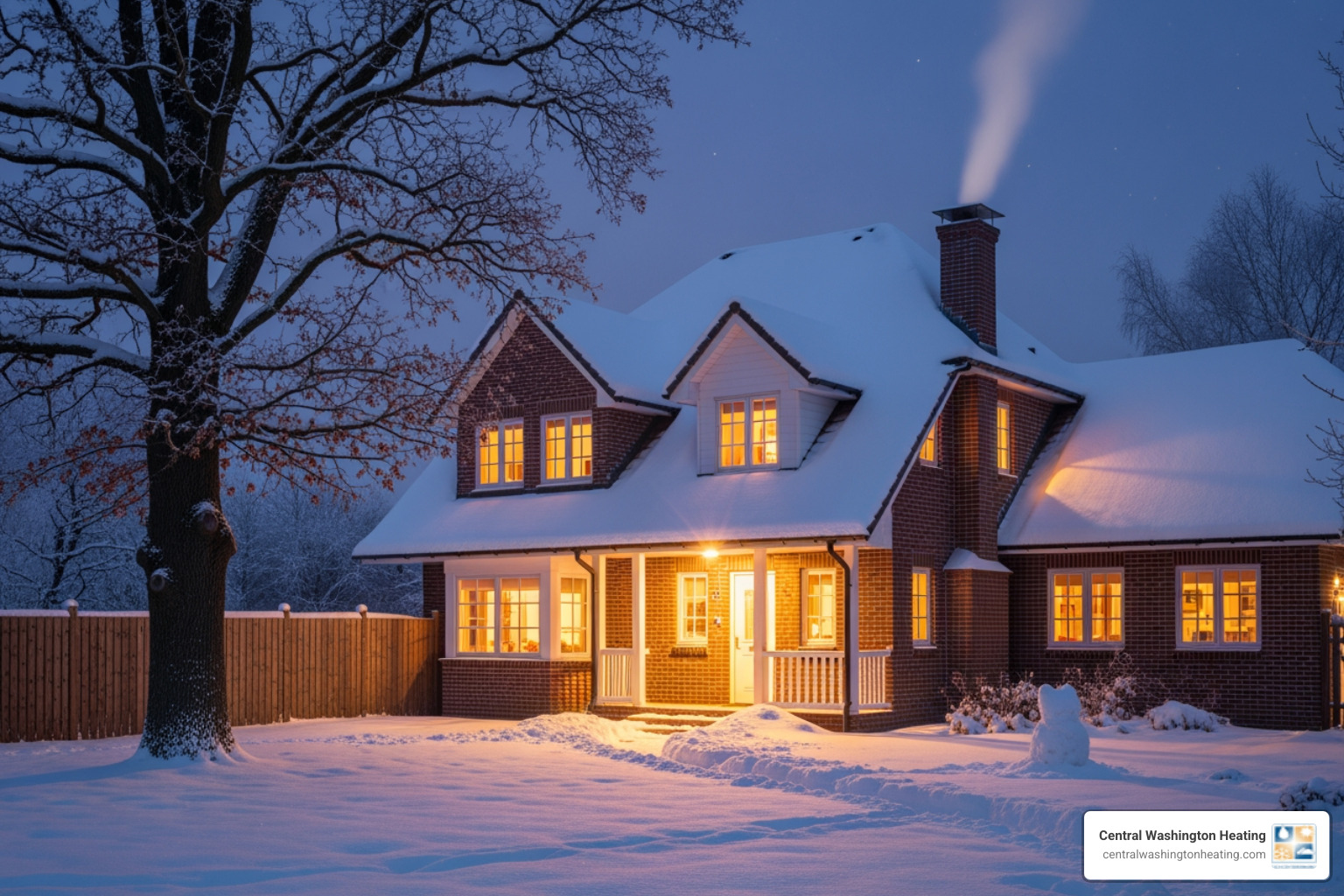
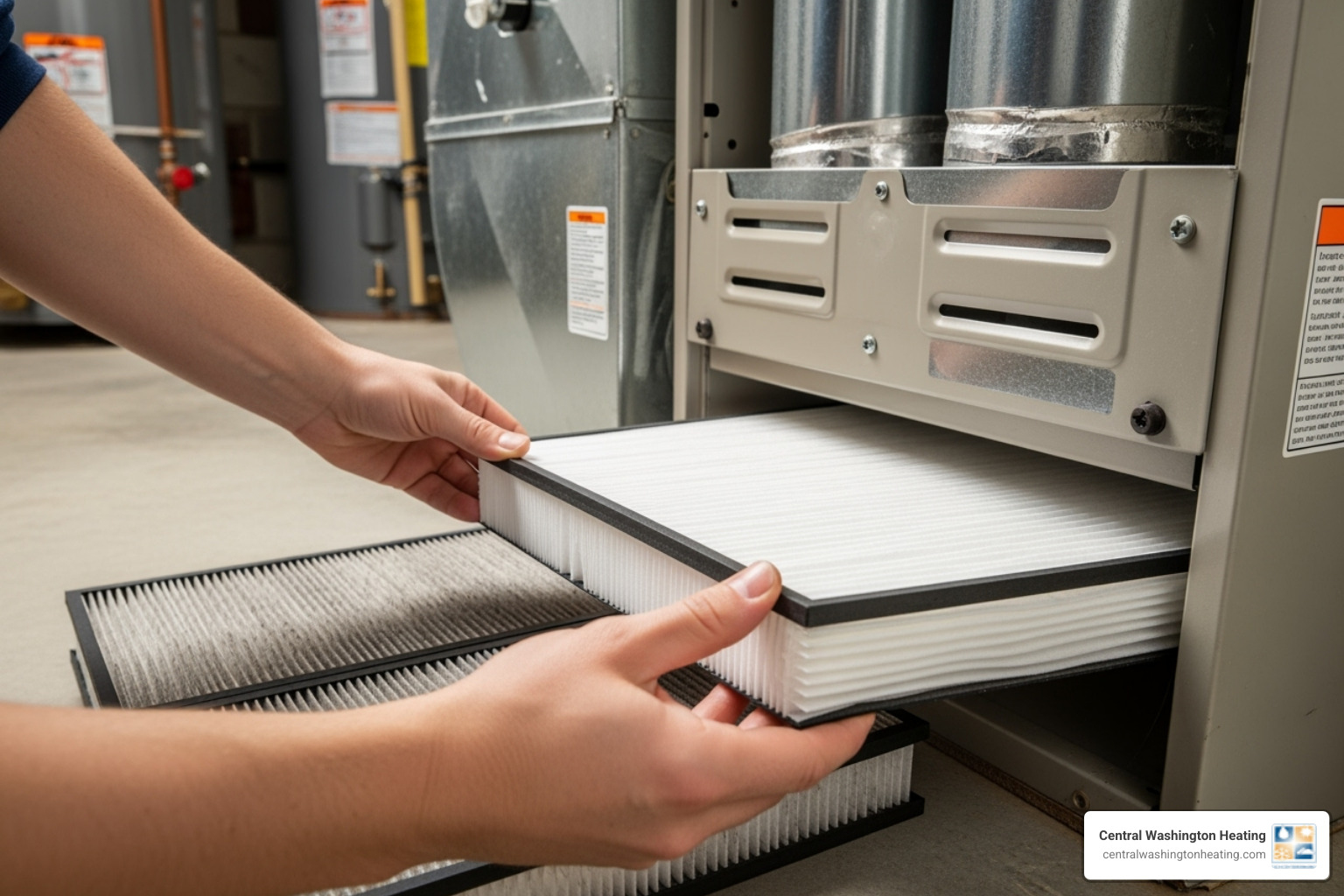
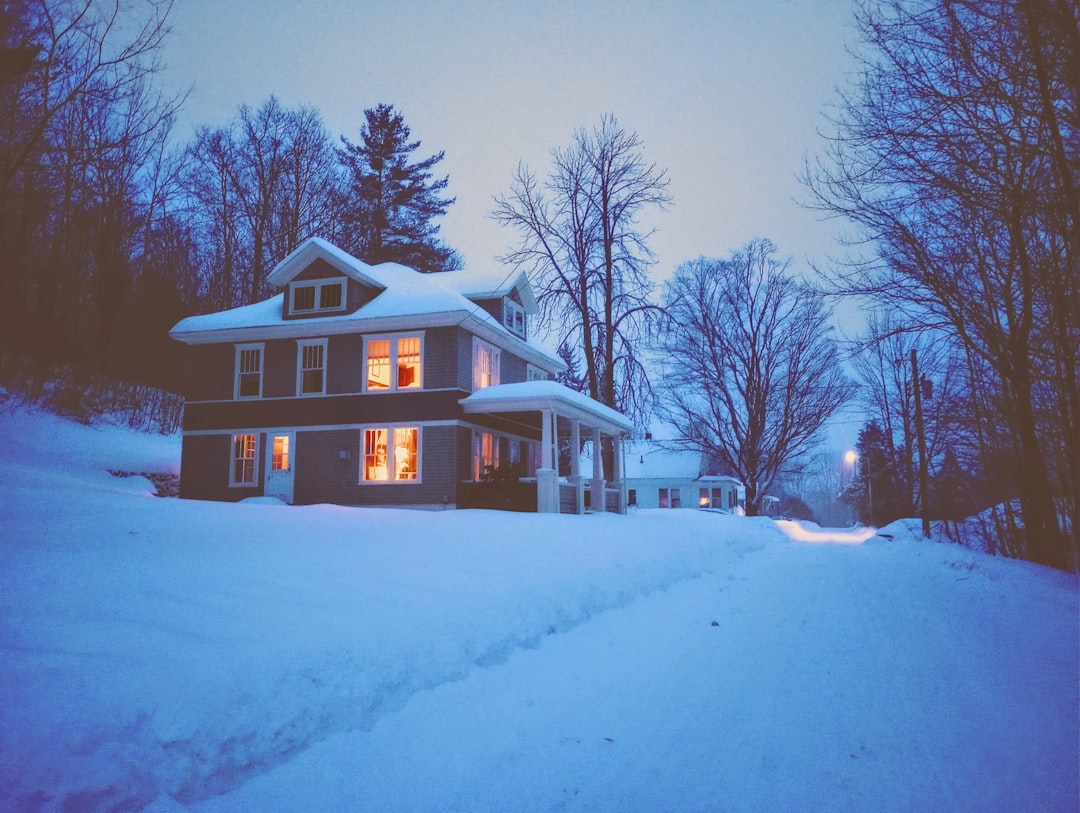
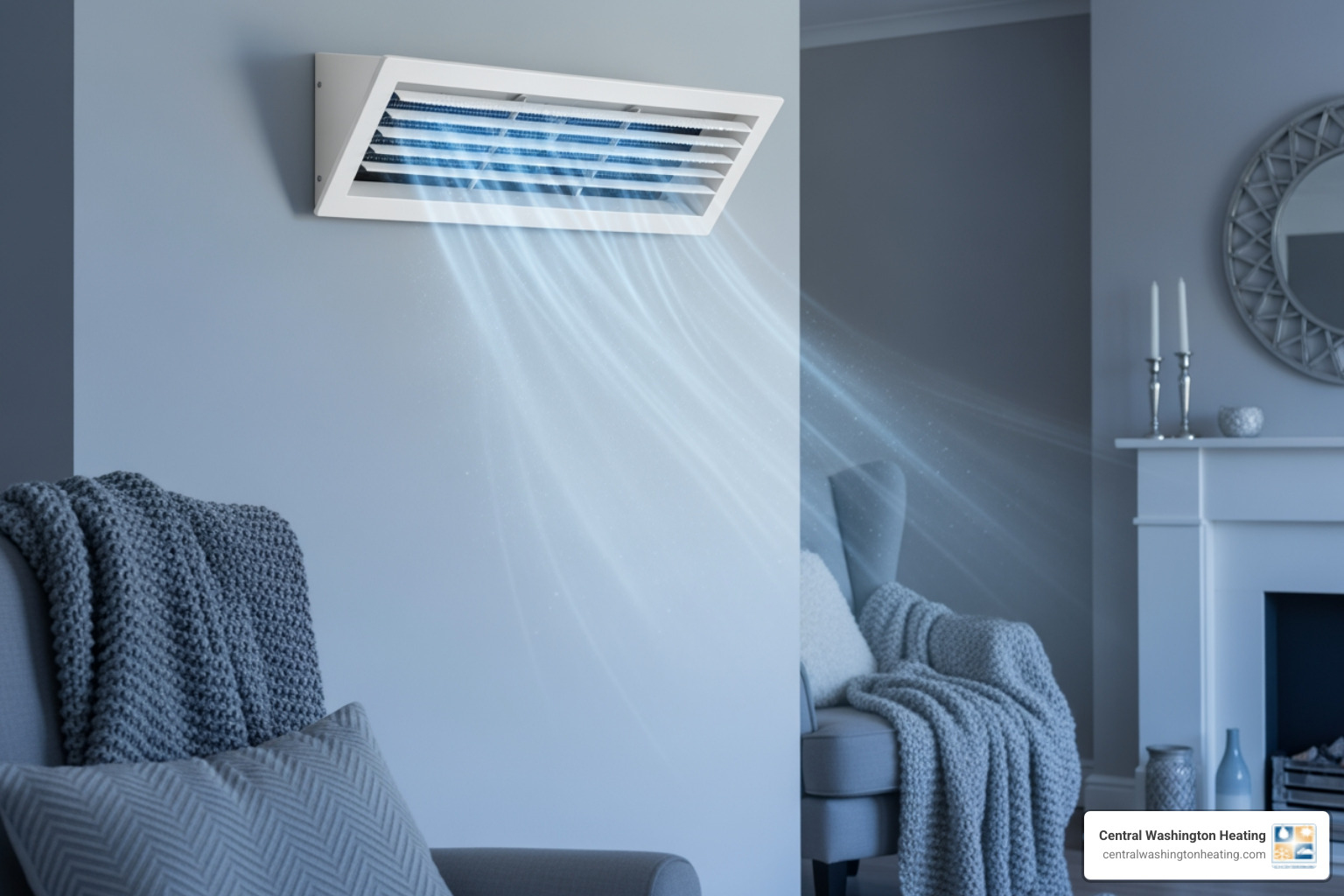
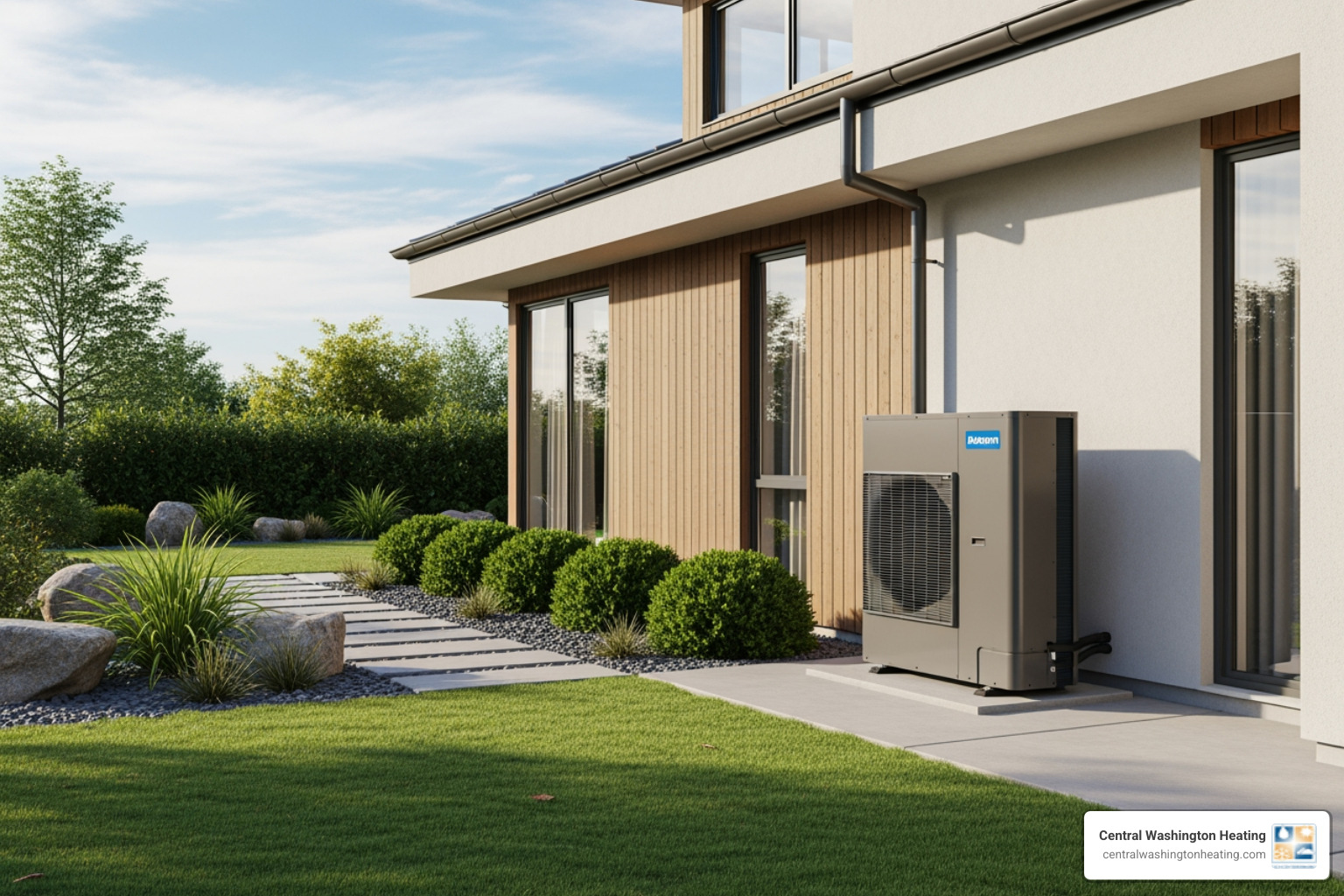
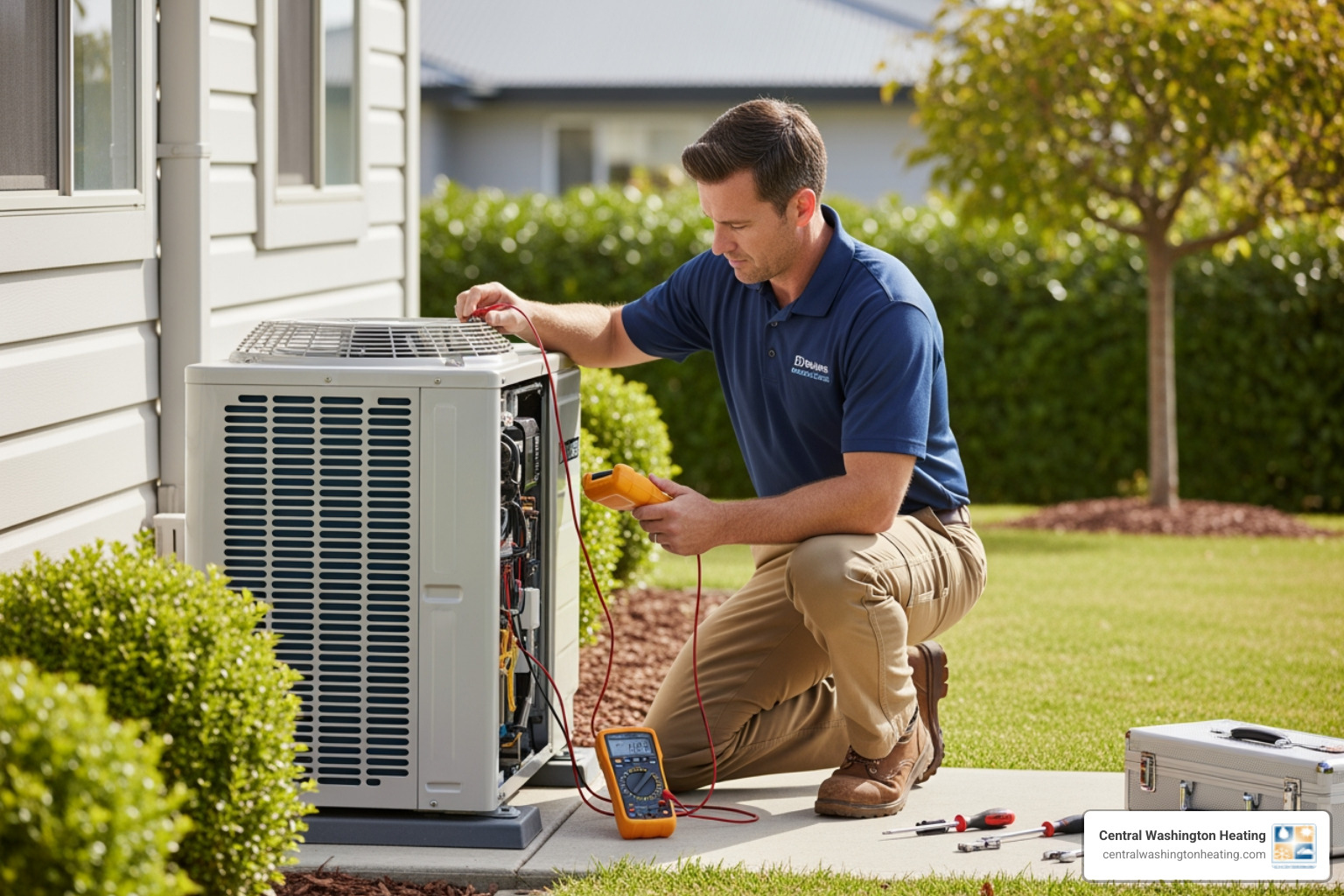
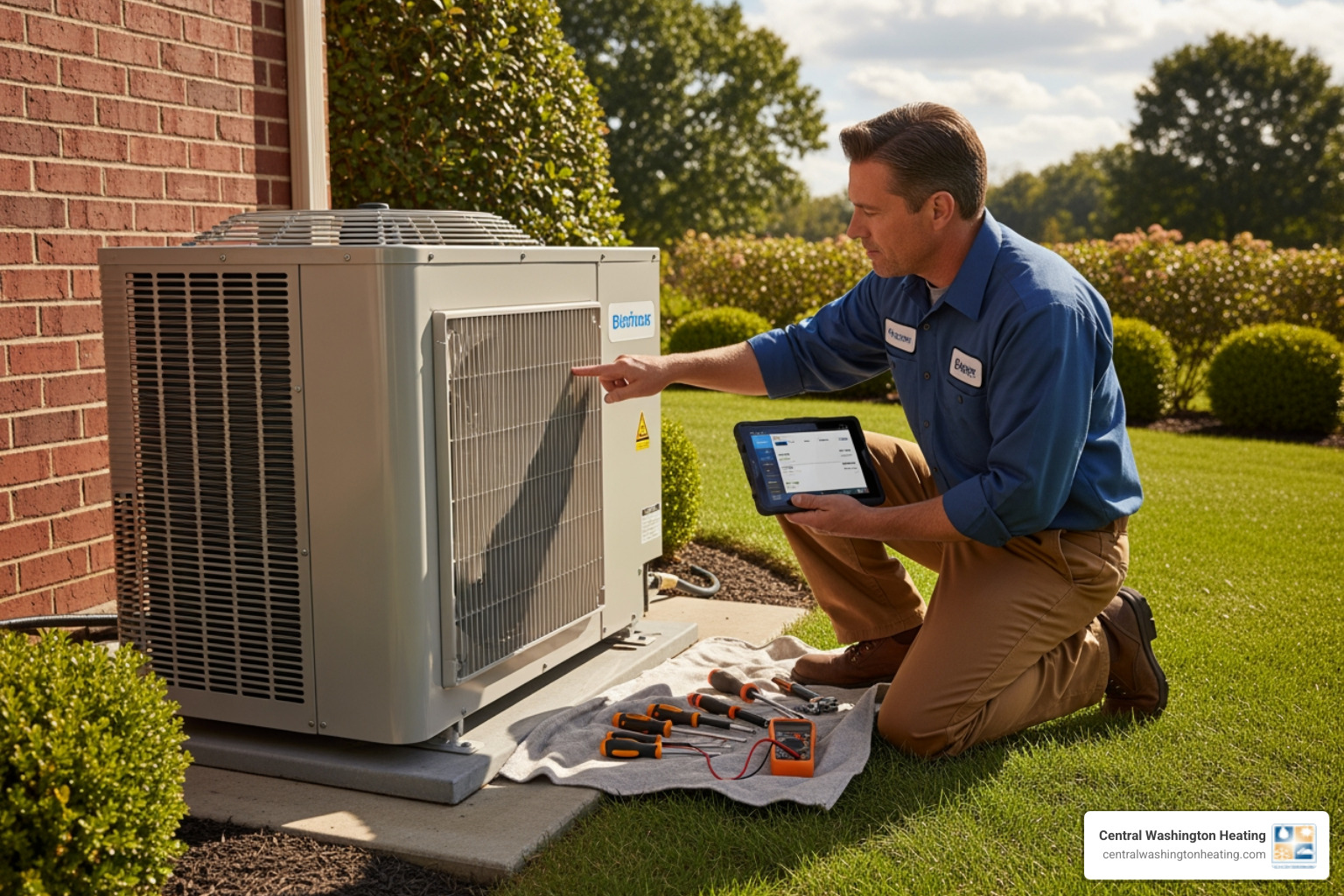
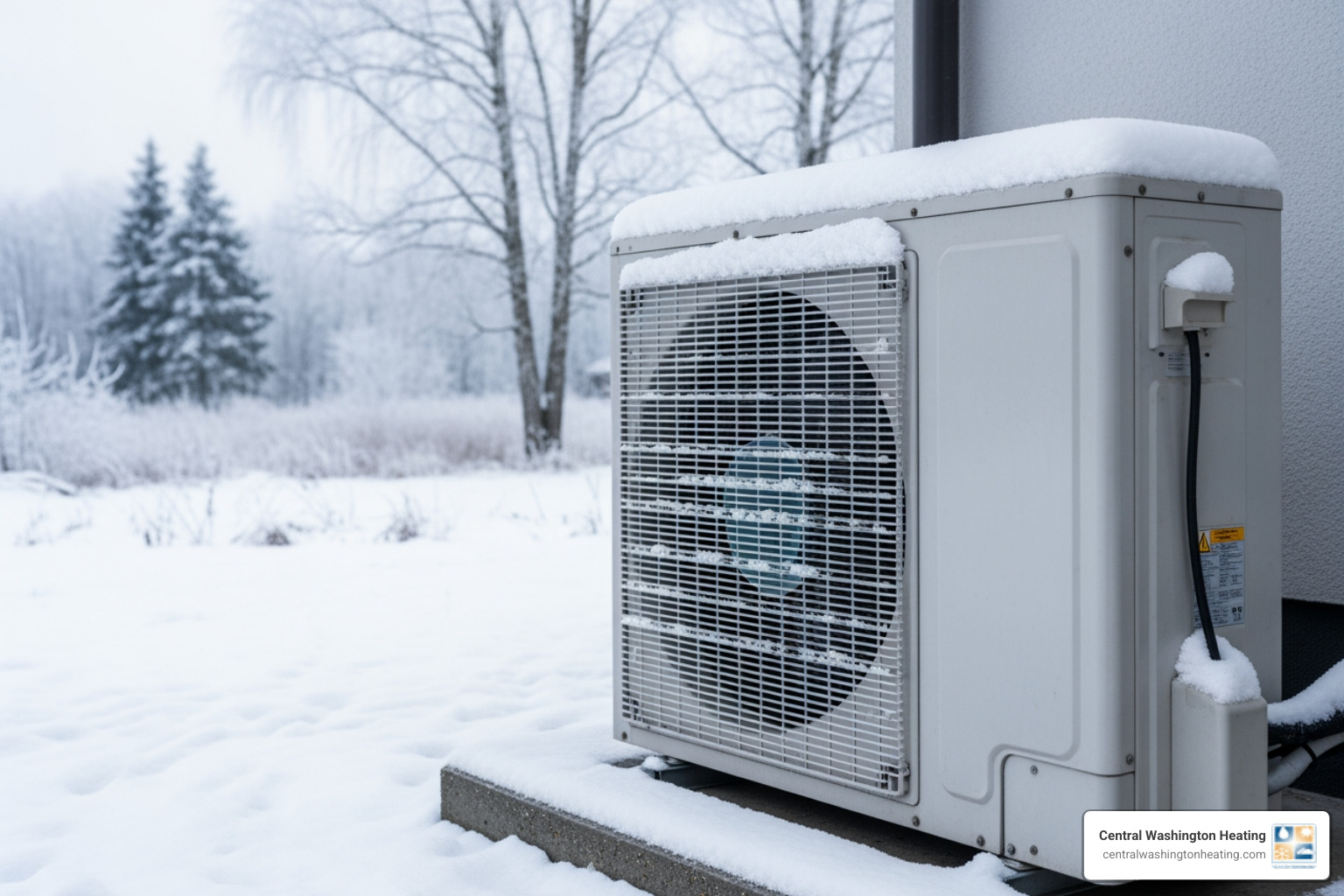
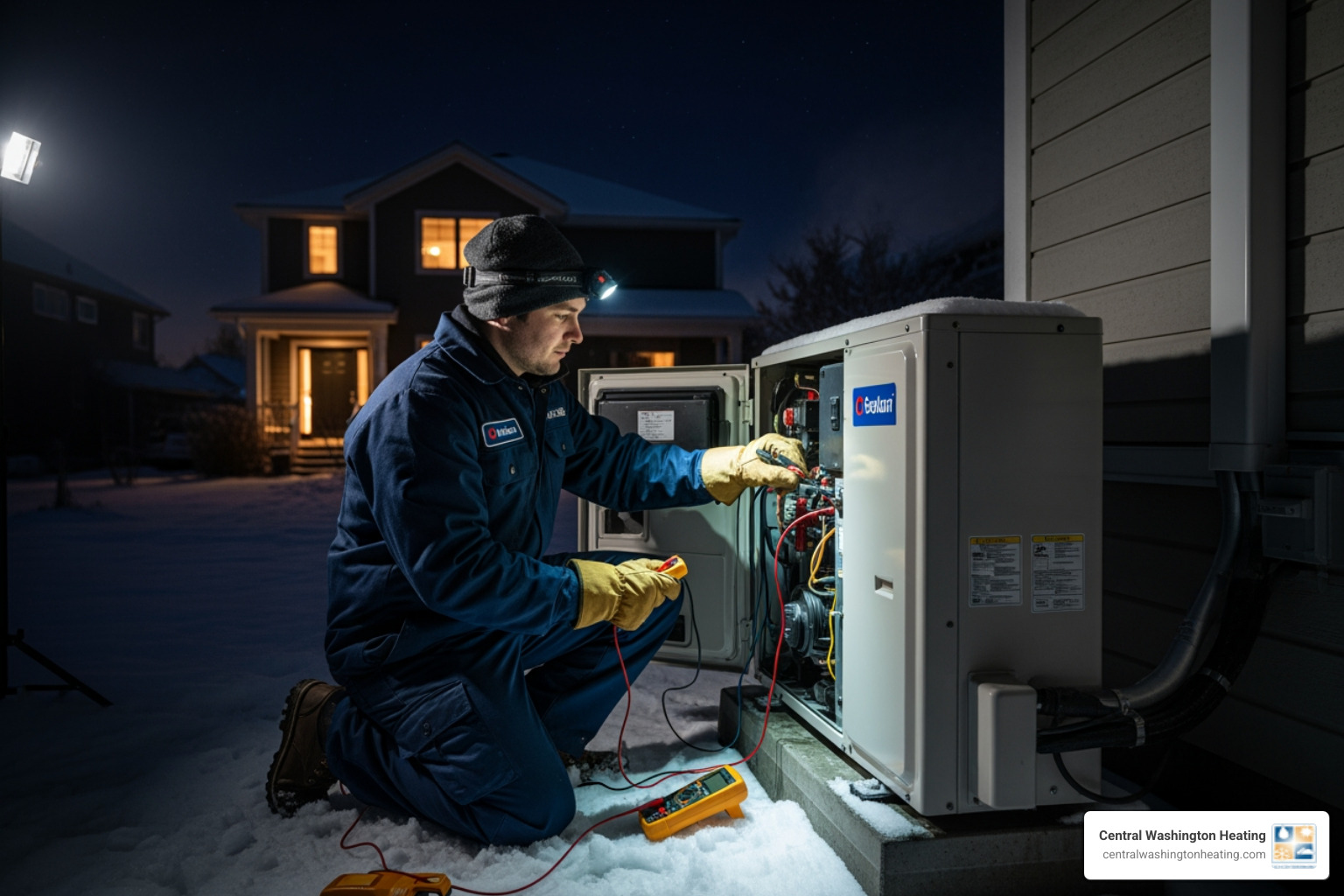

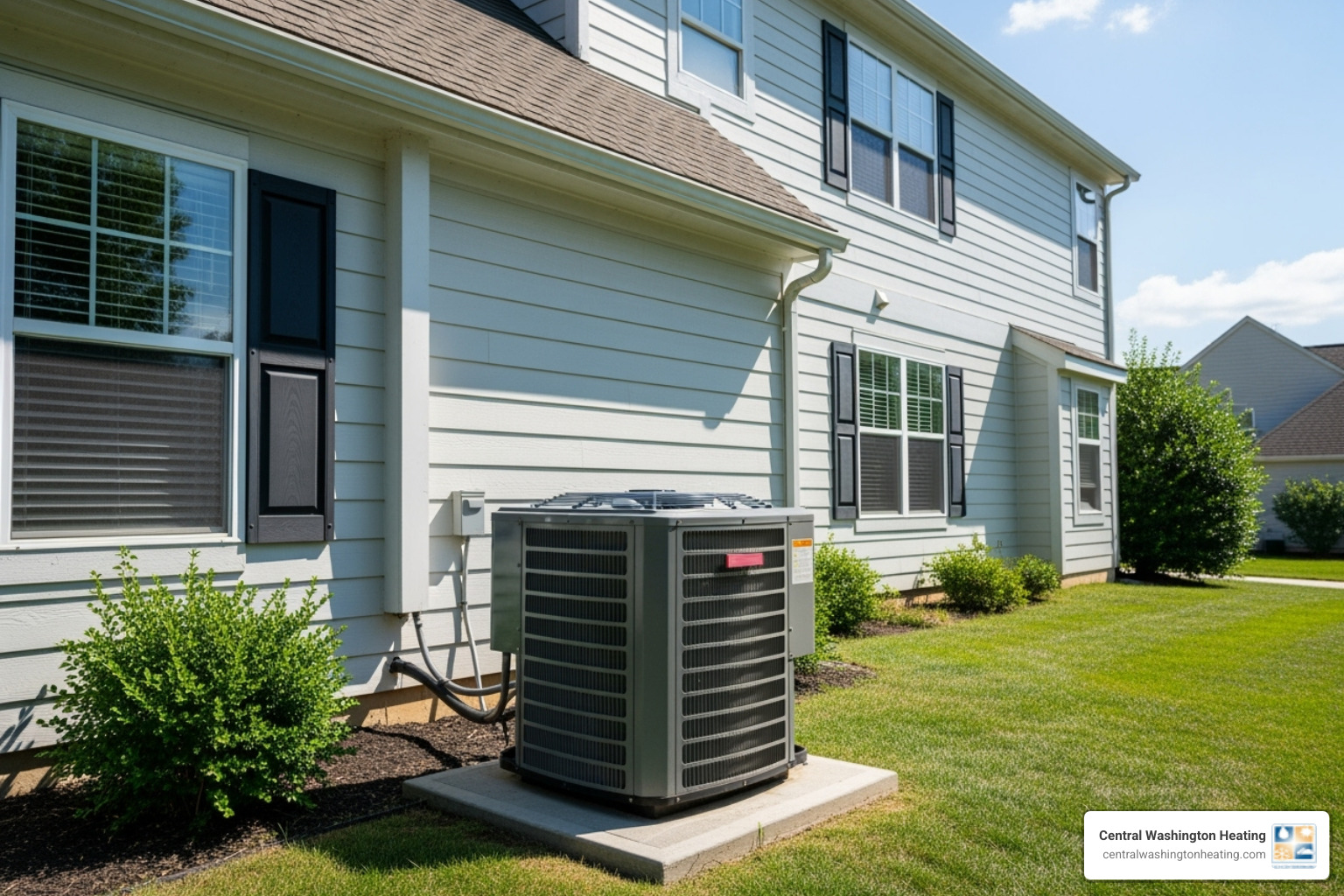

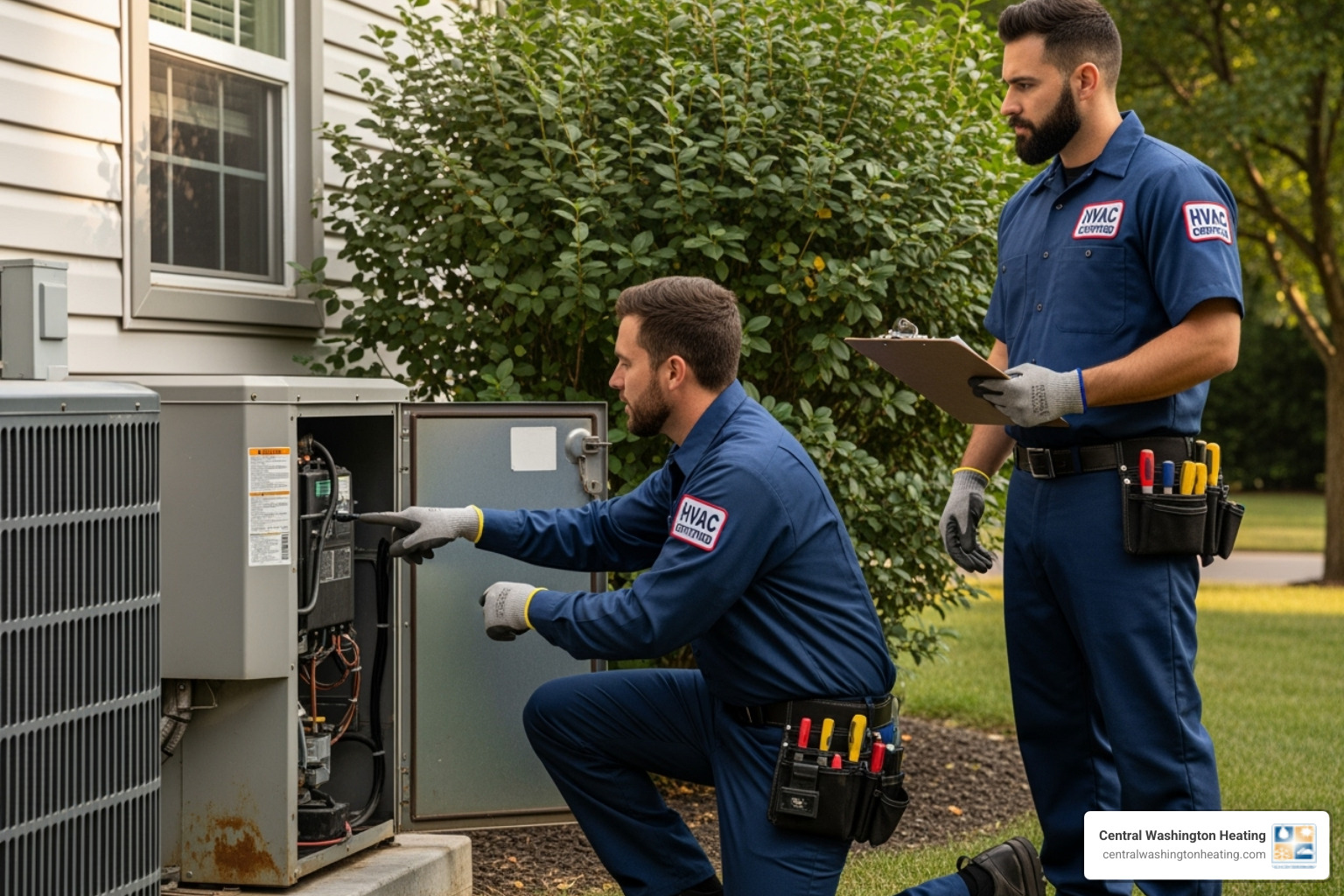
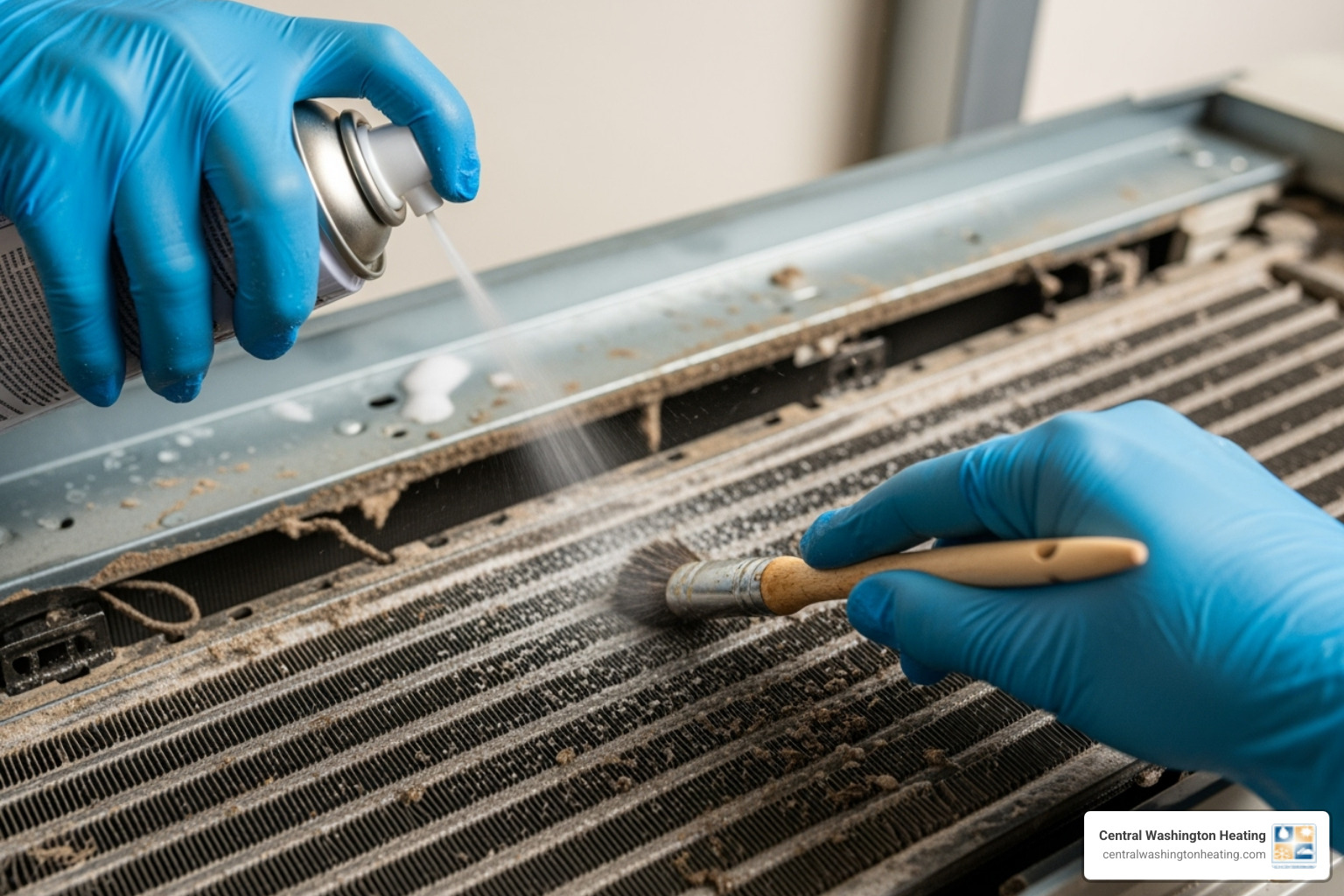
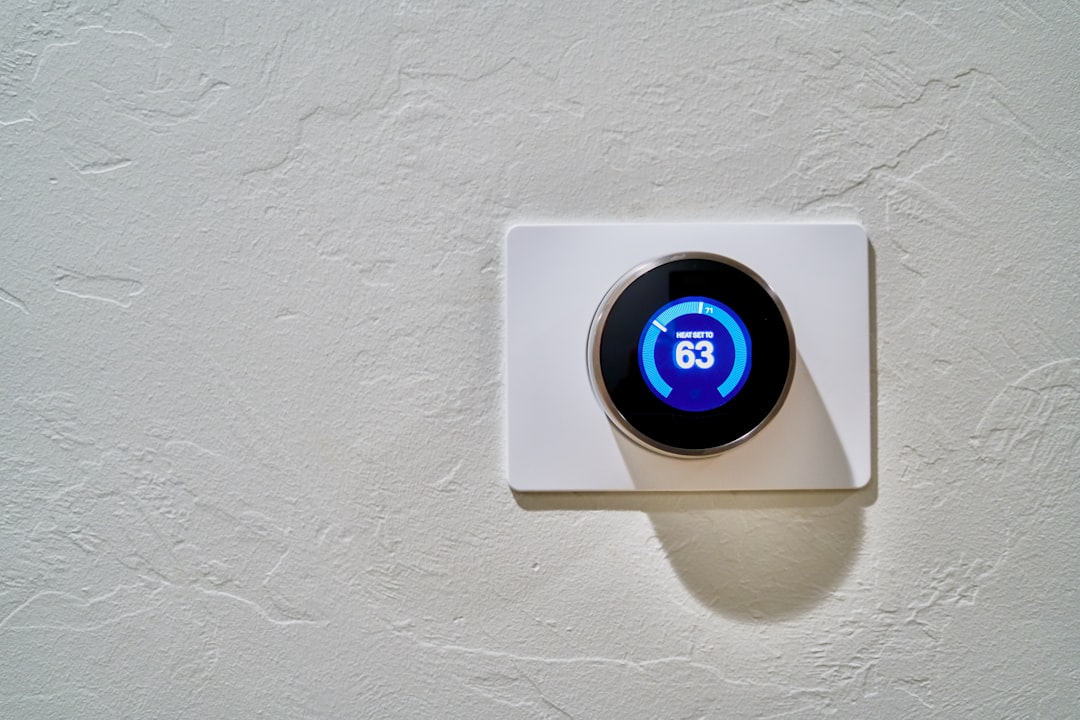

.svg)


.svg)





